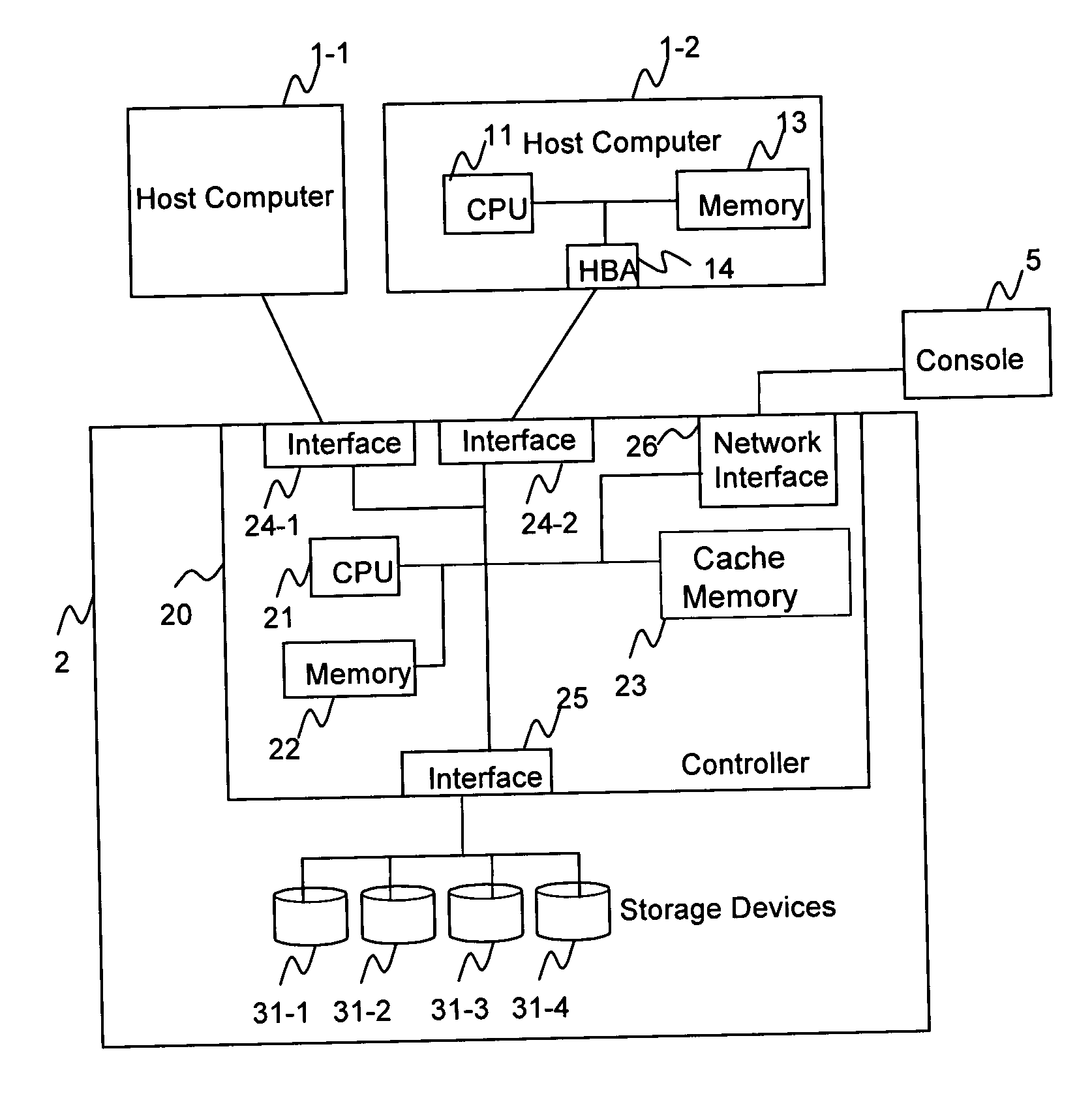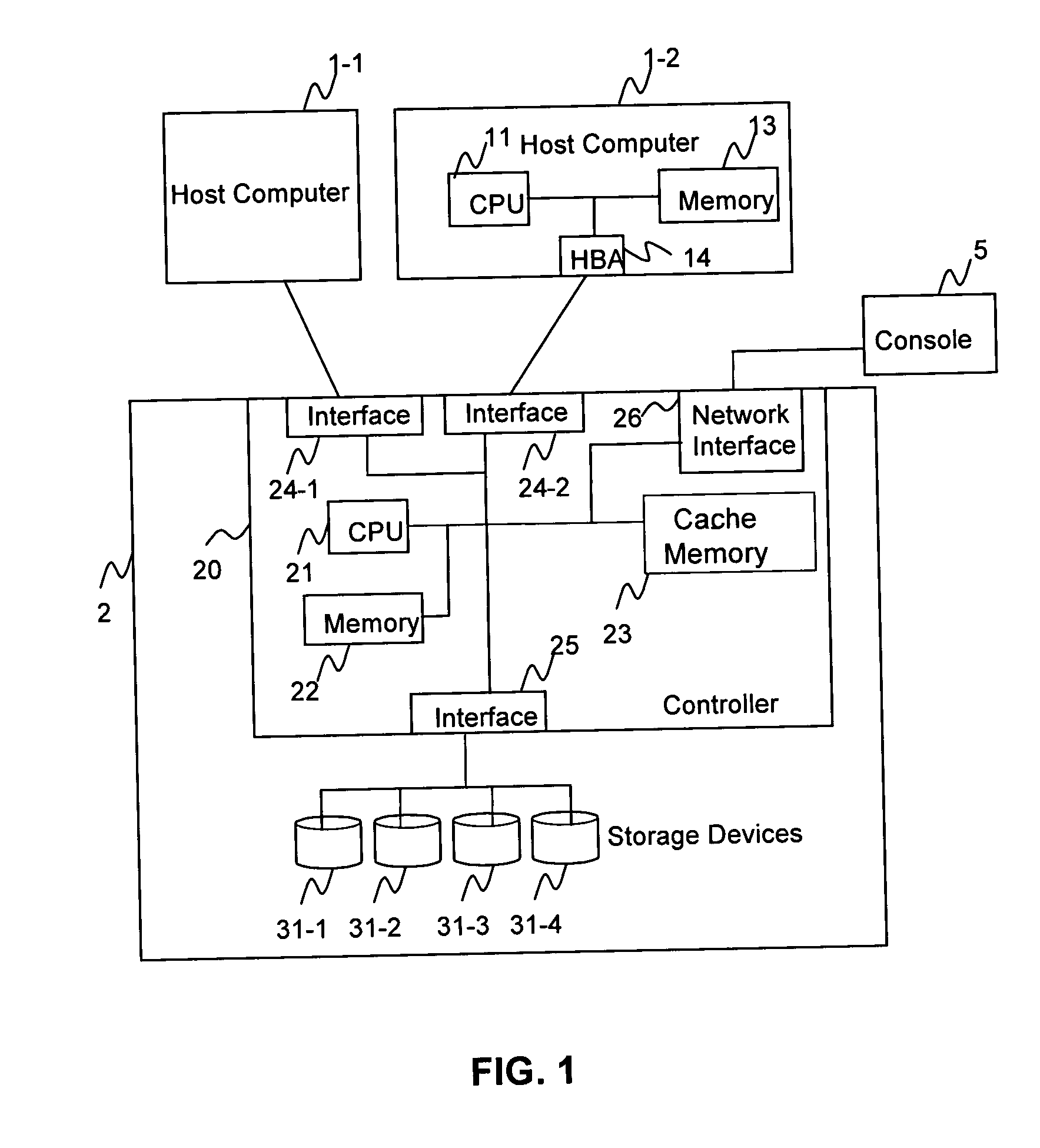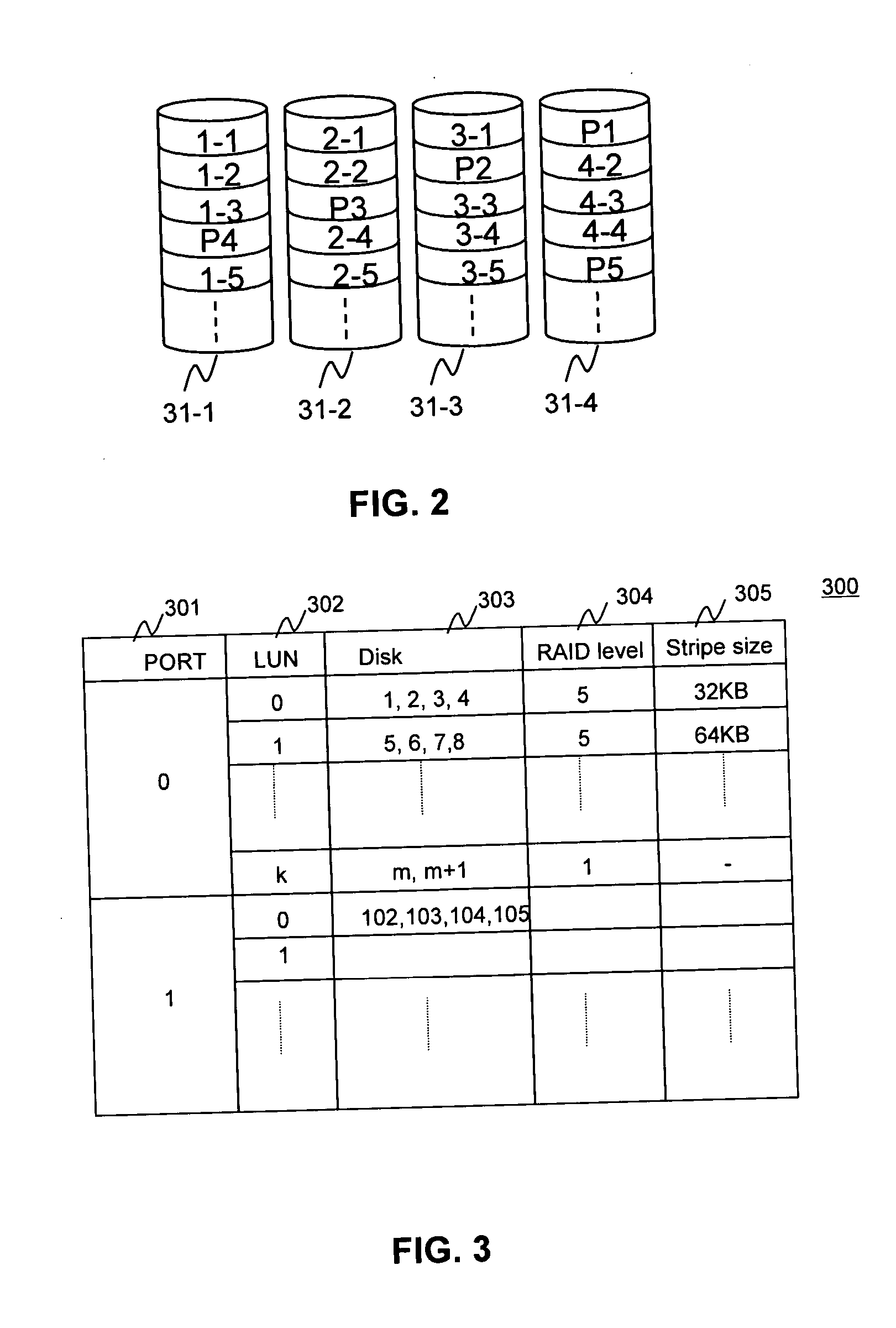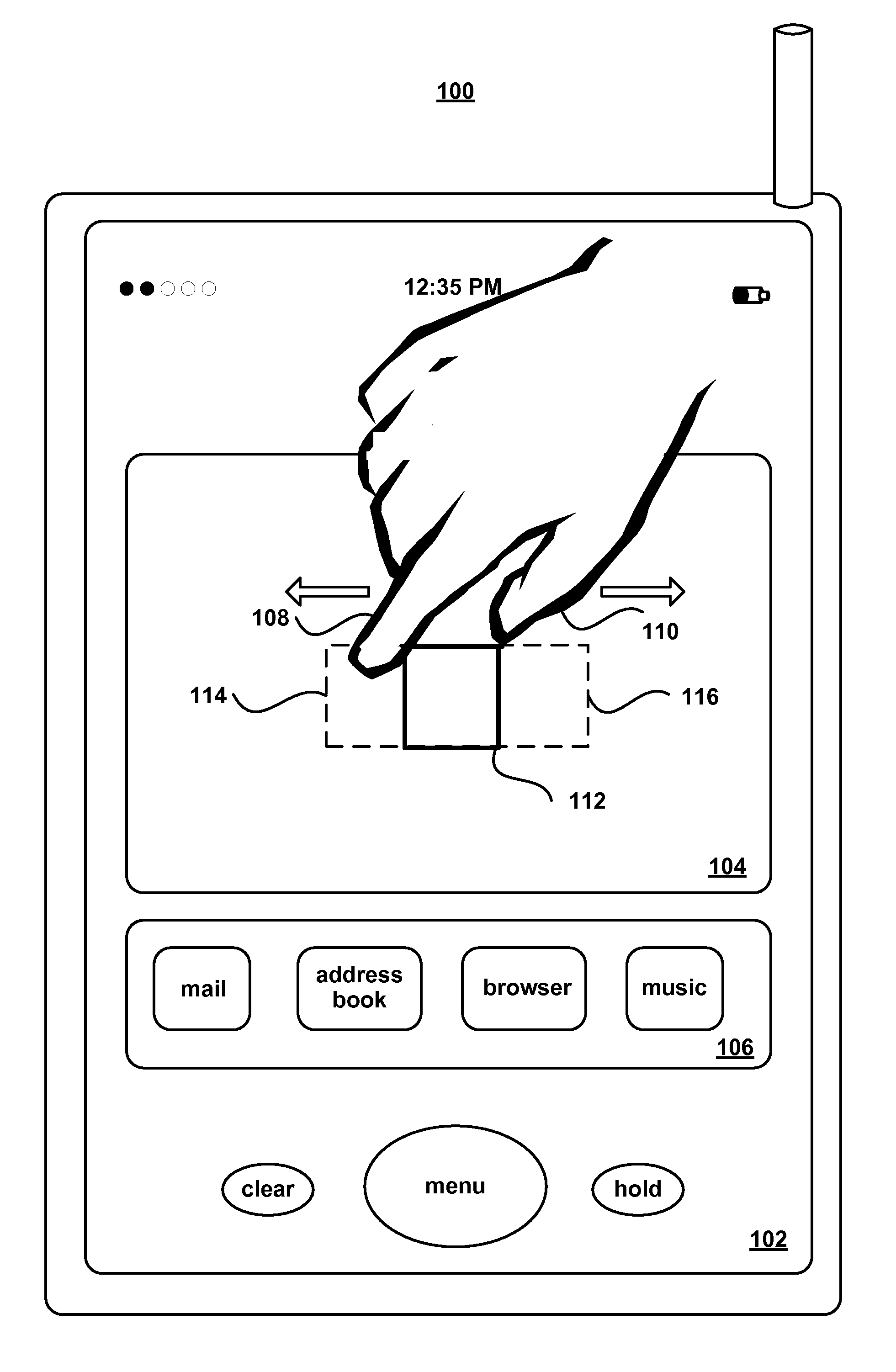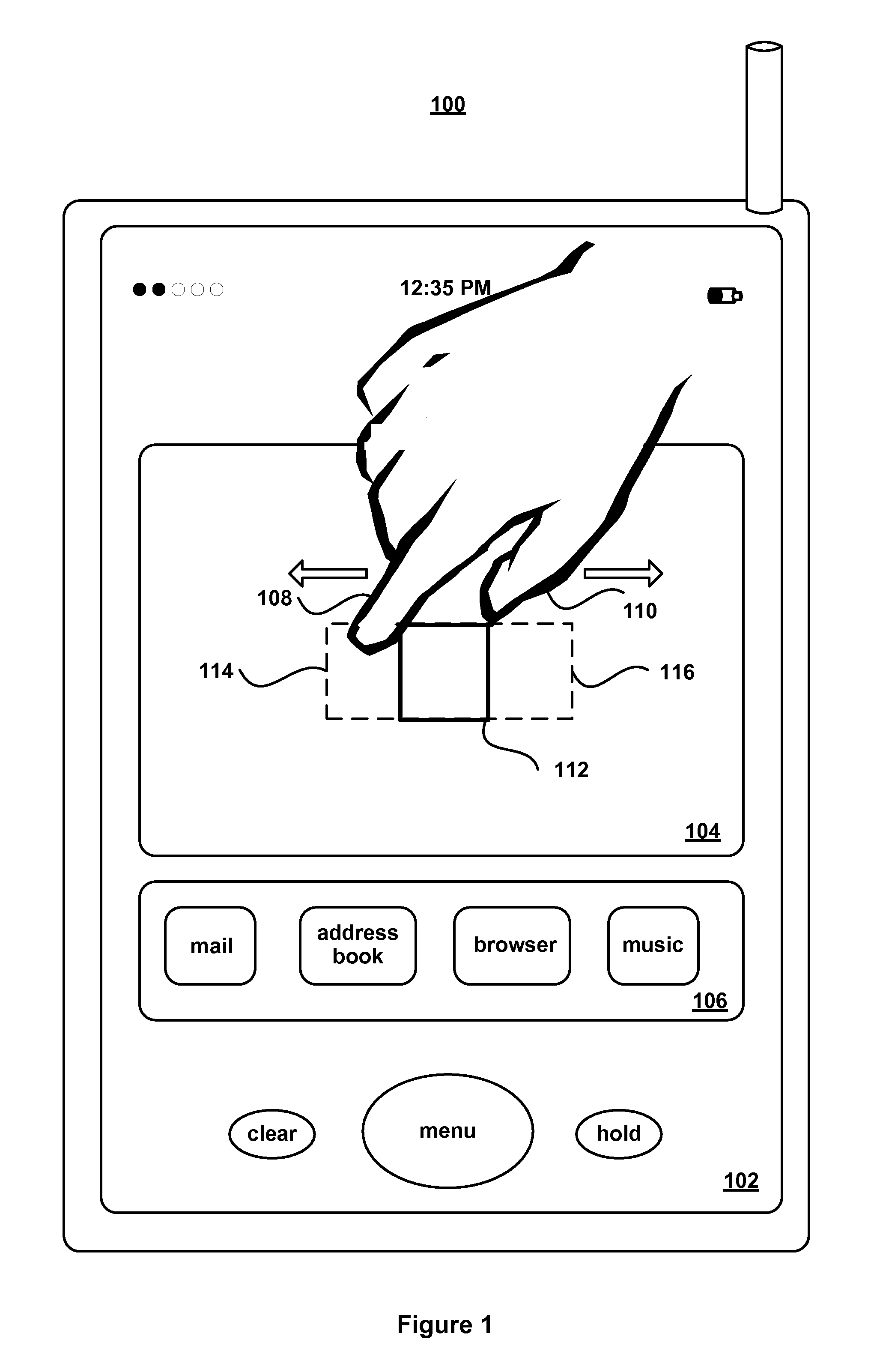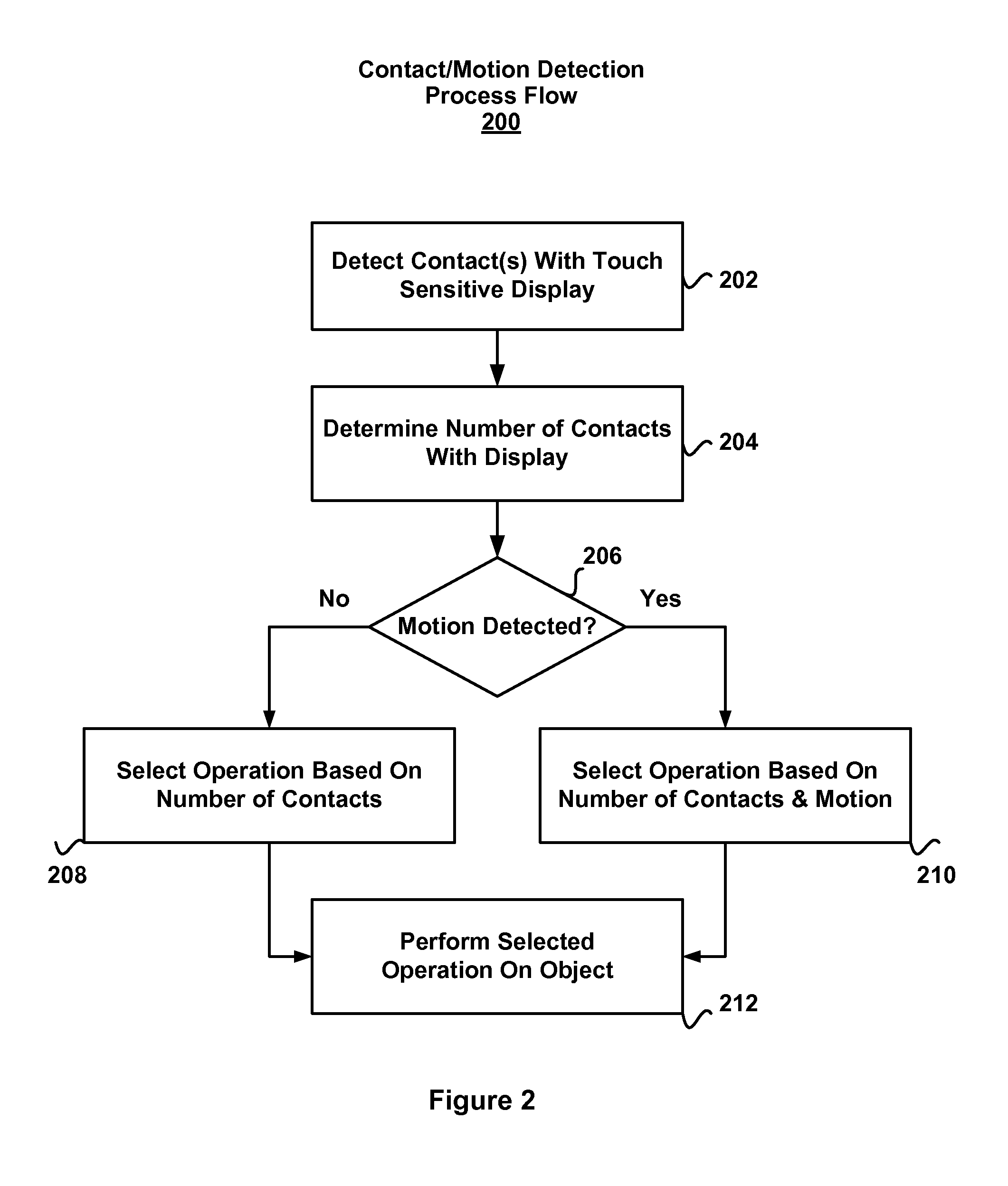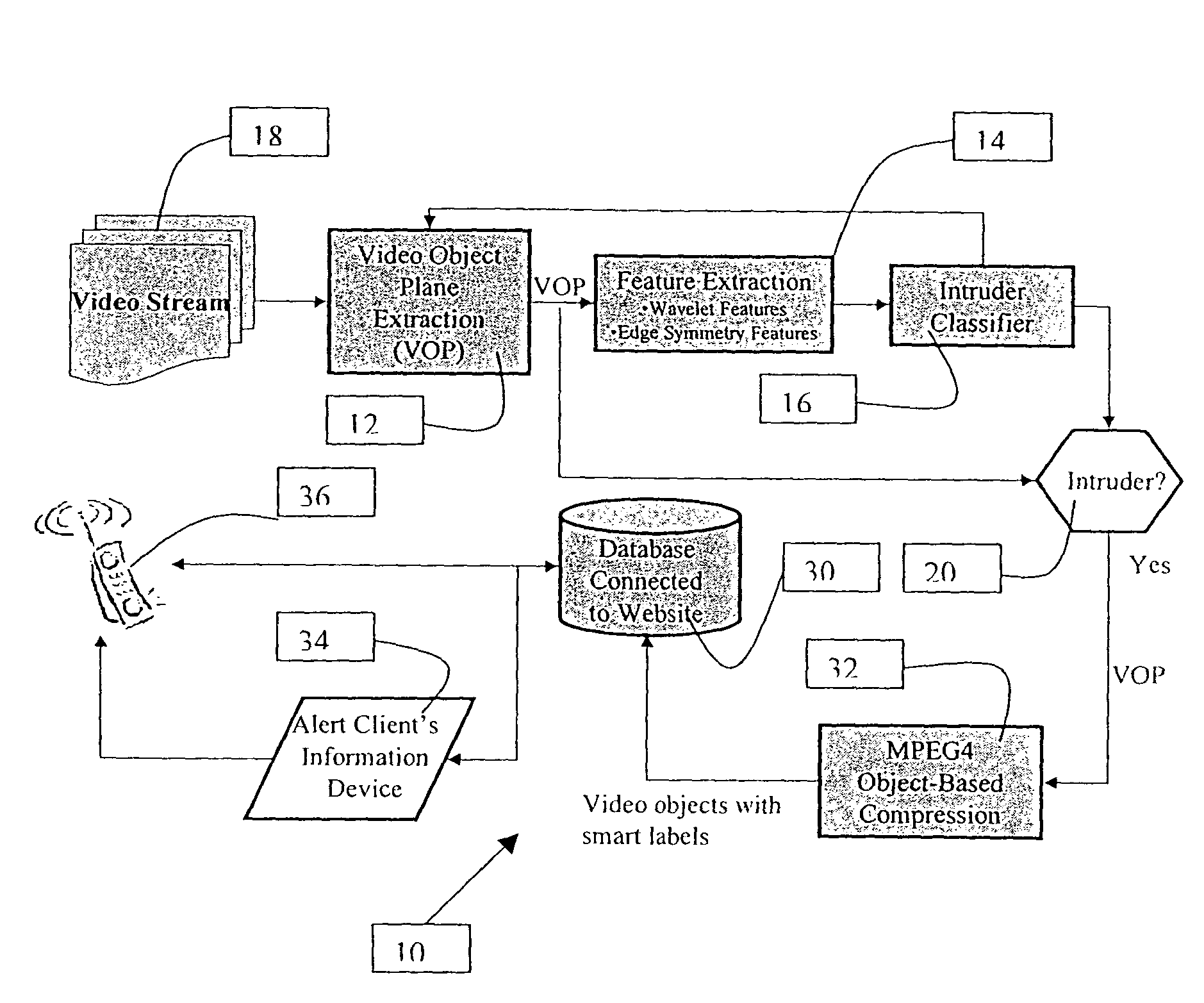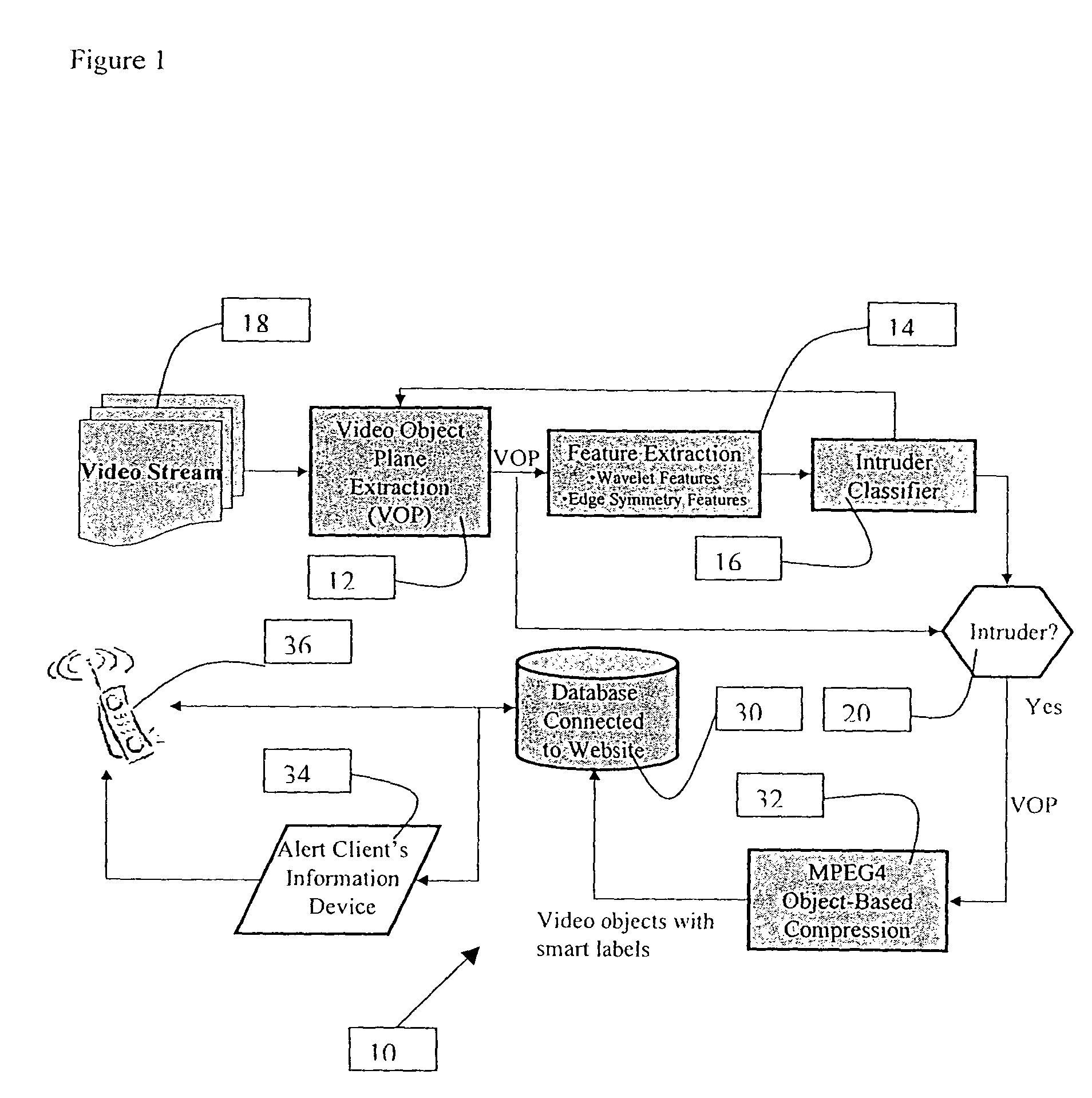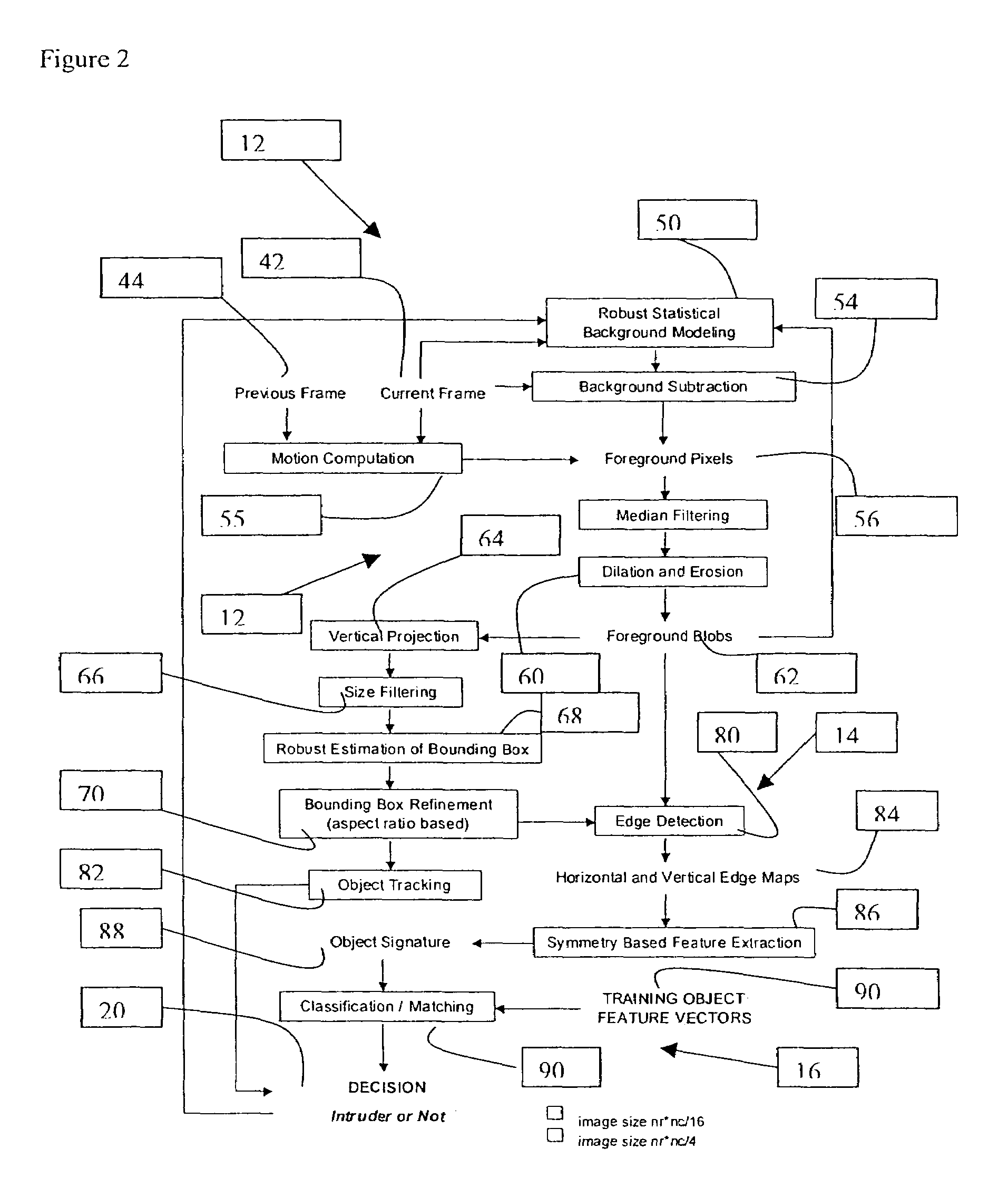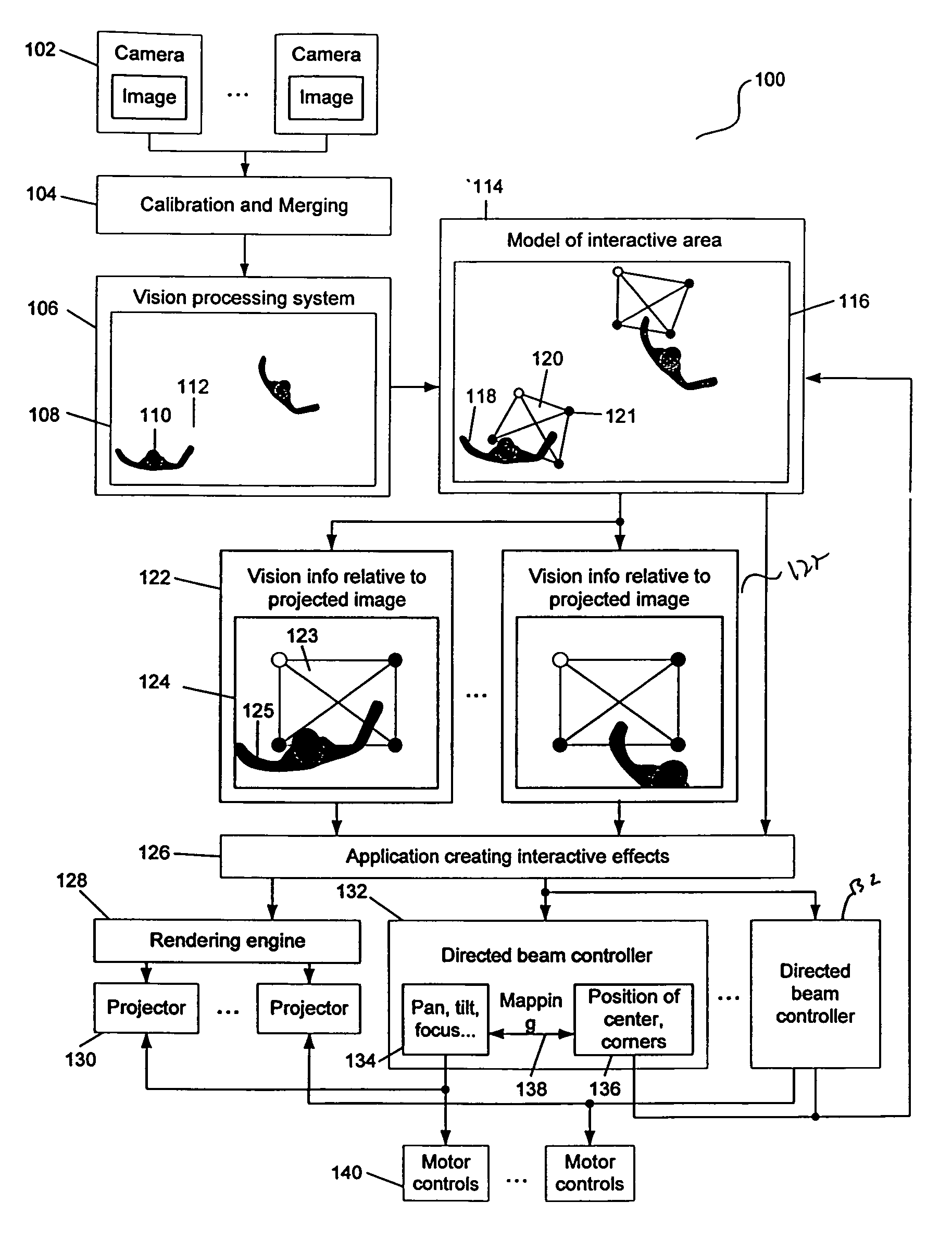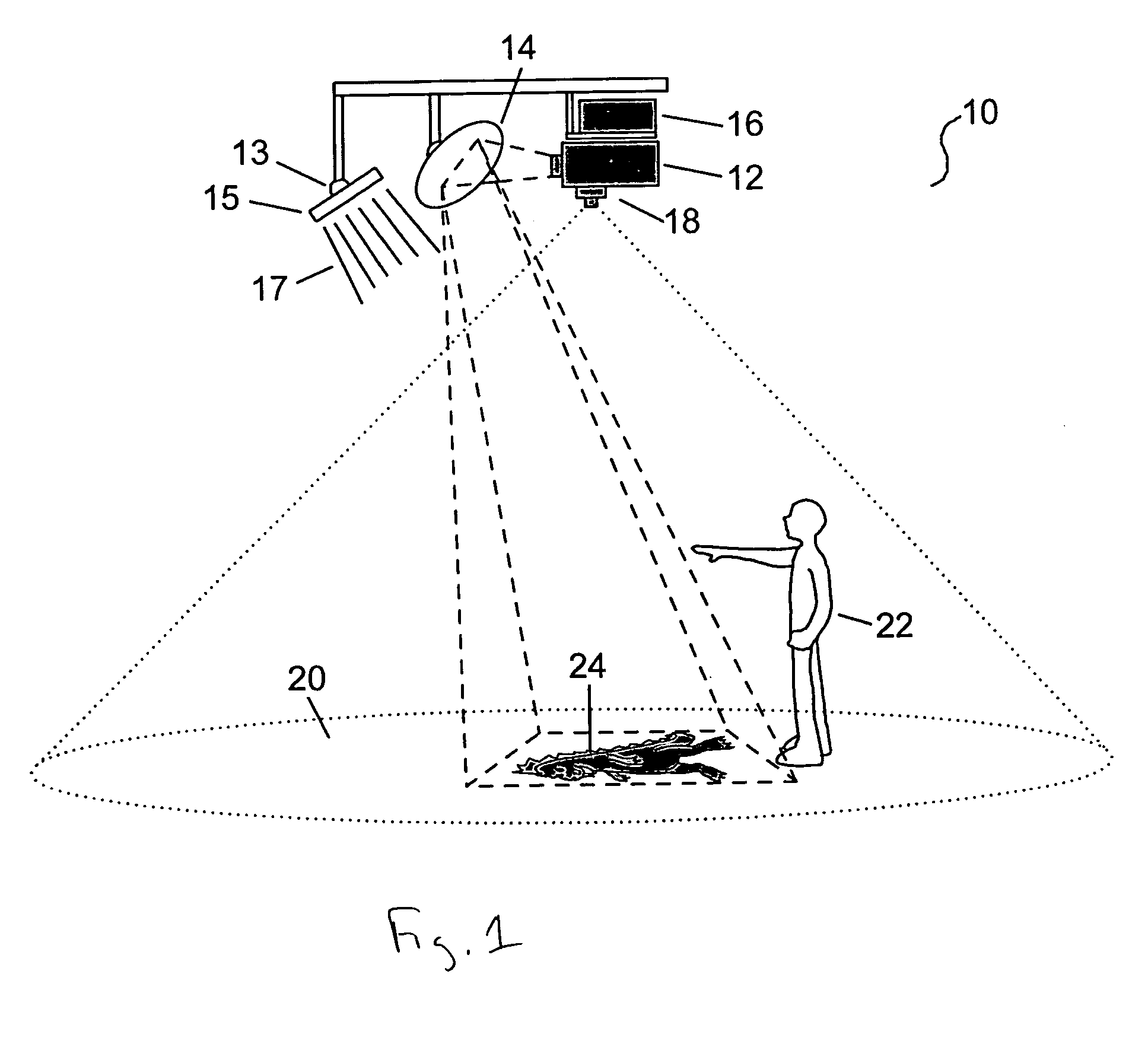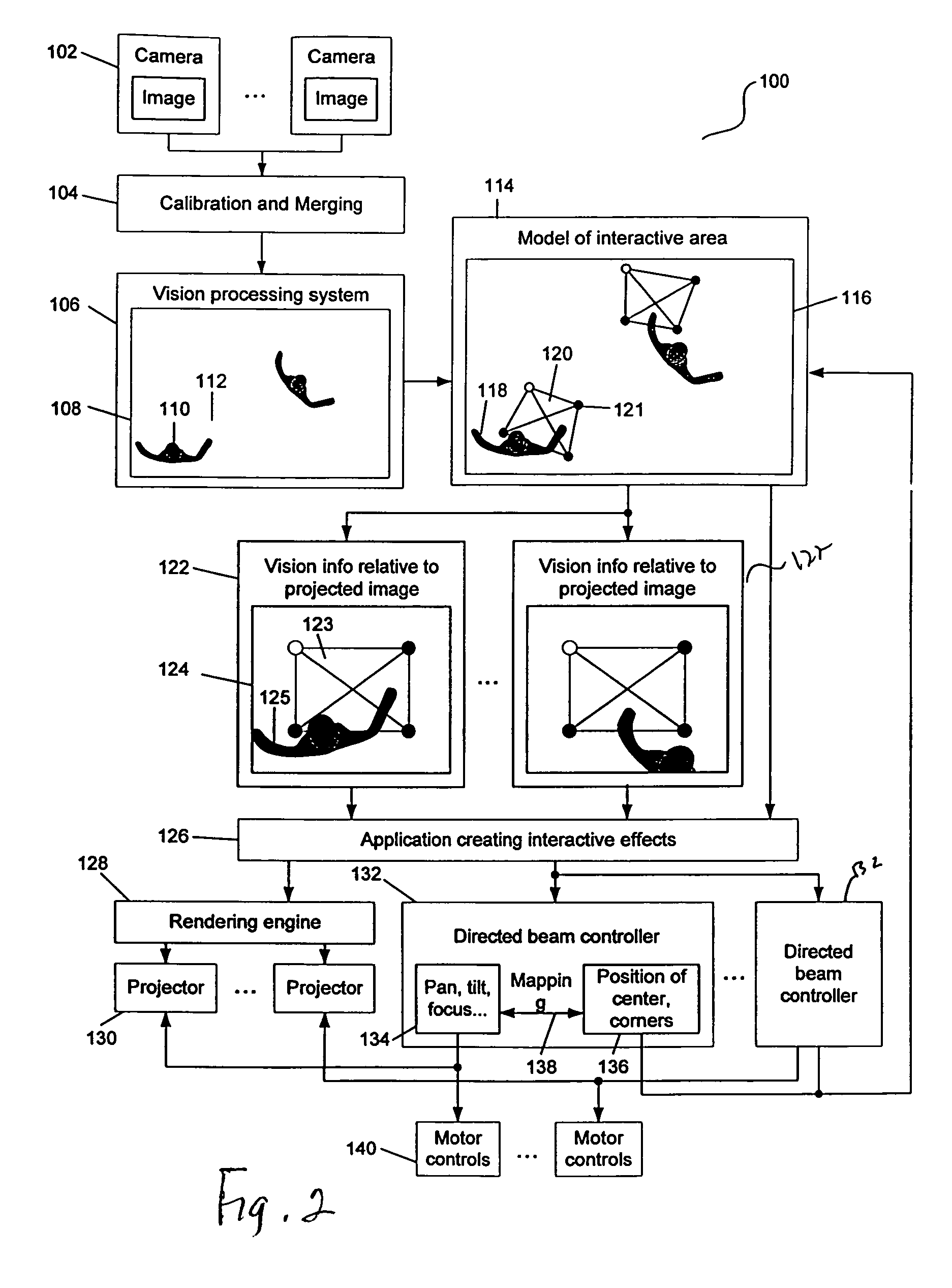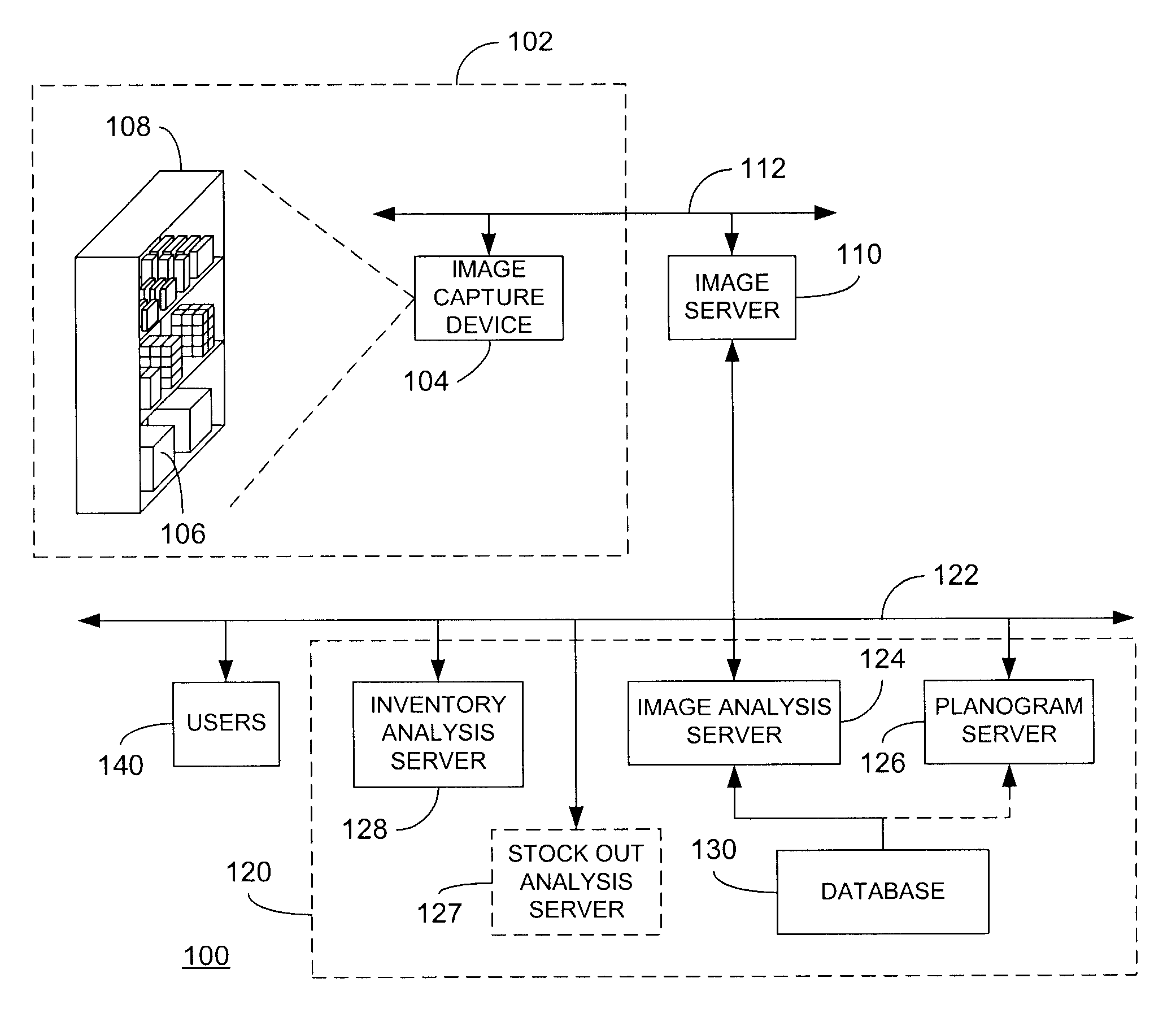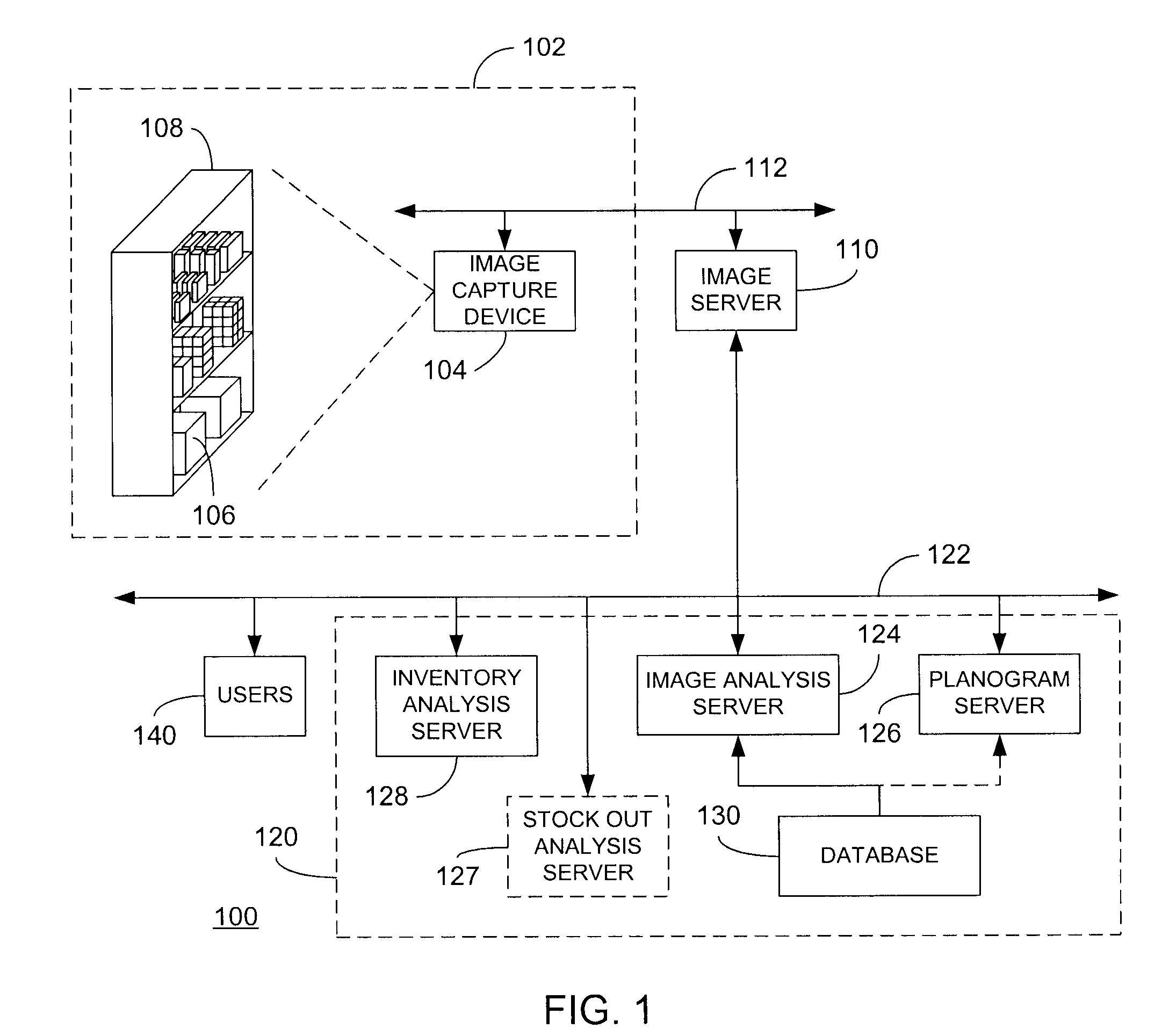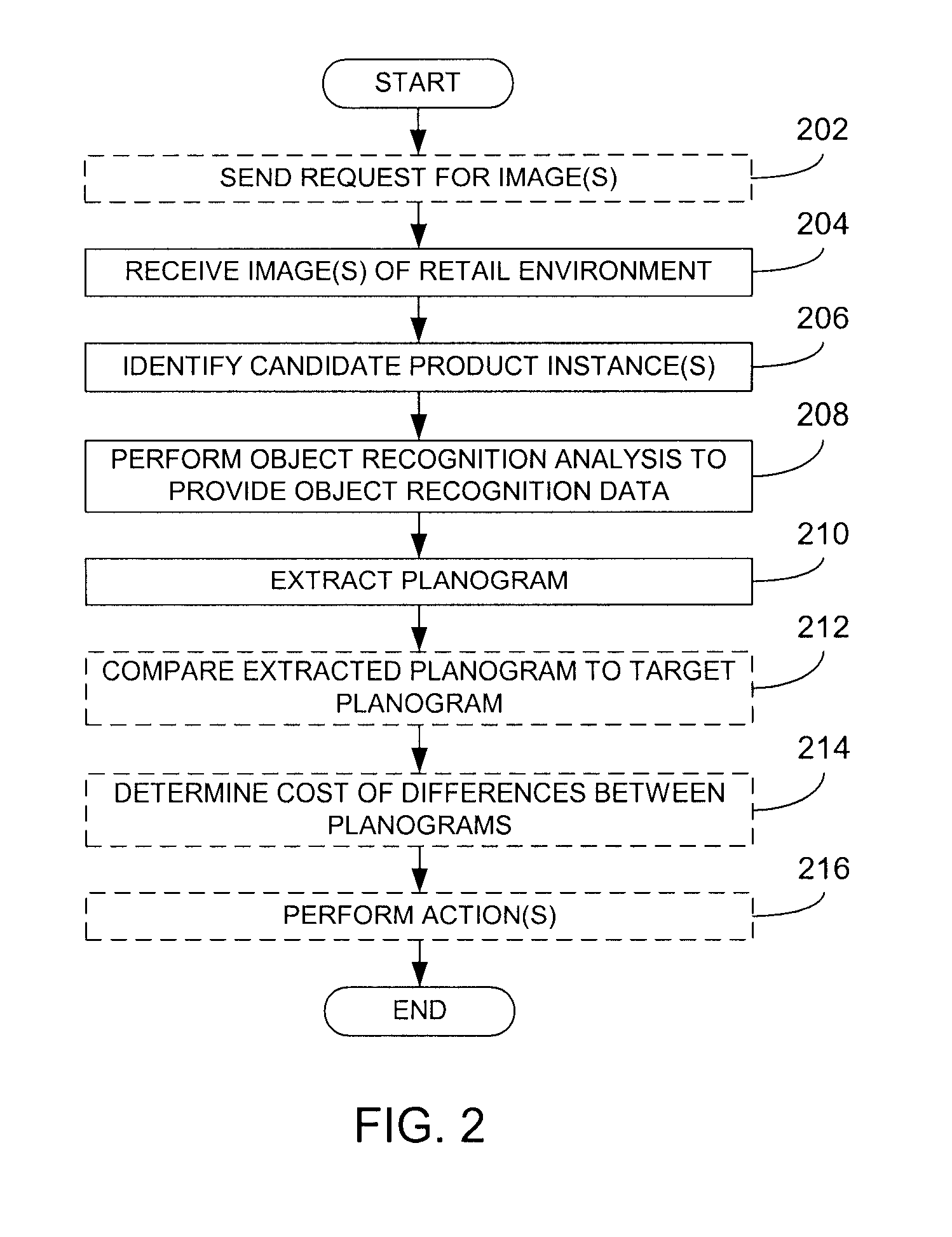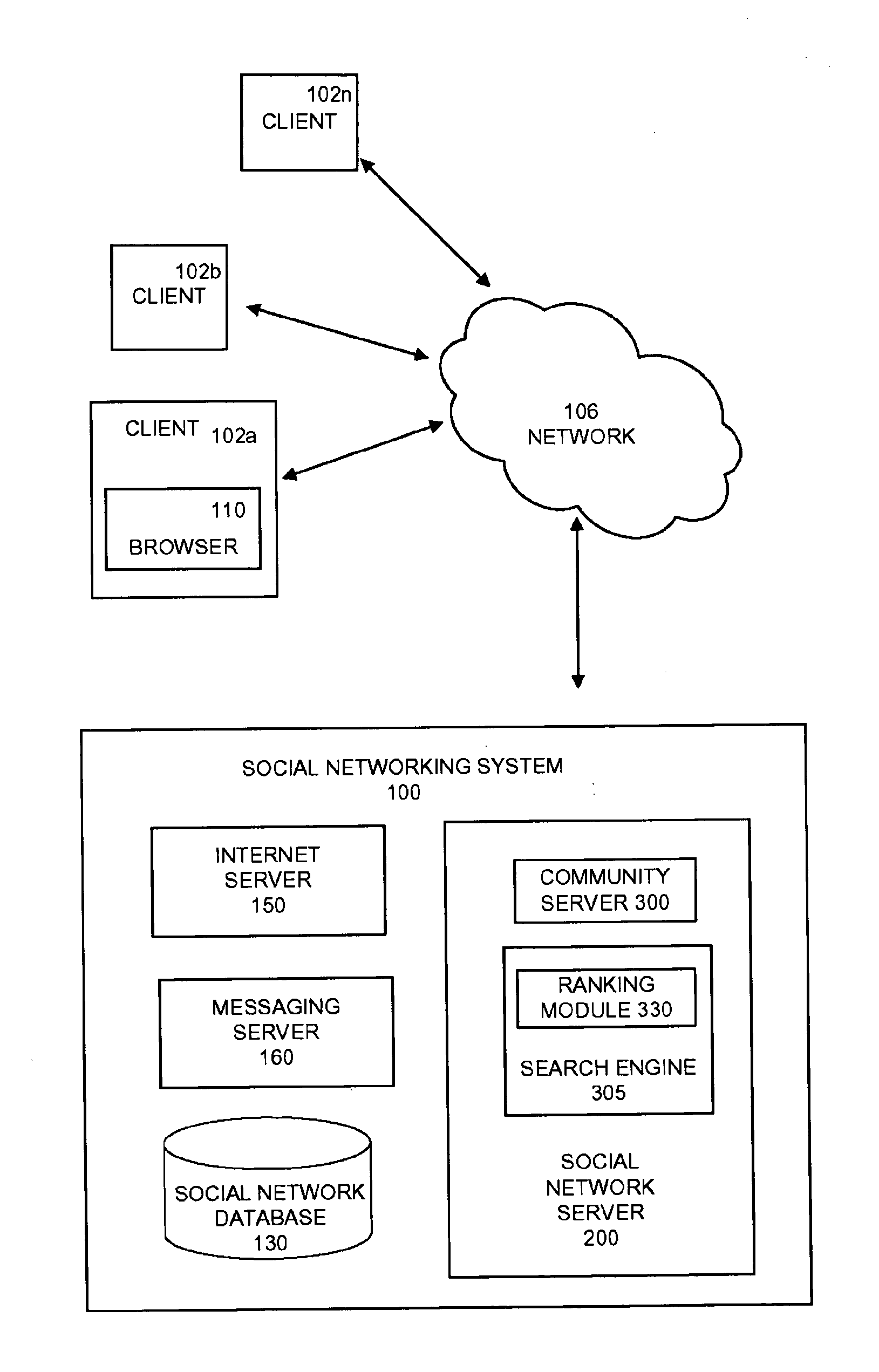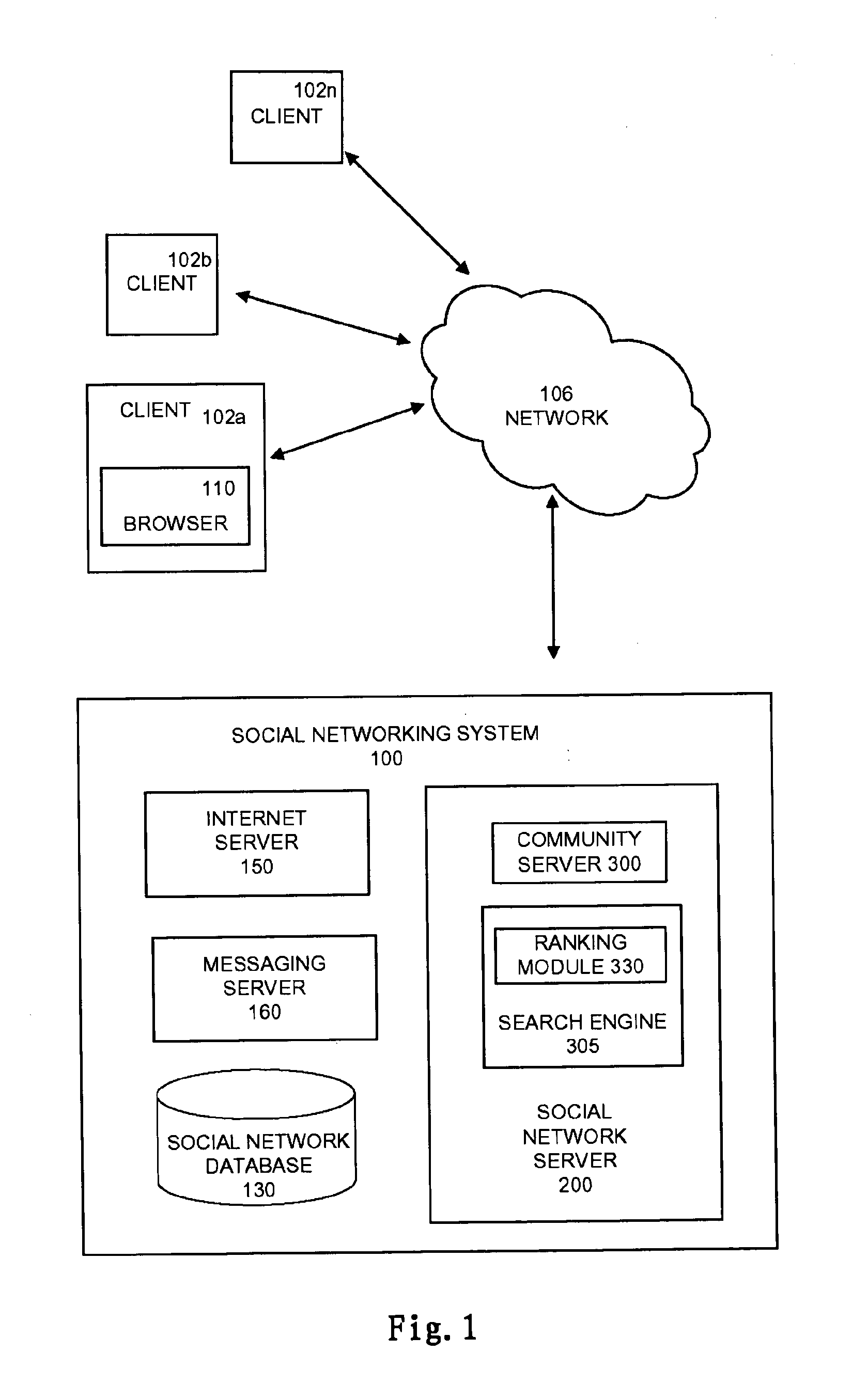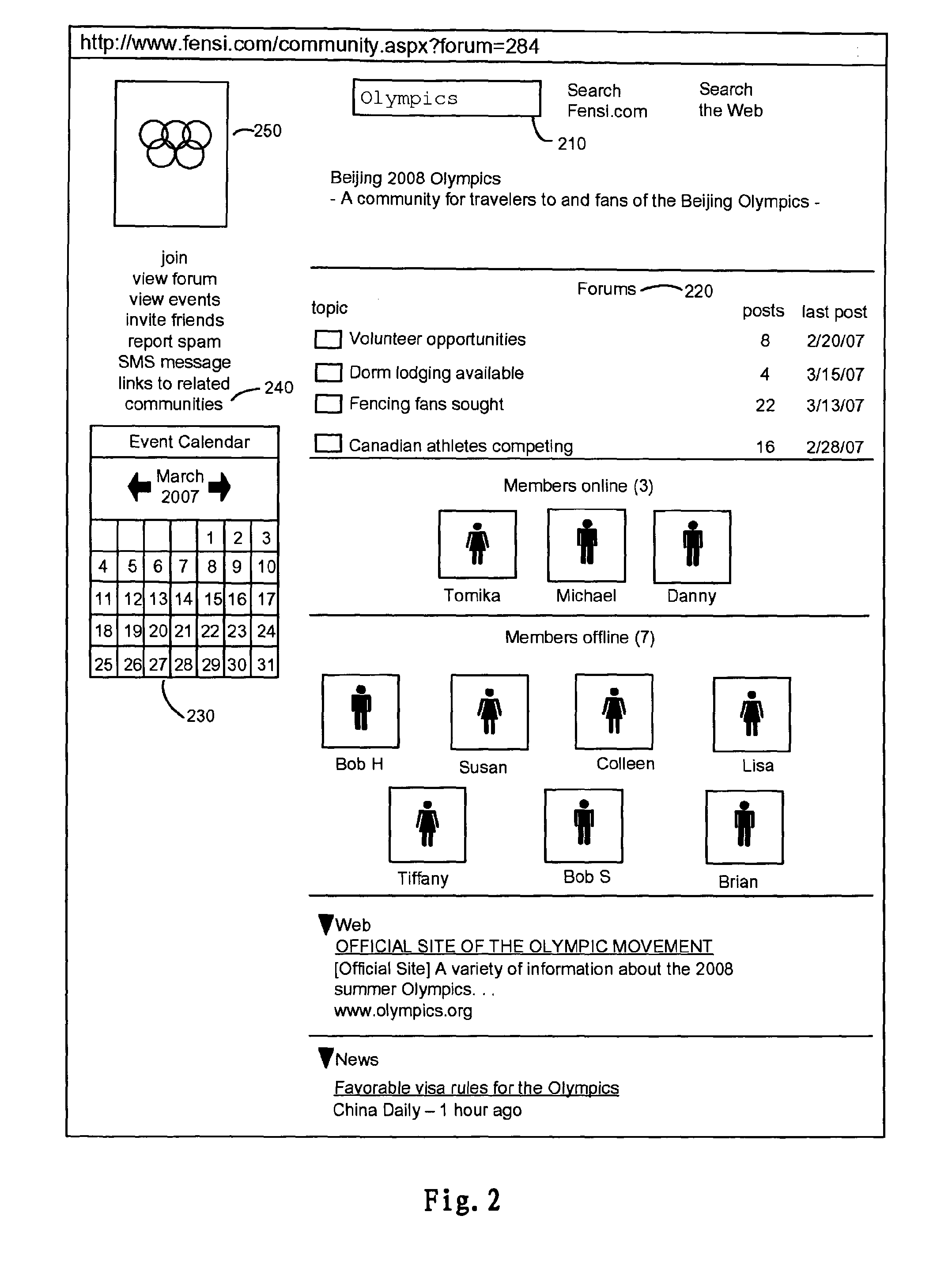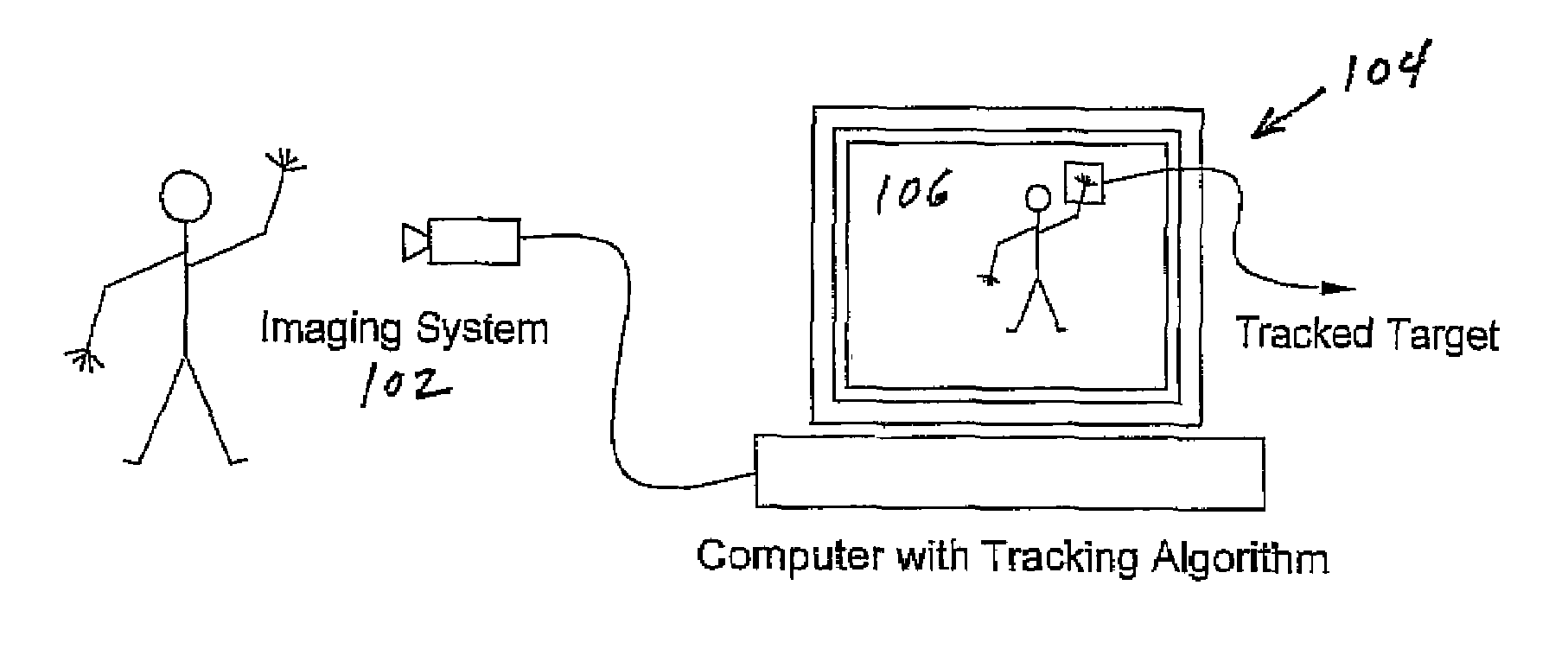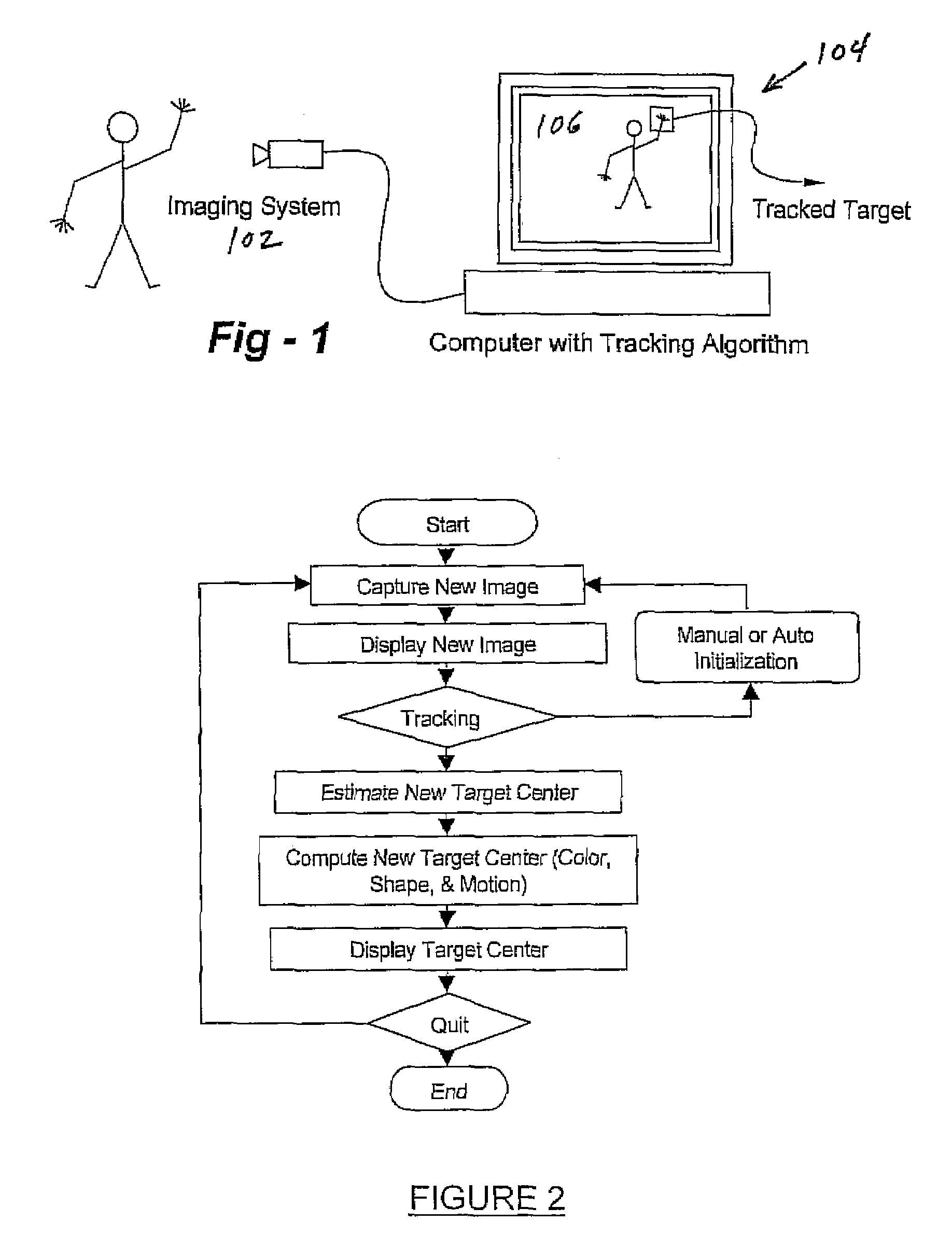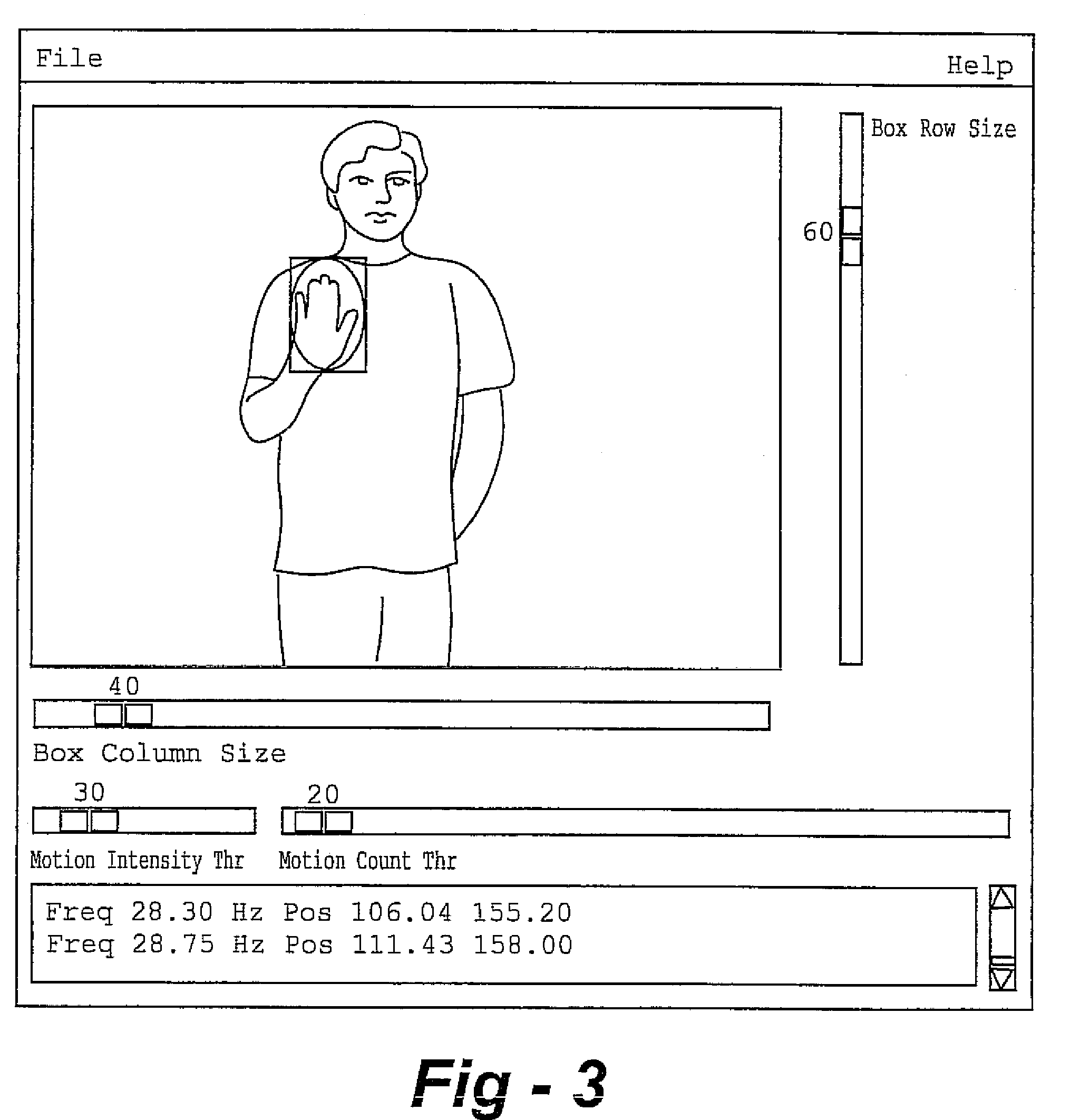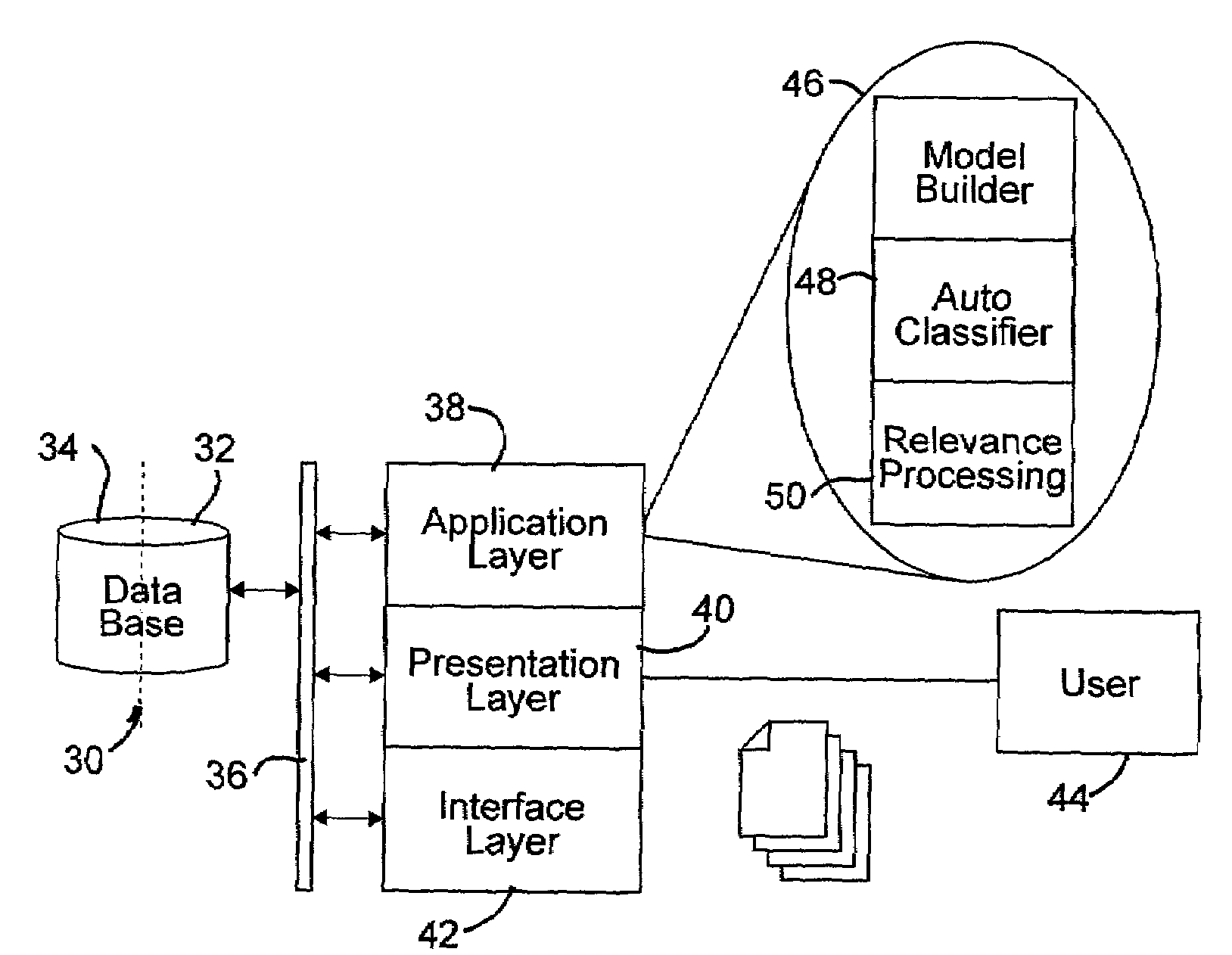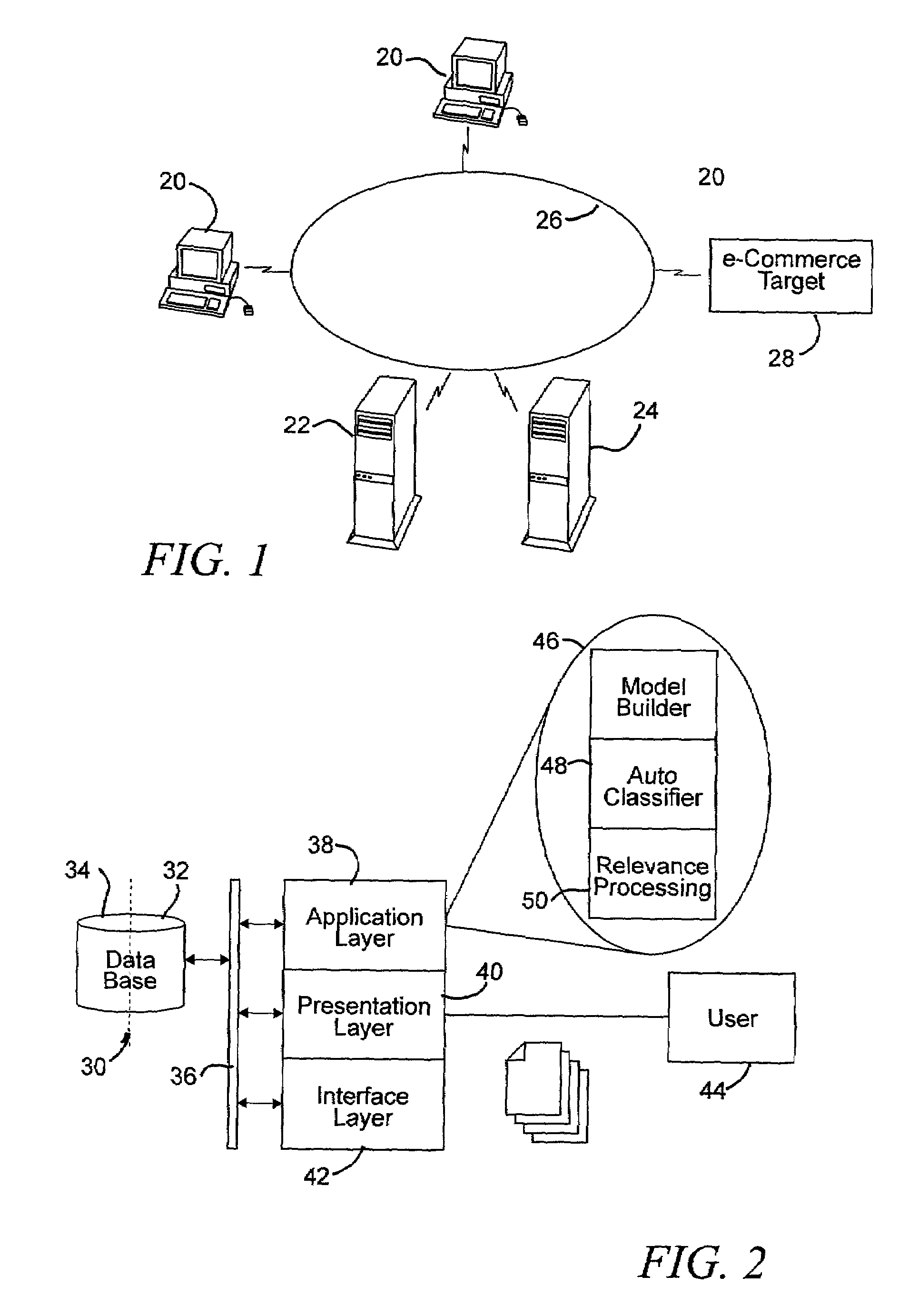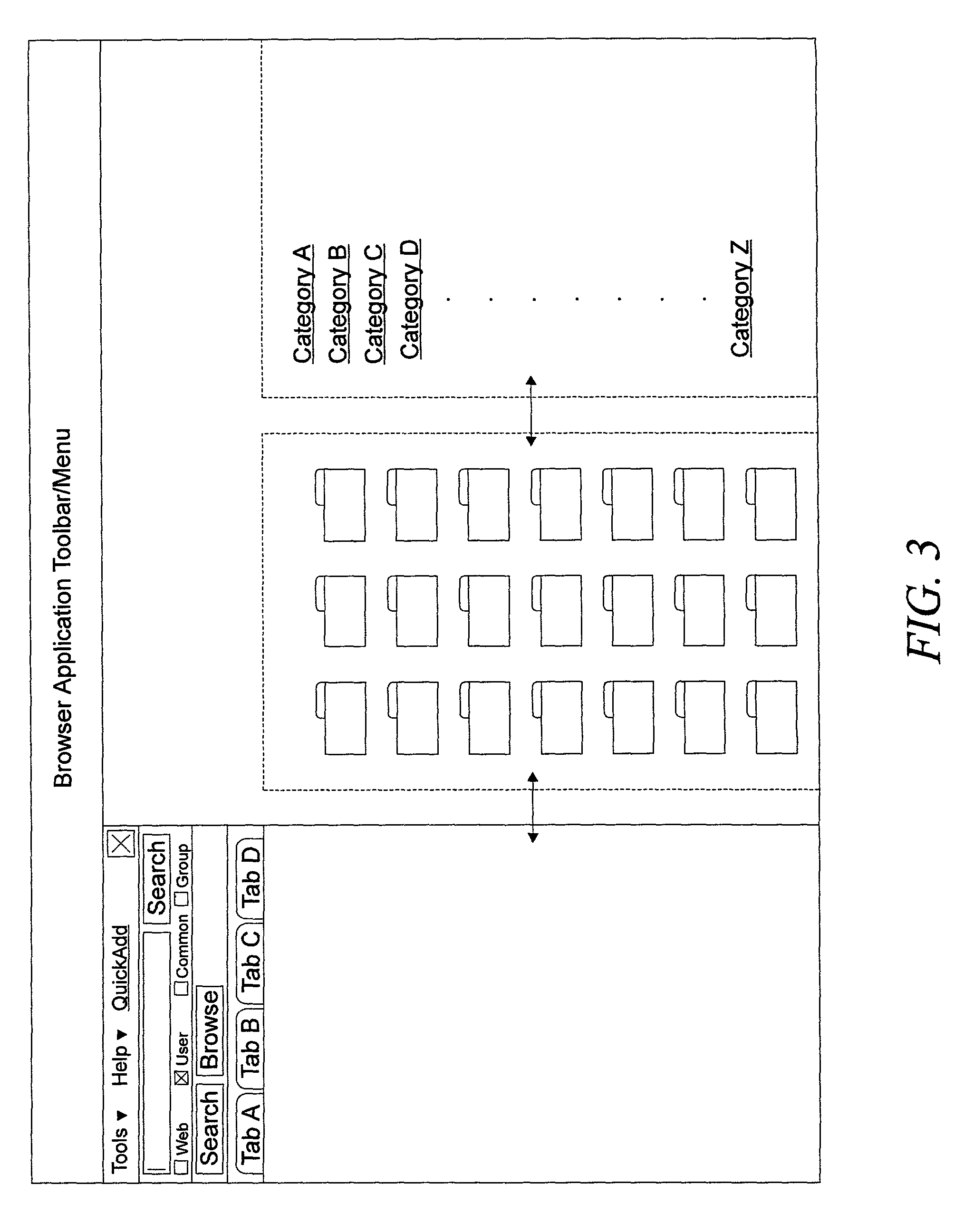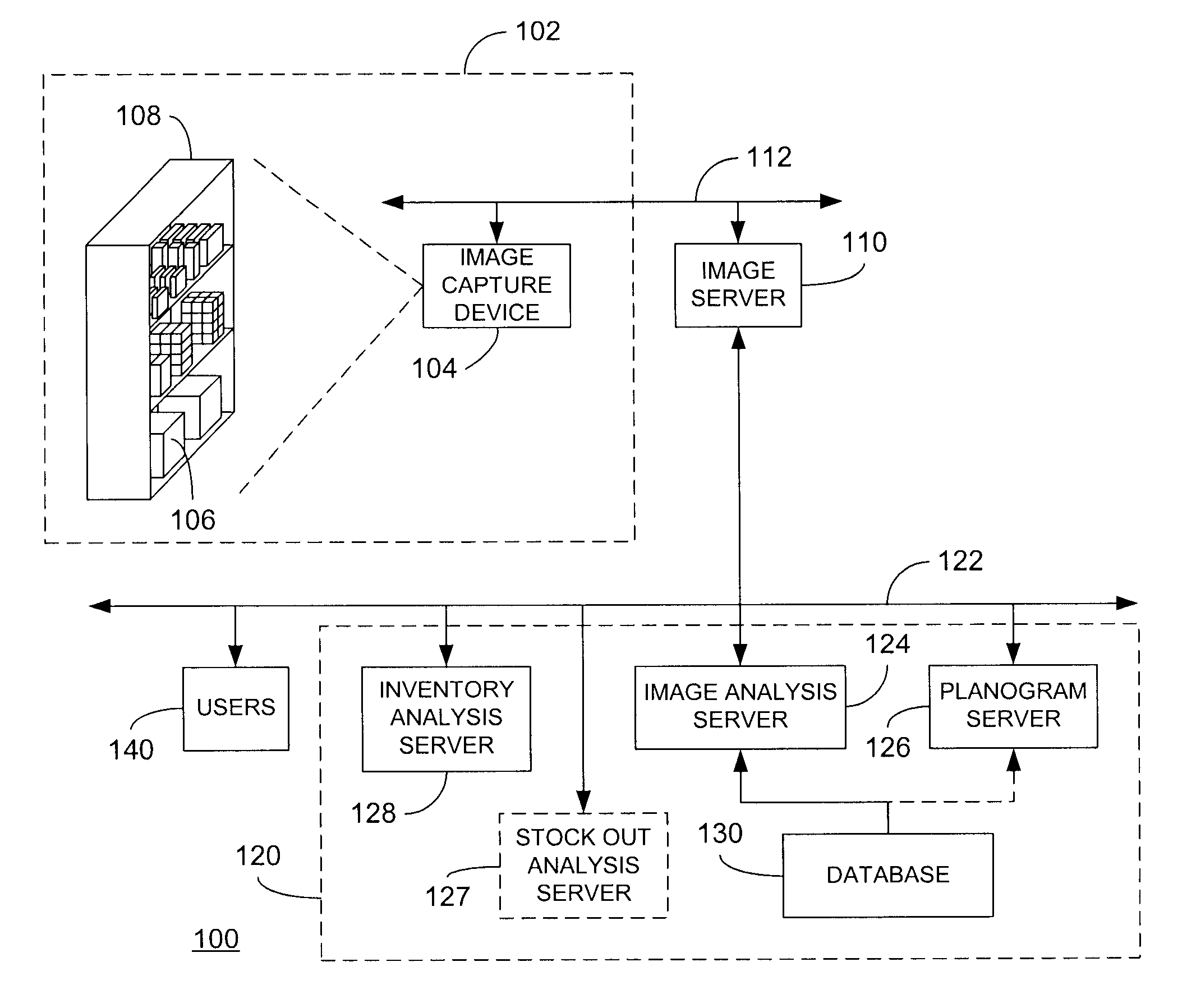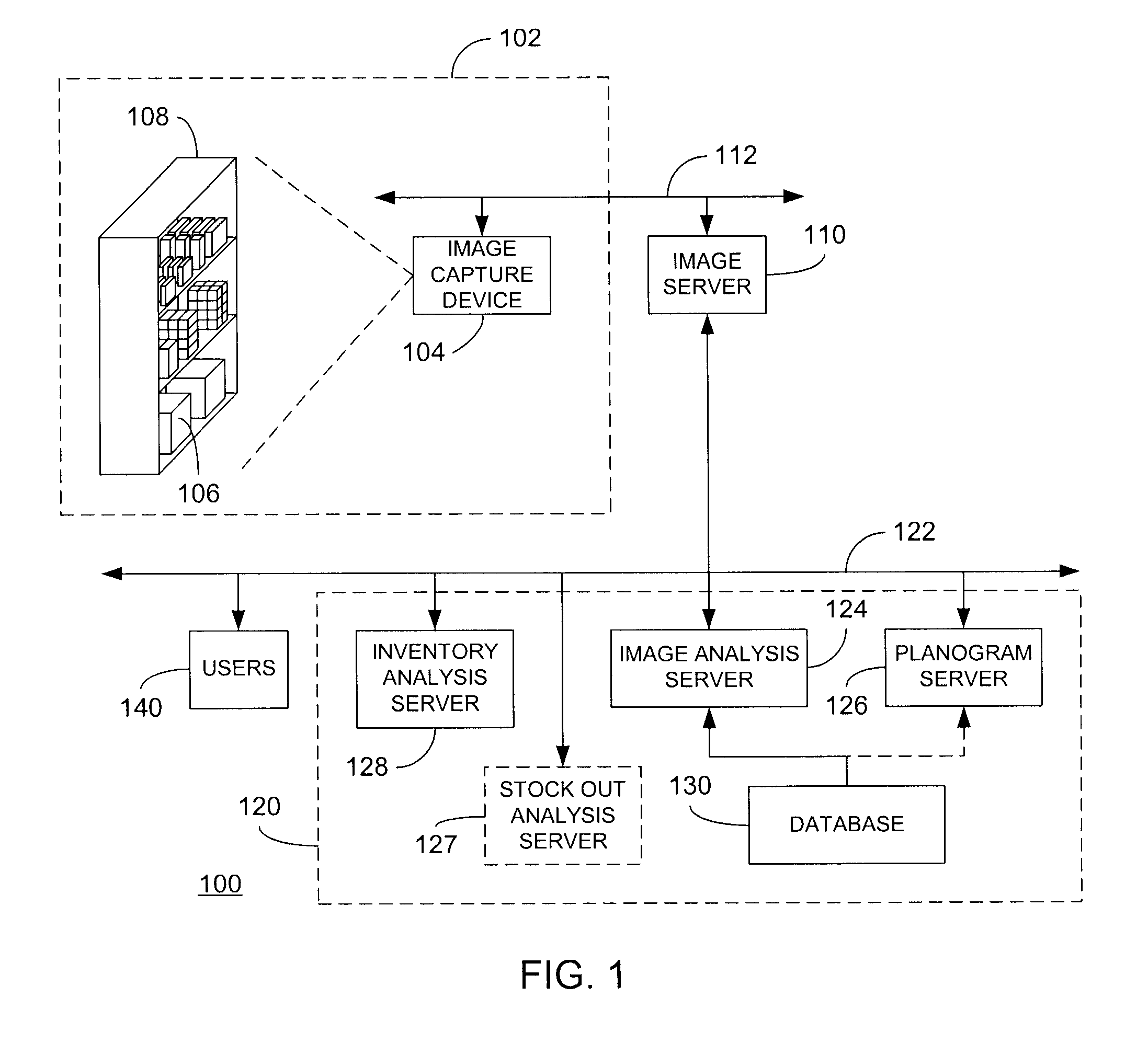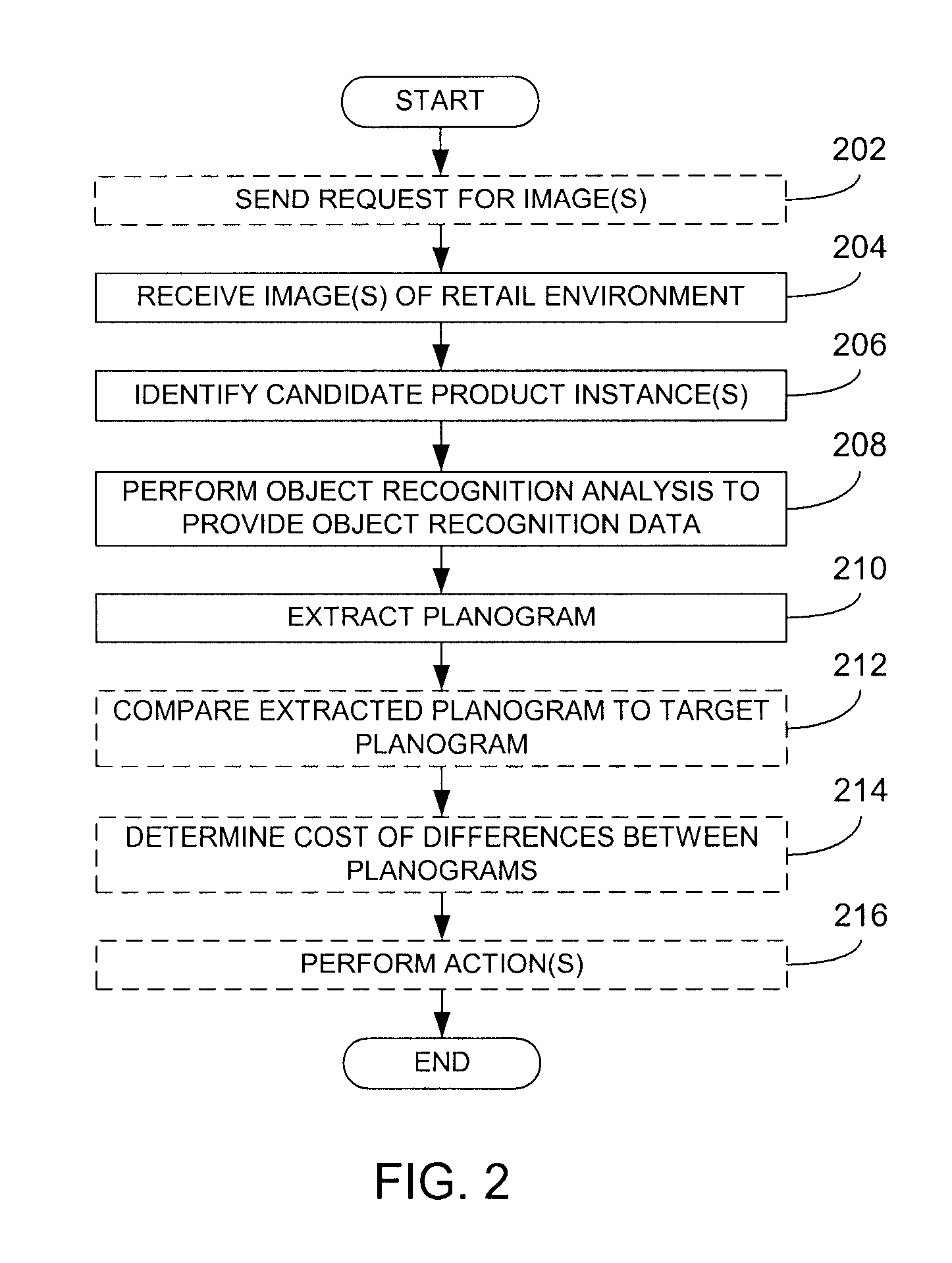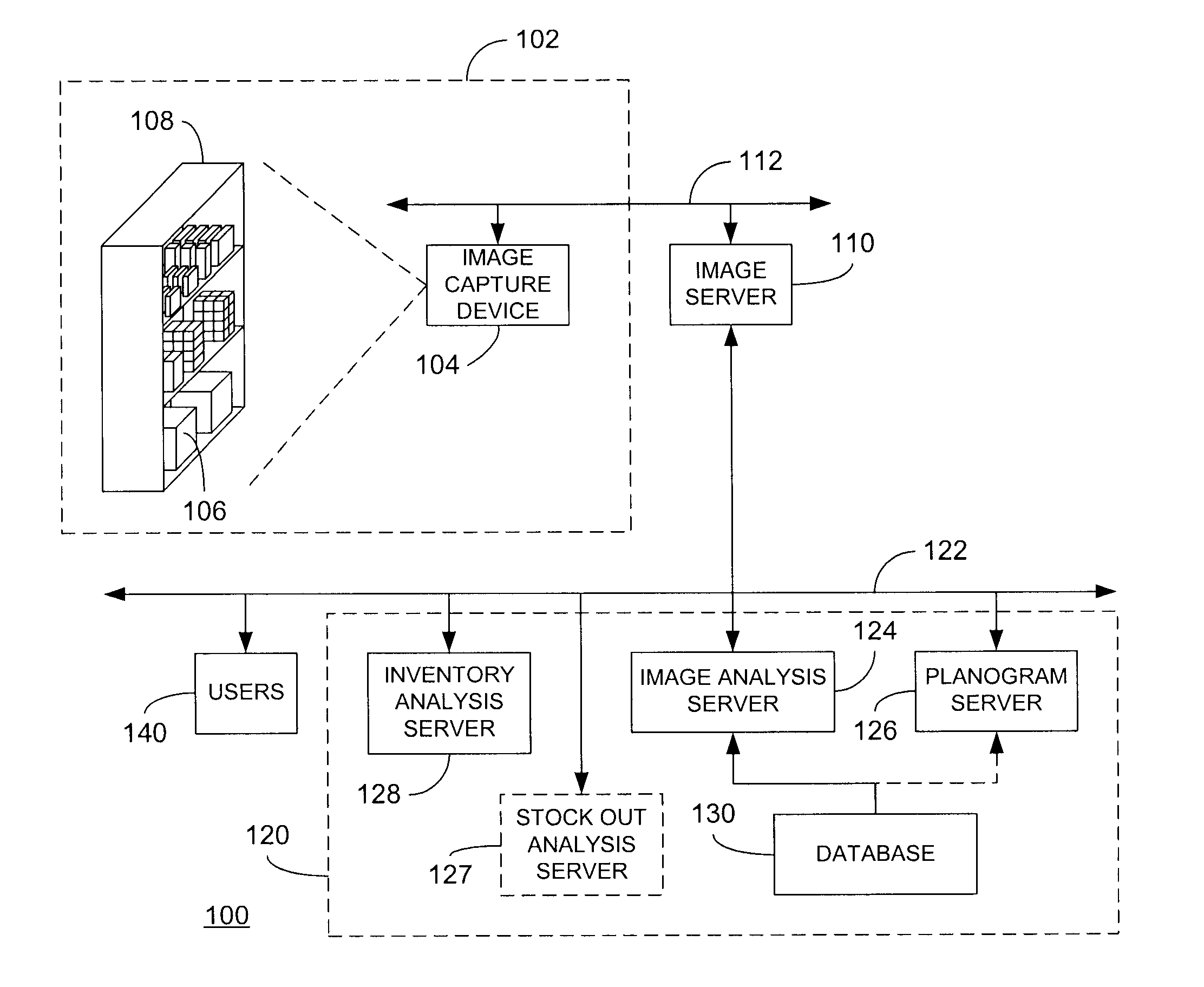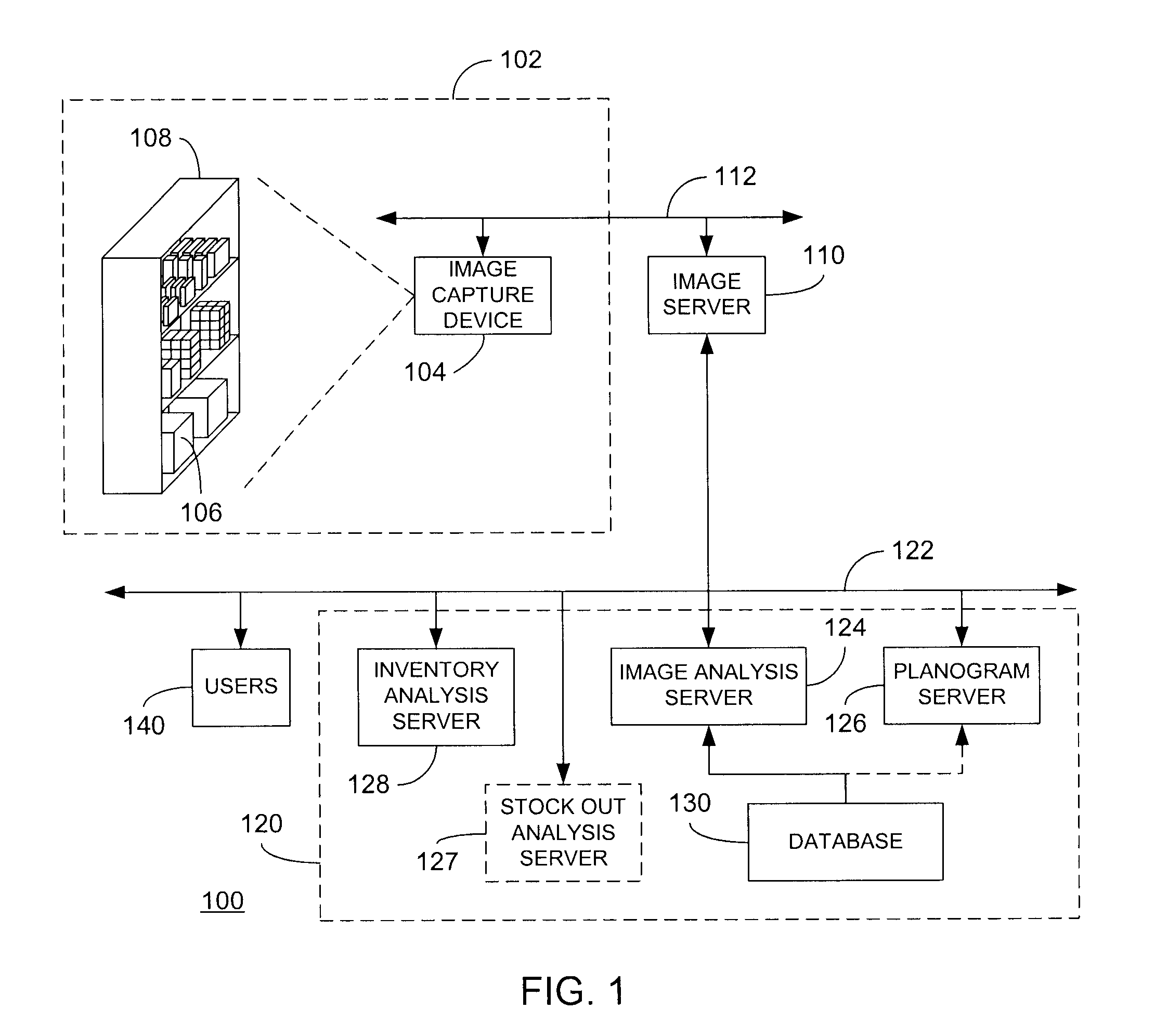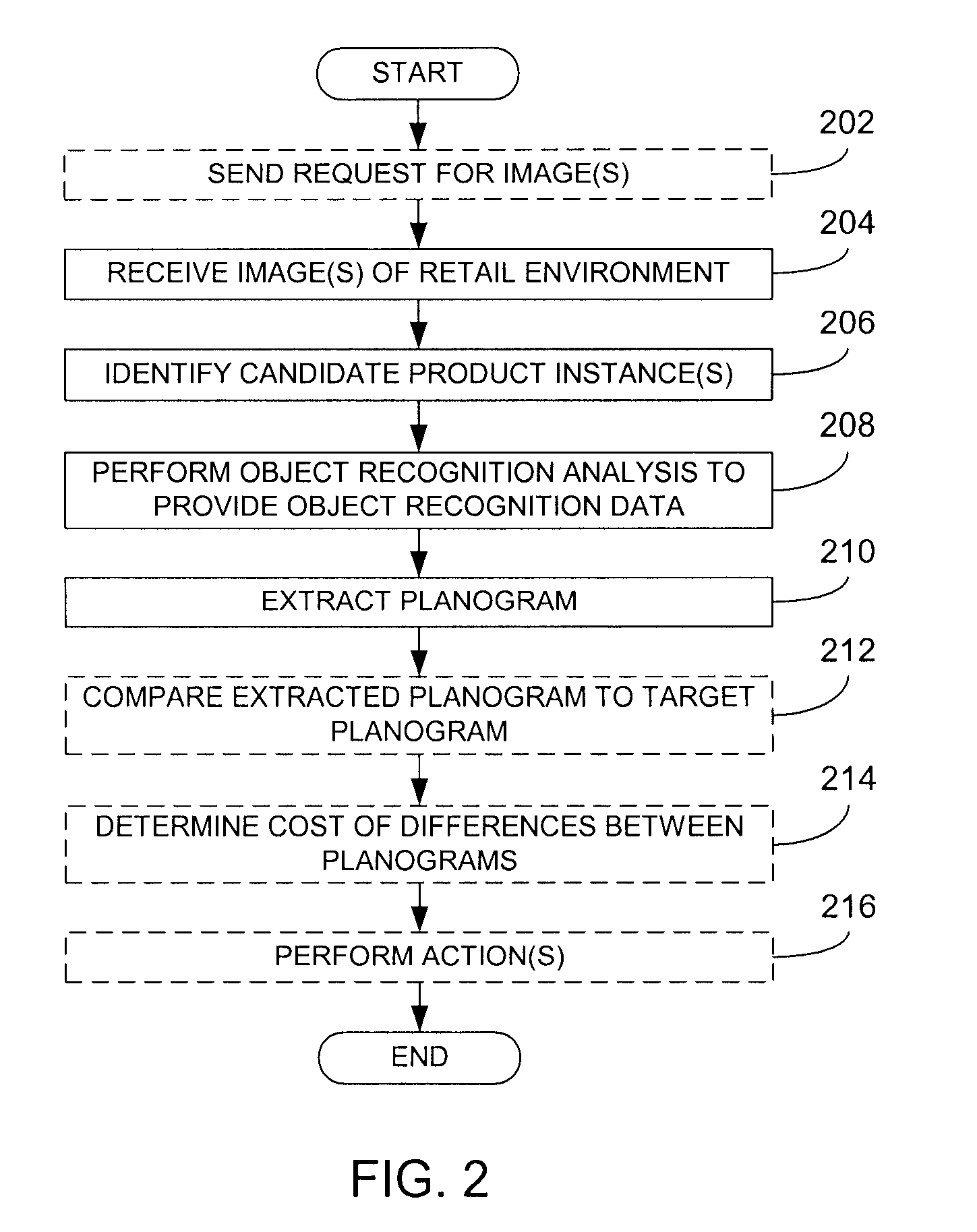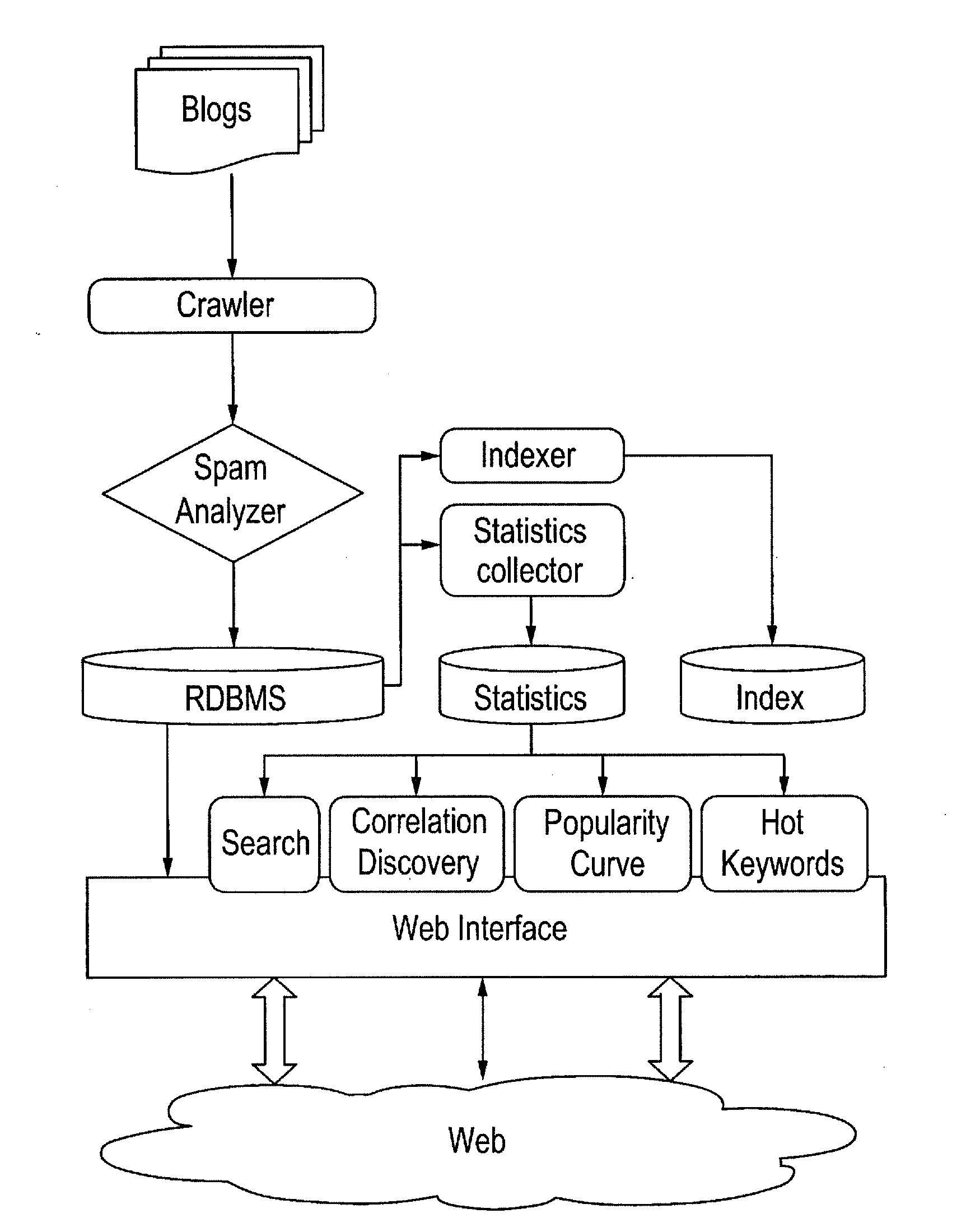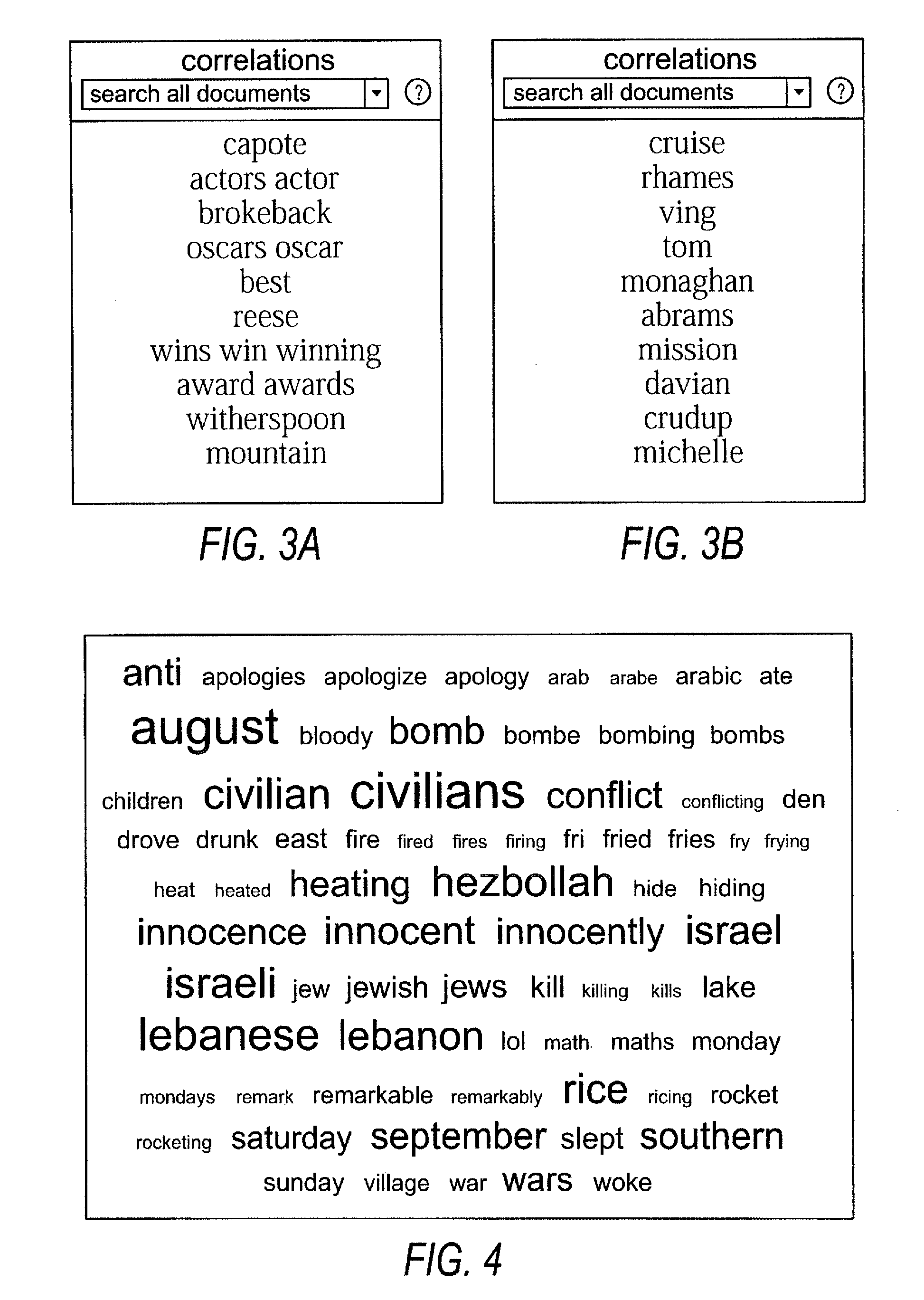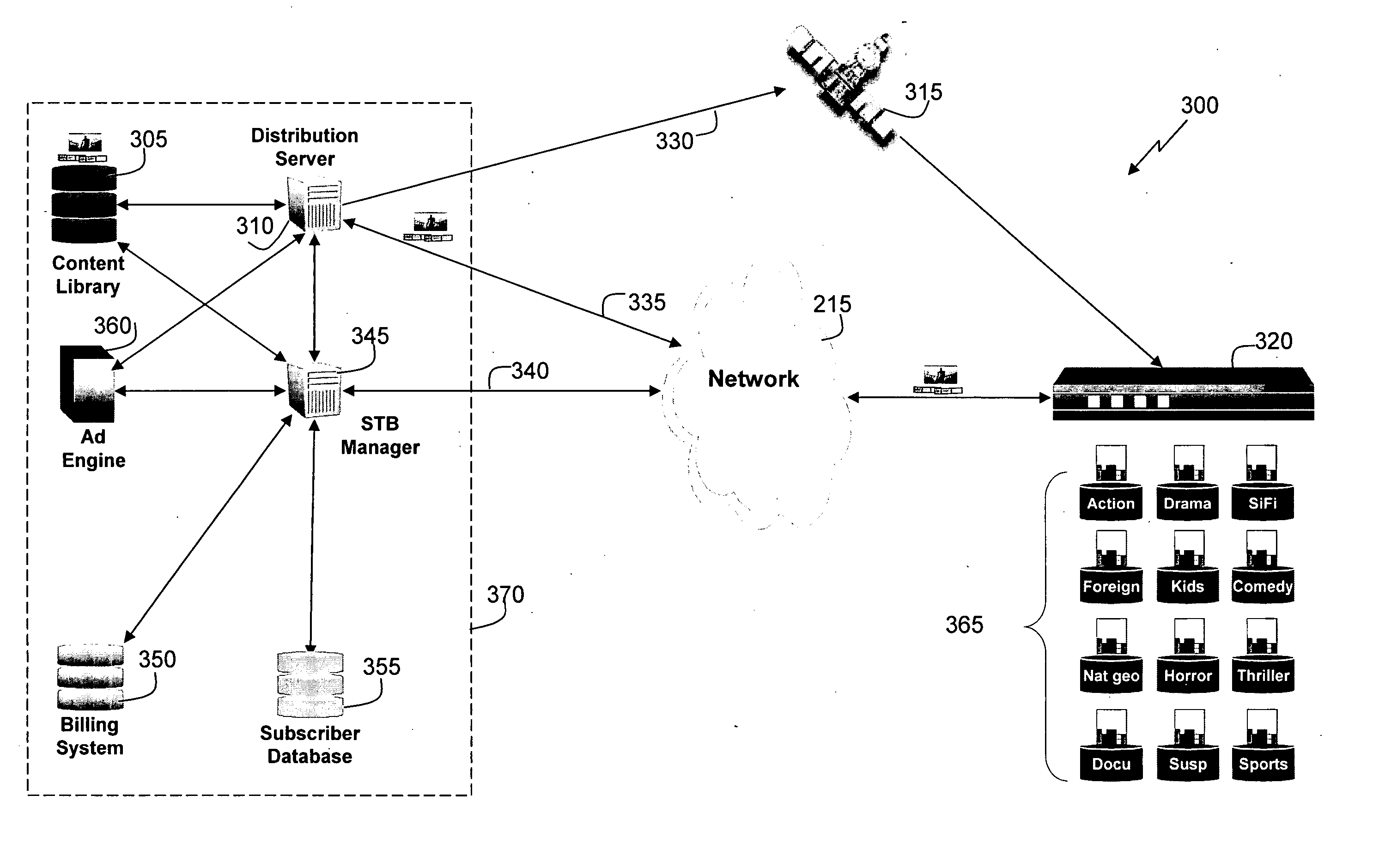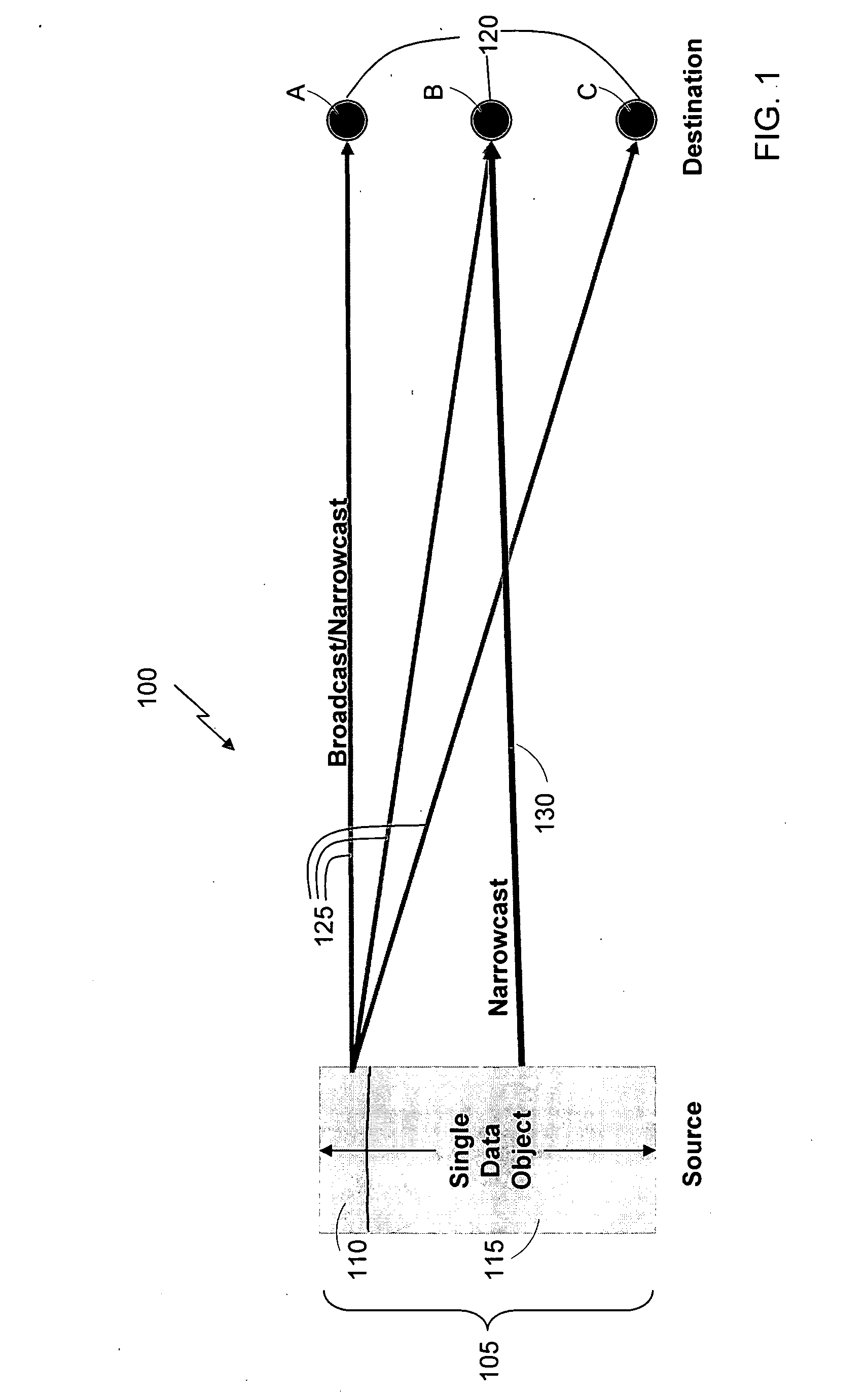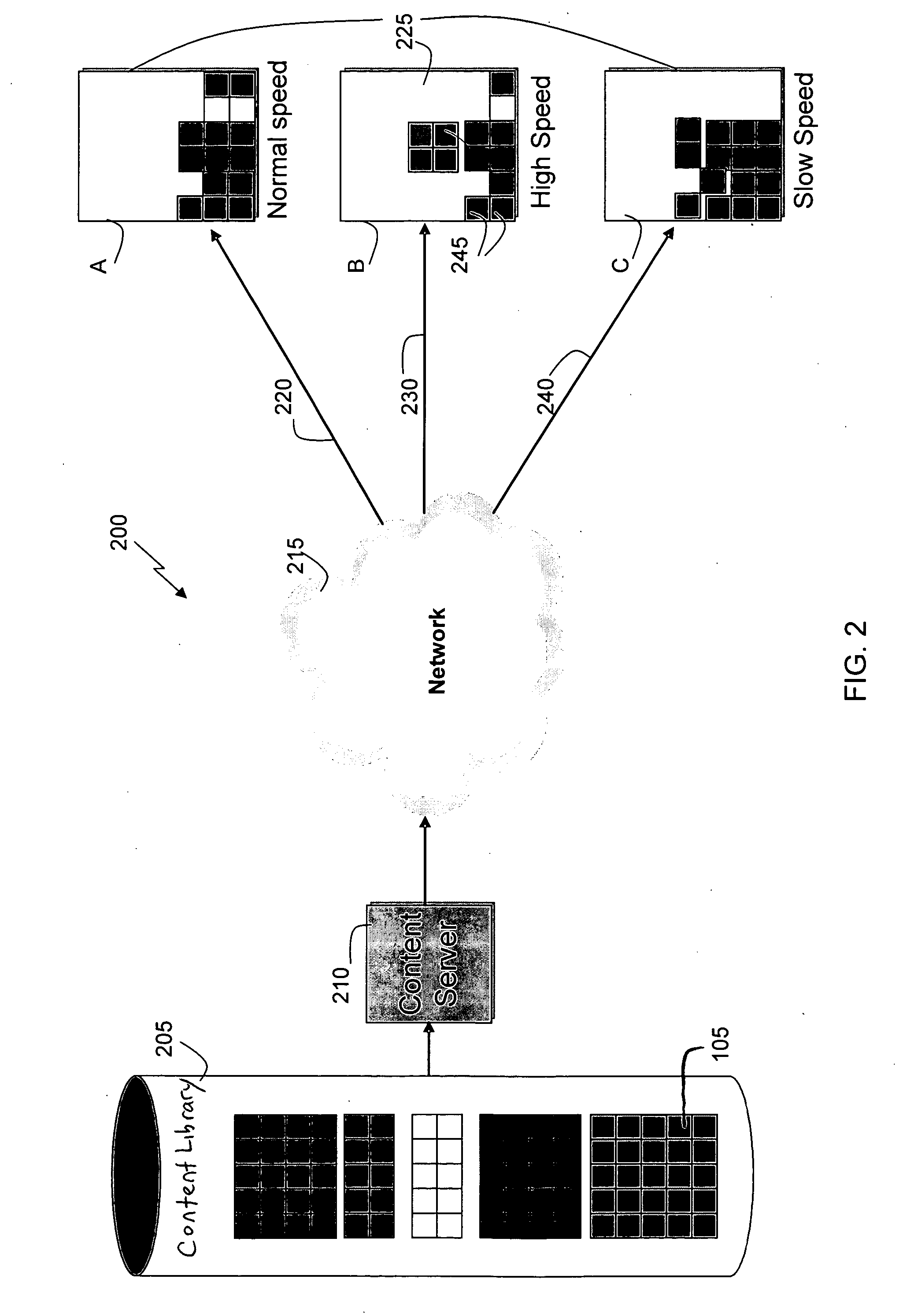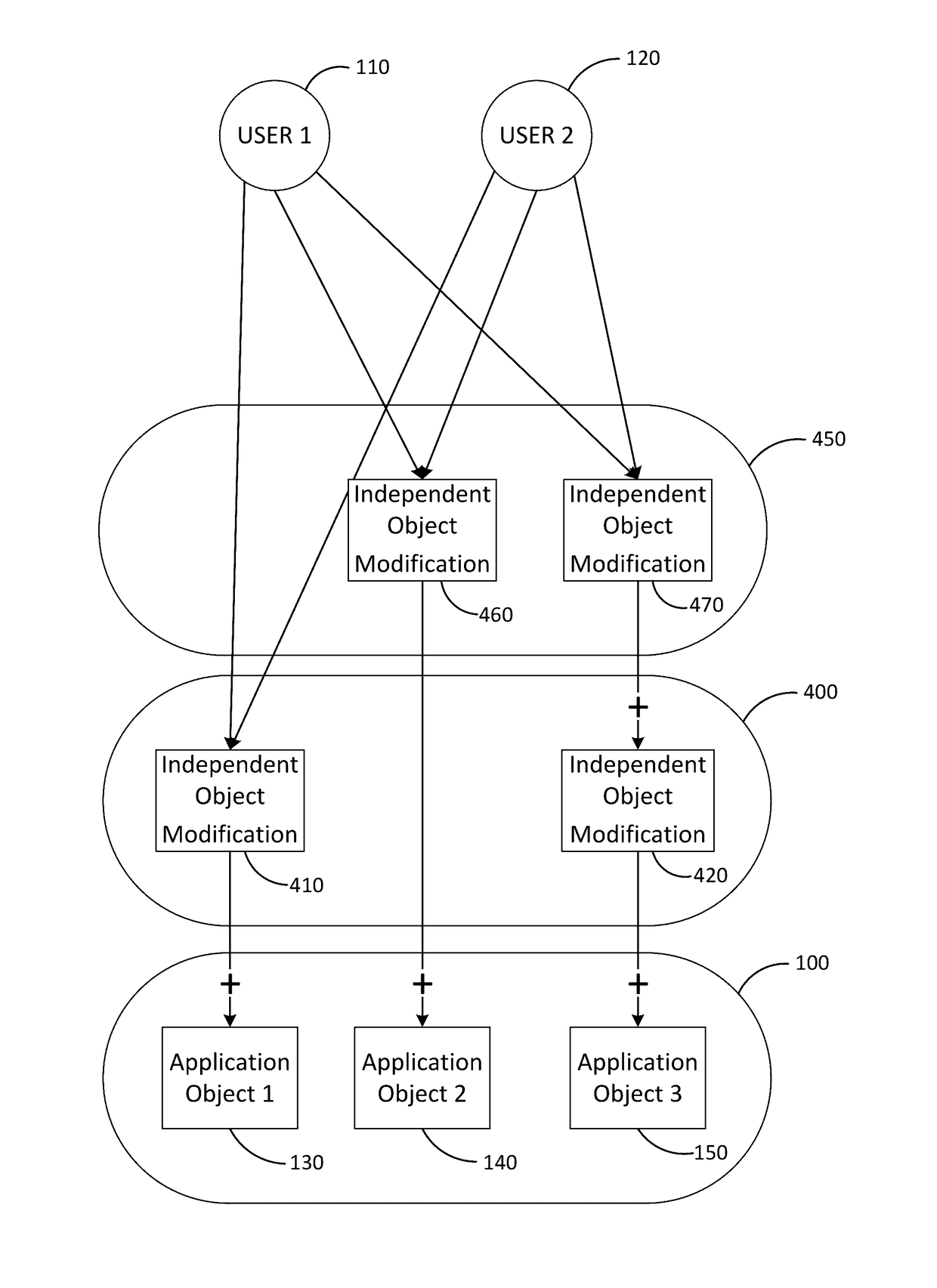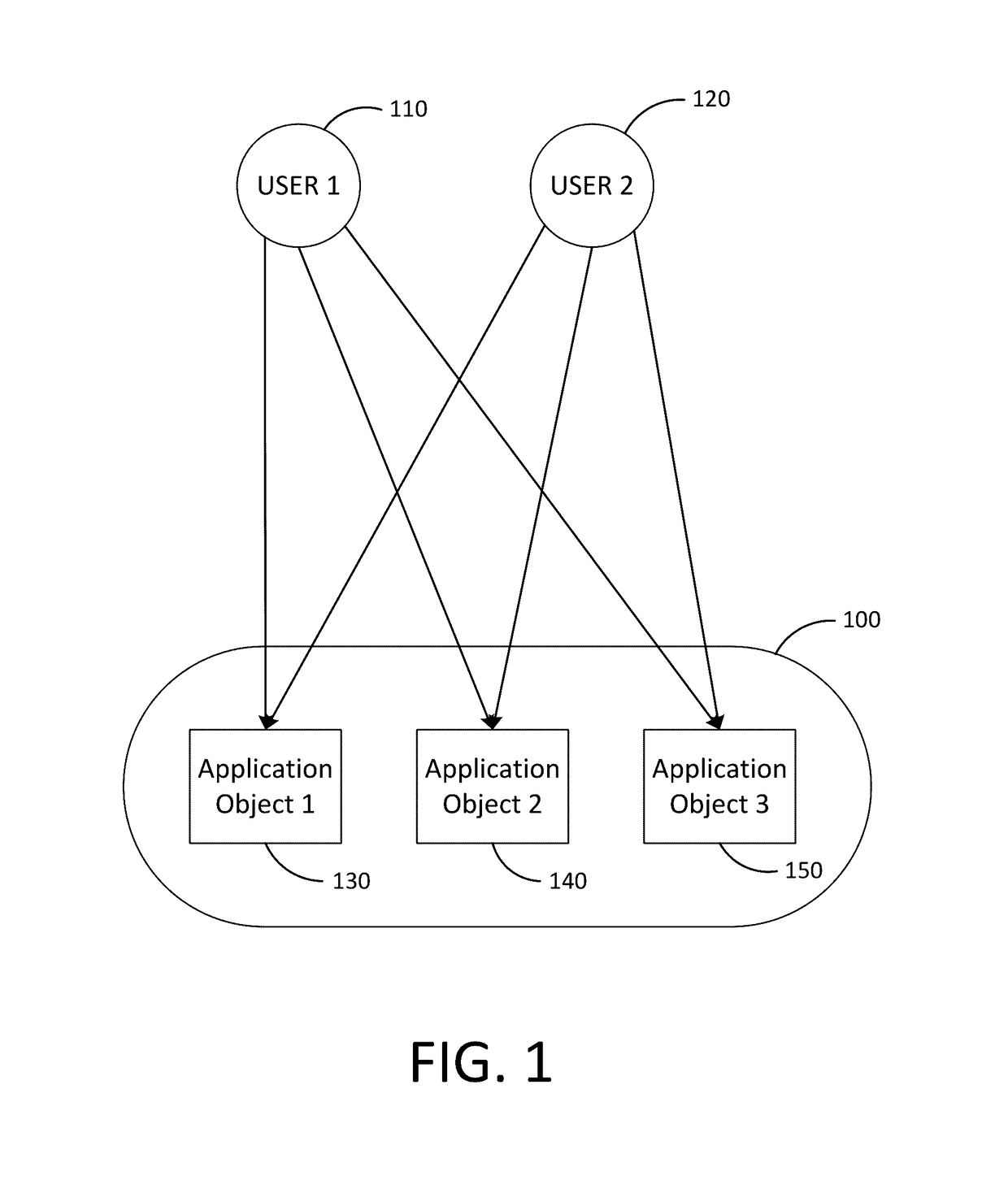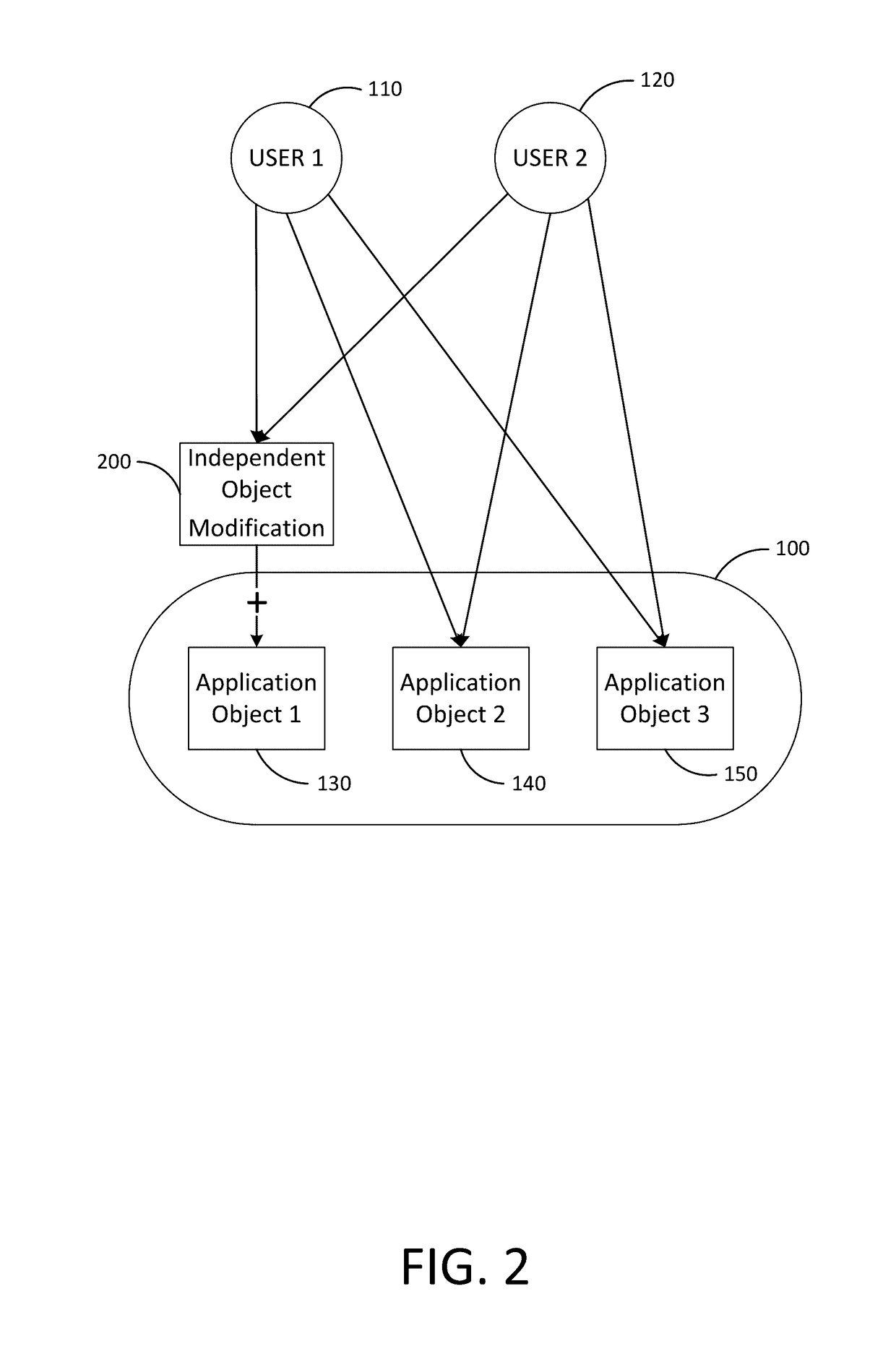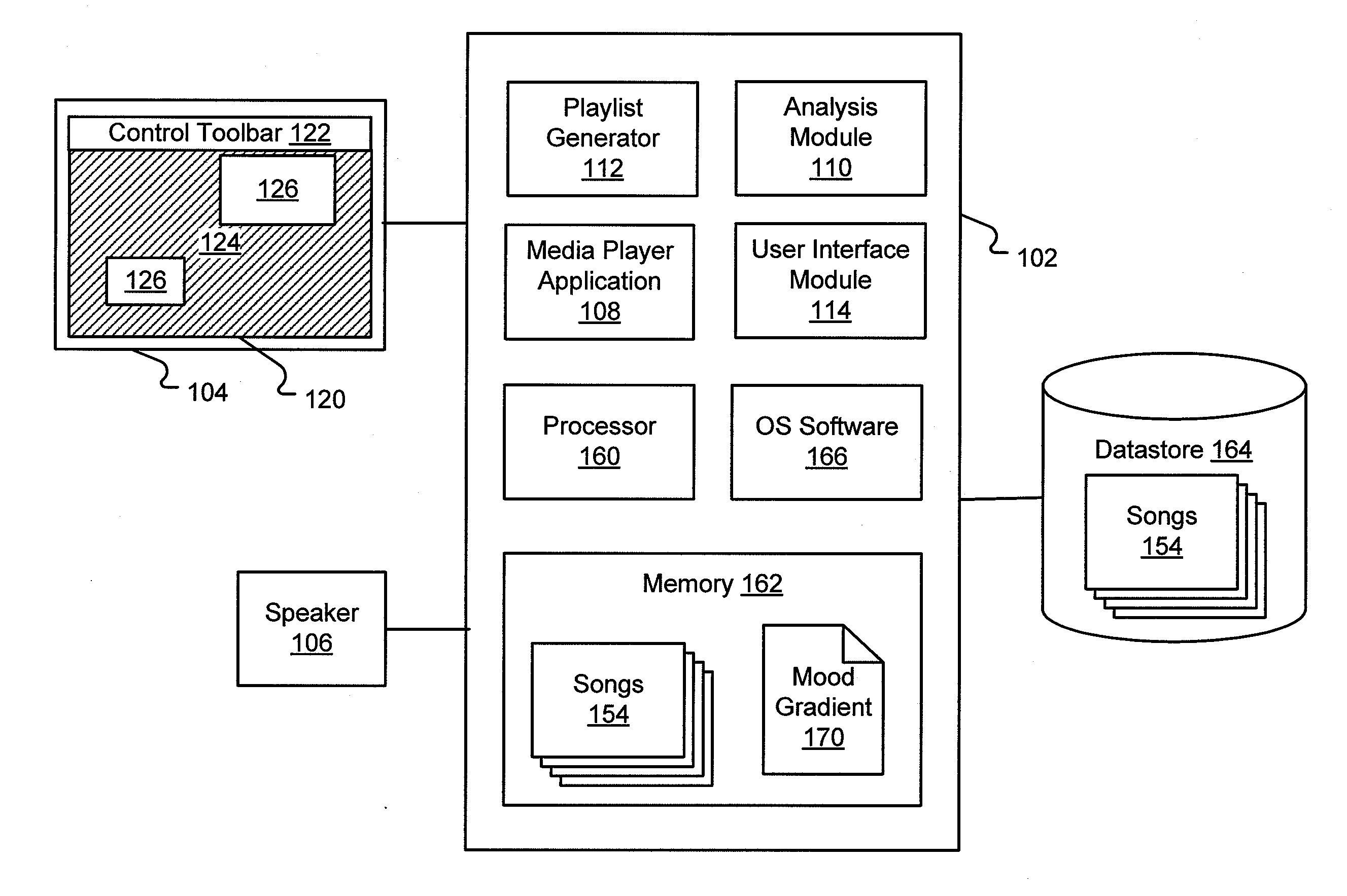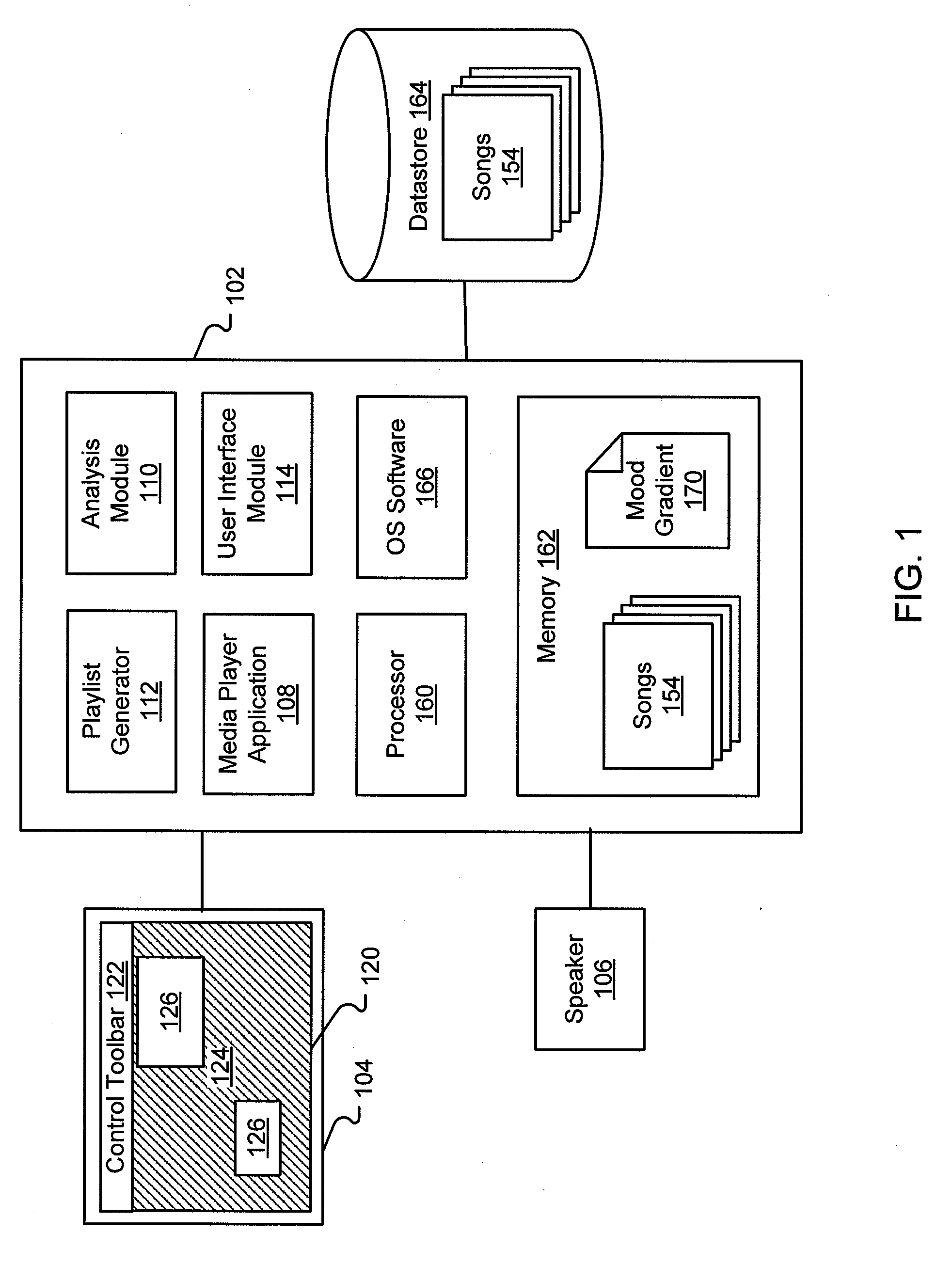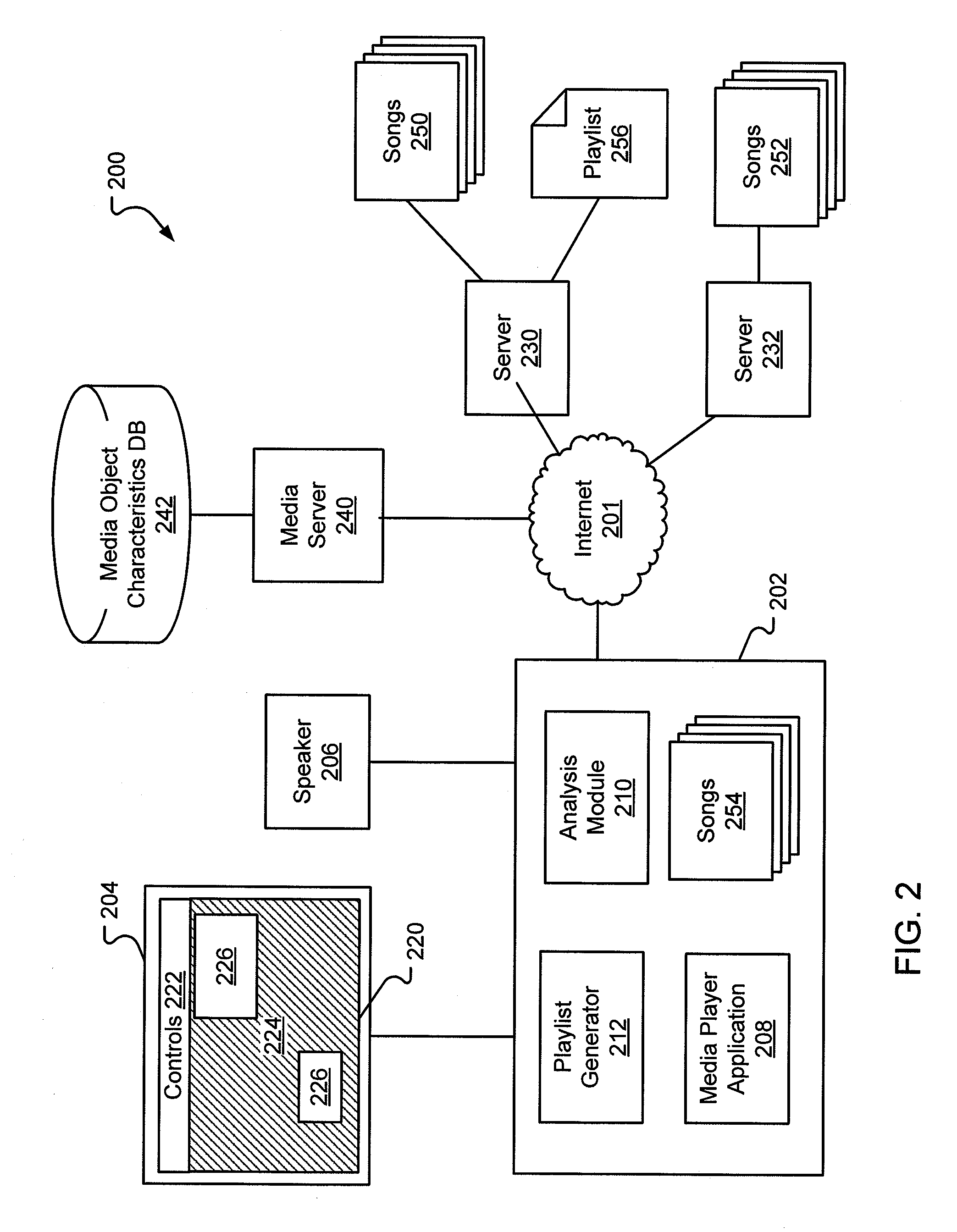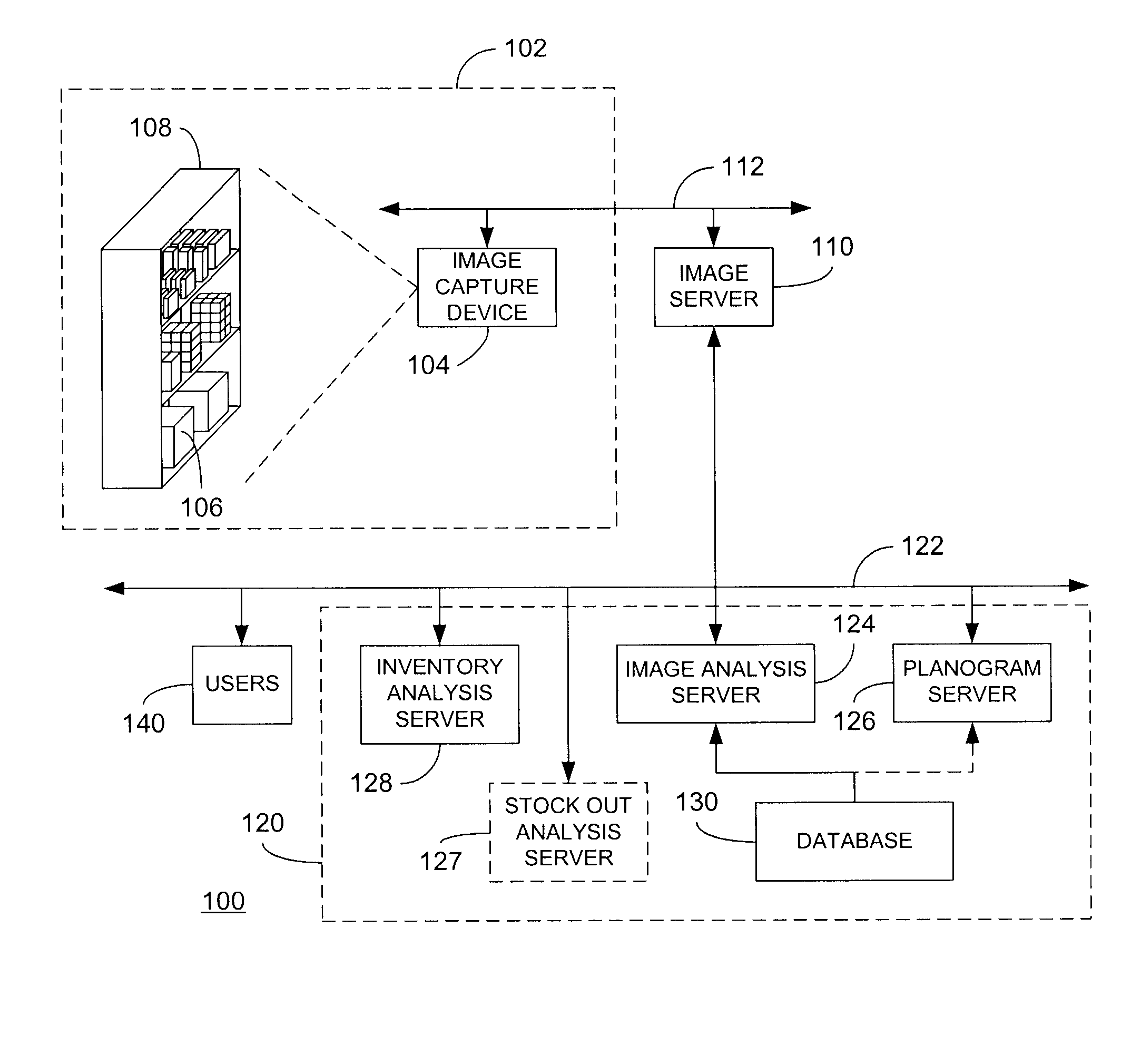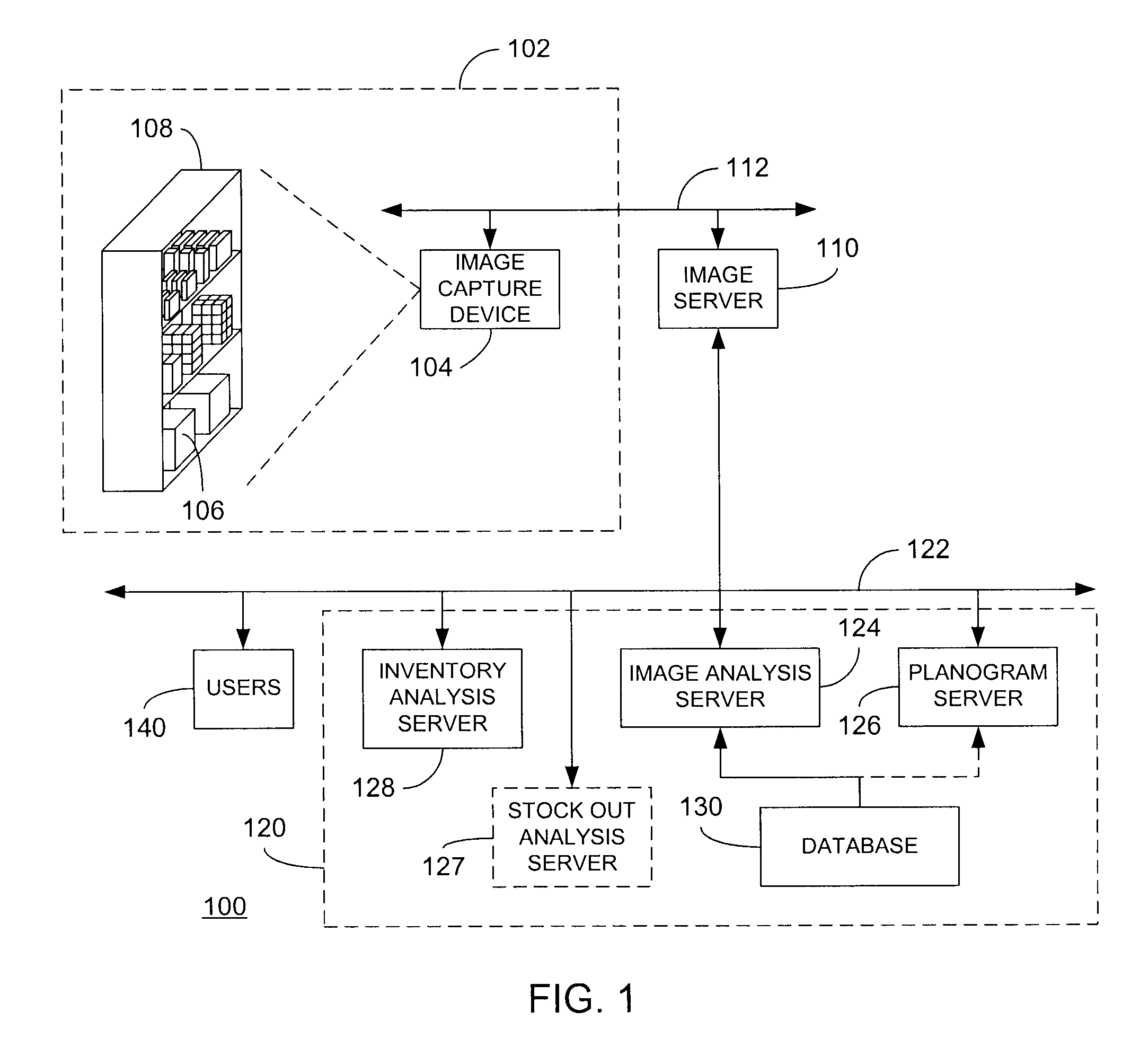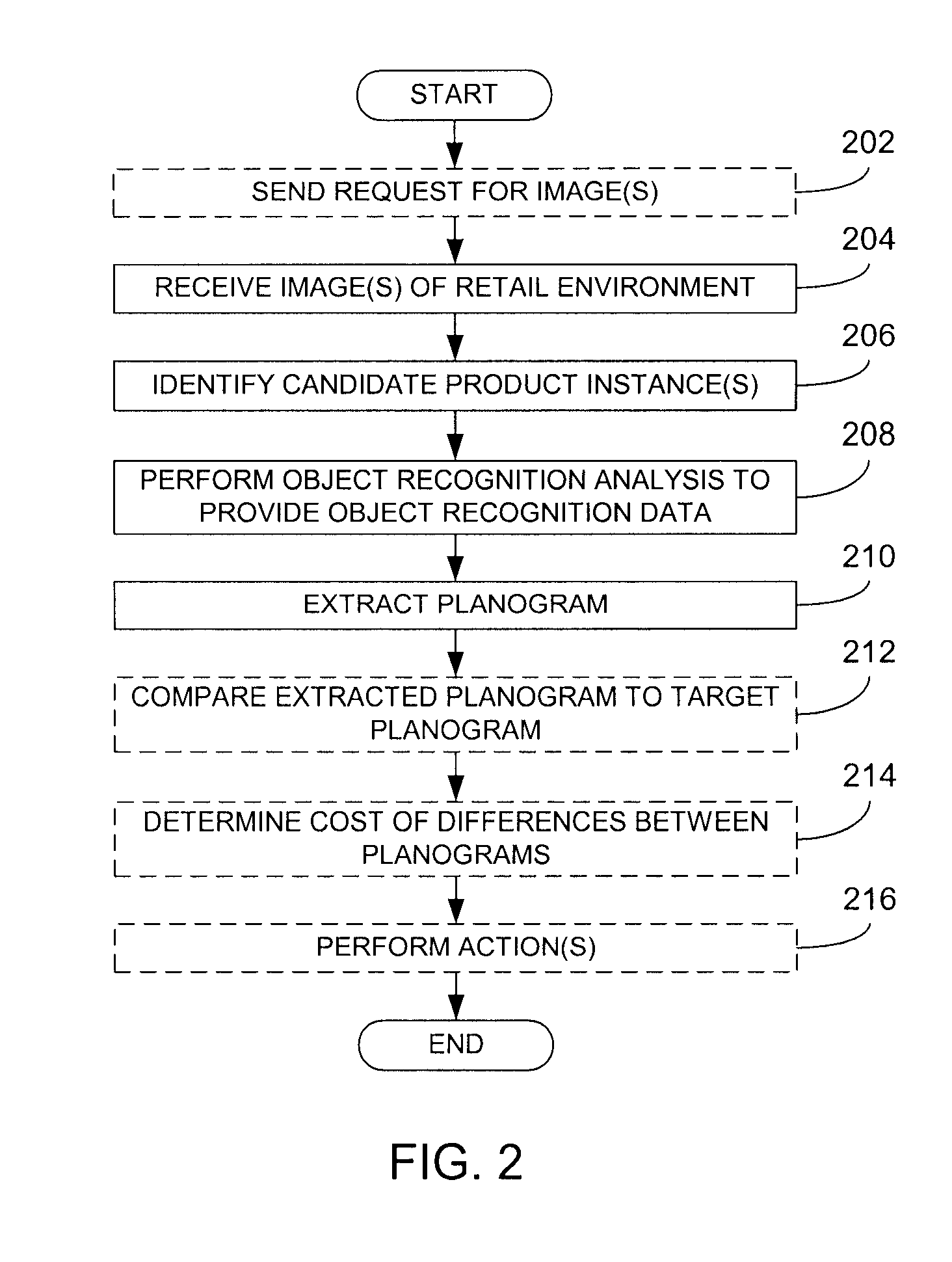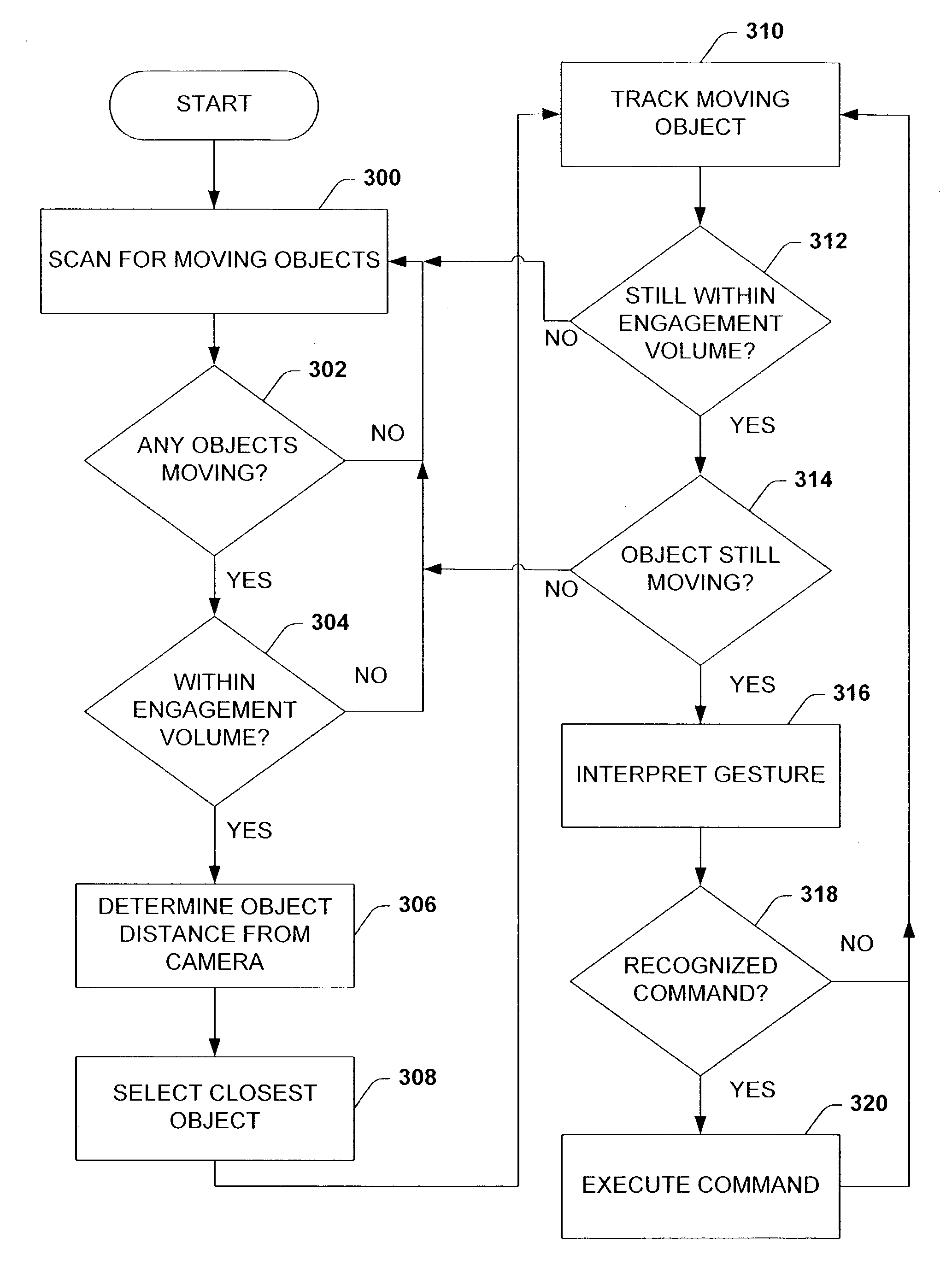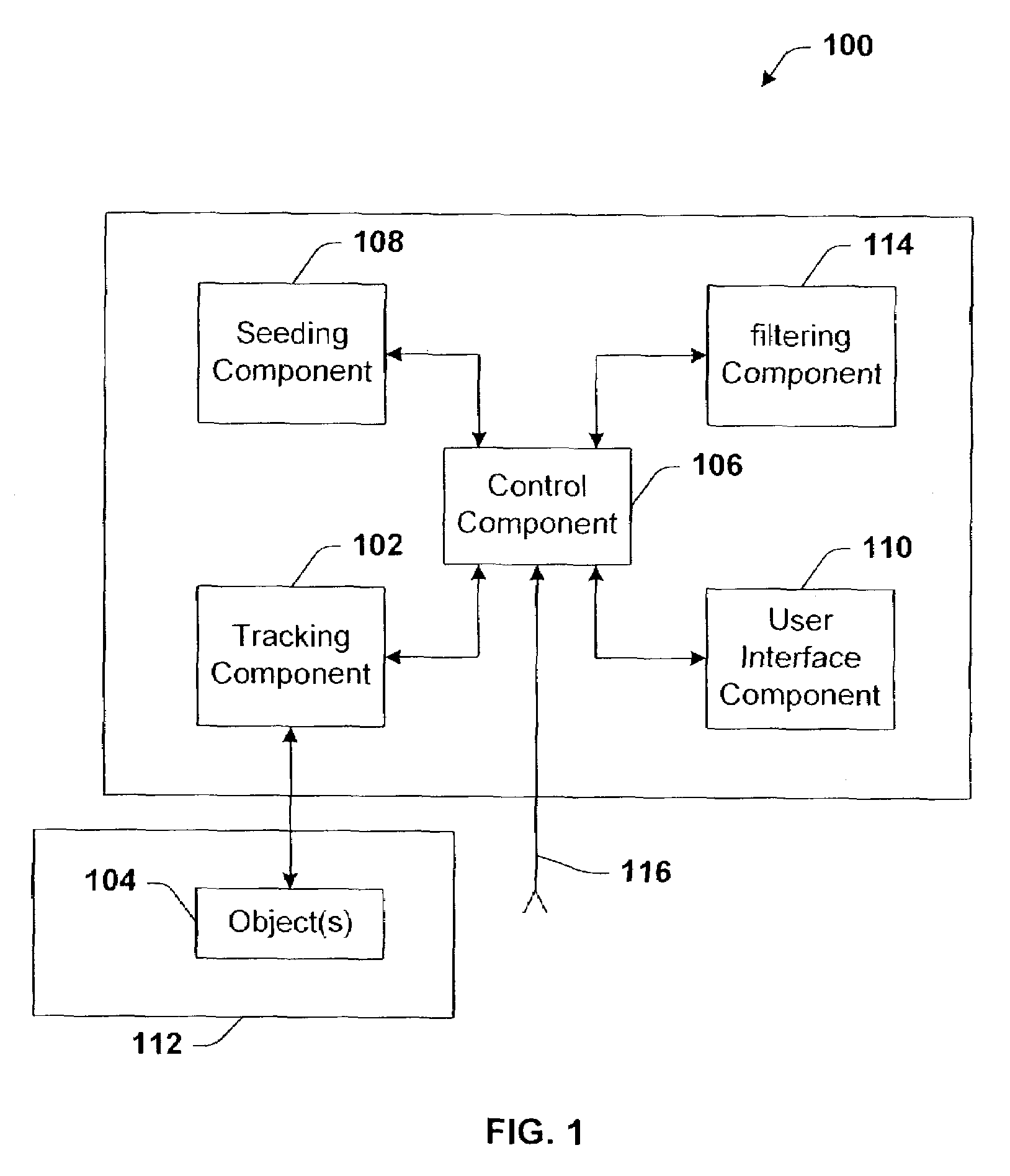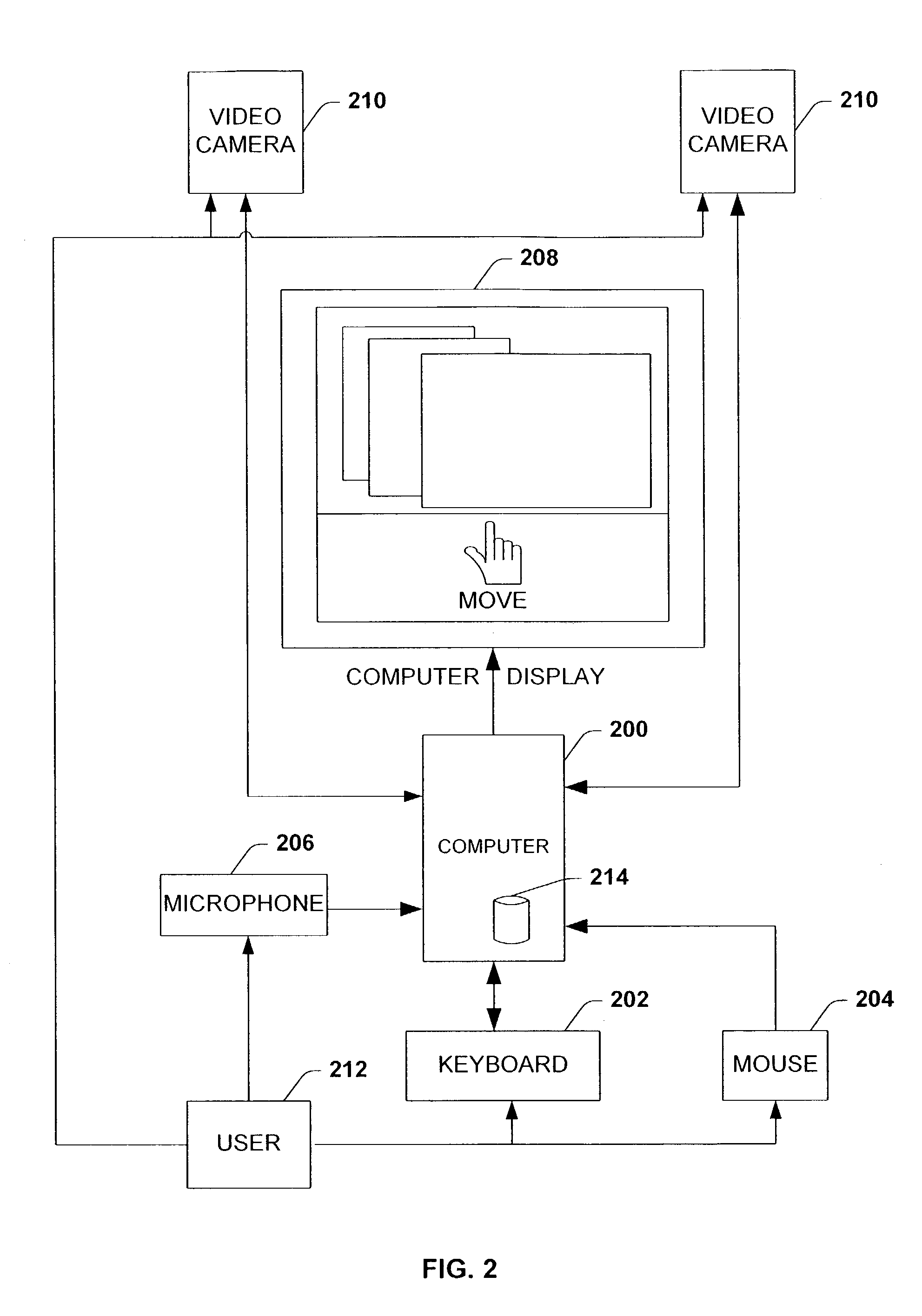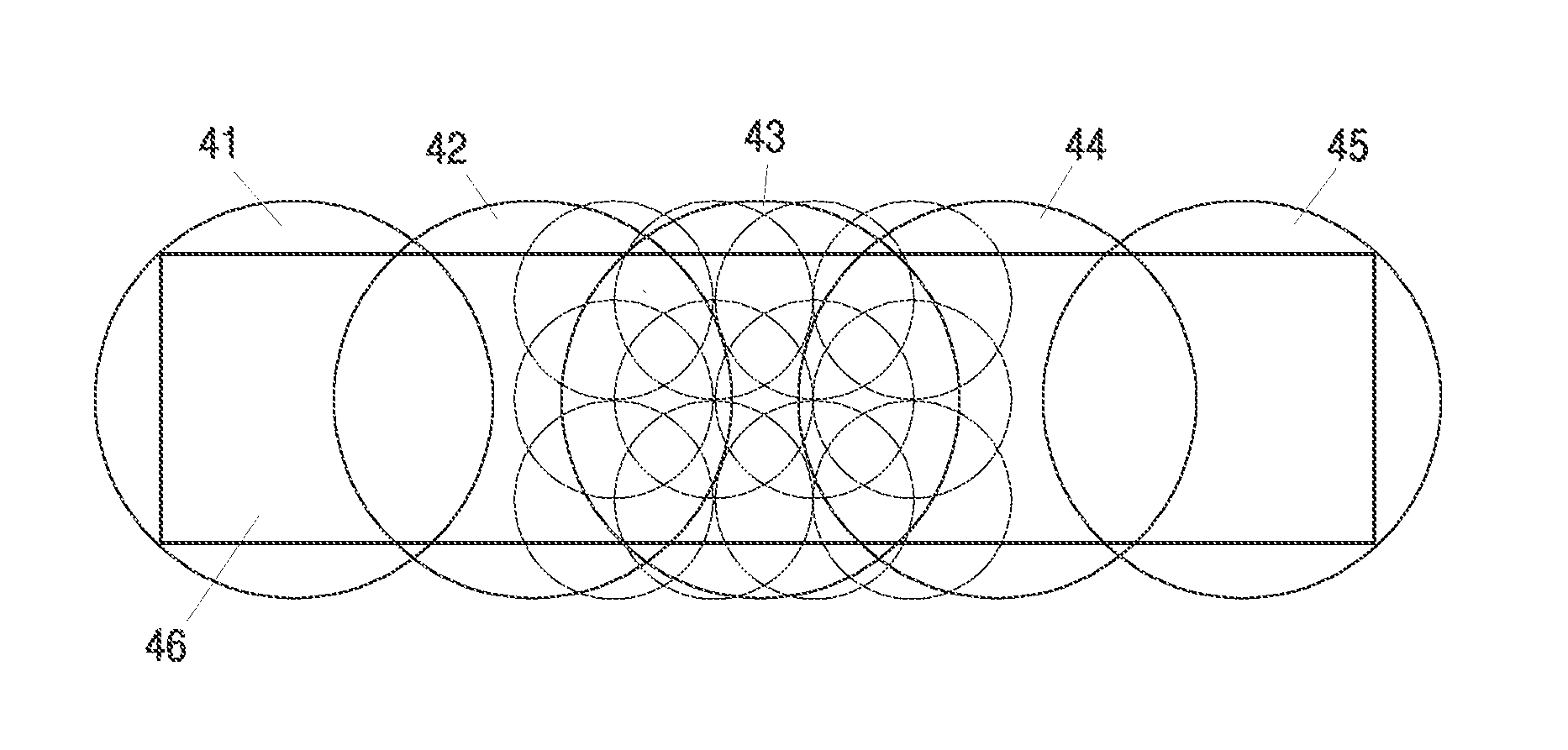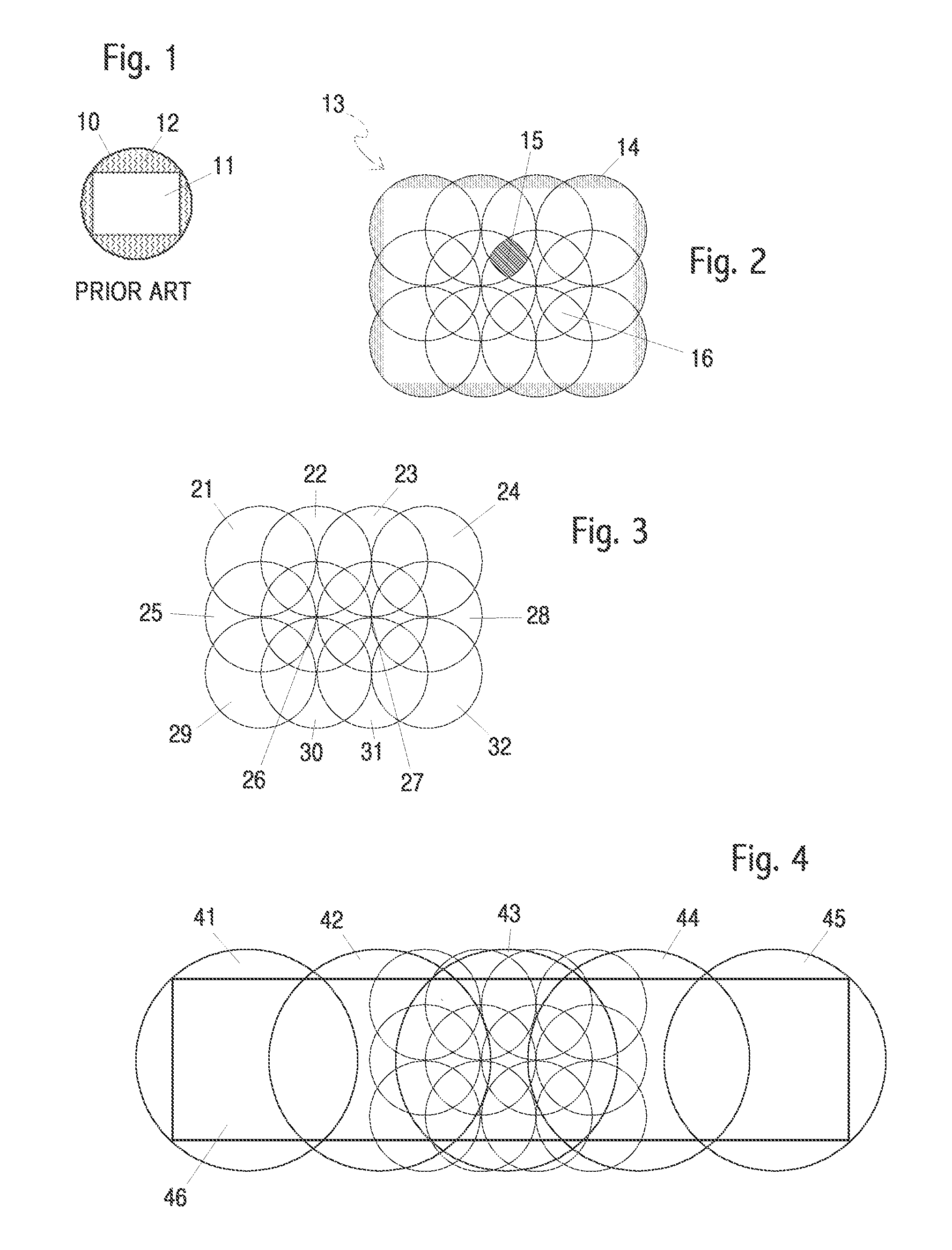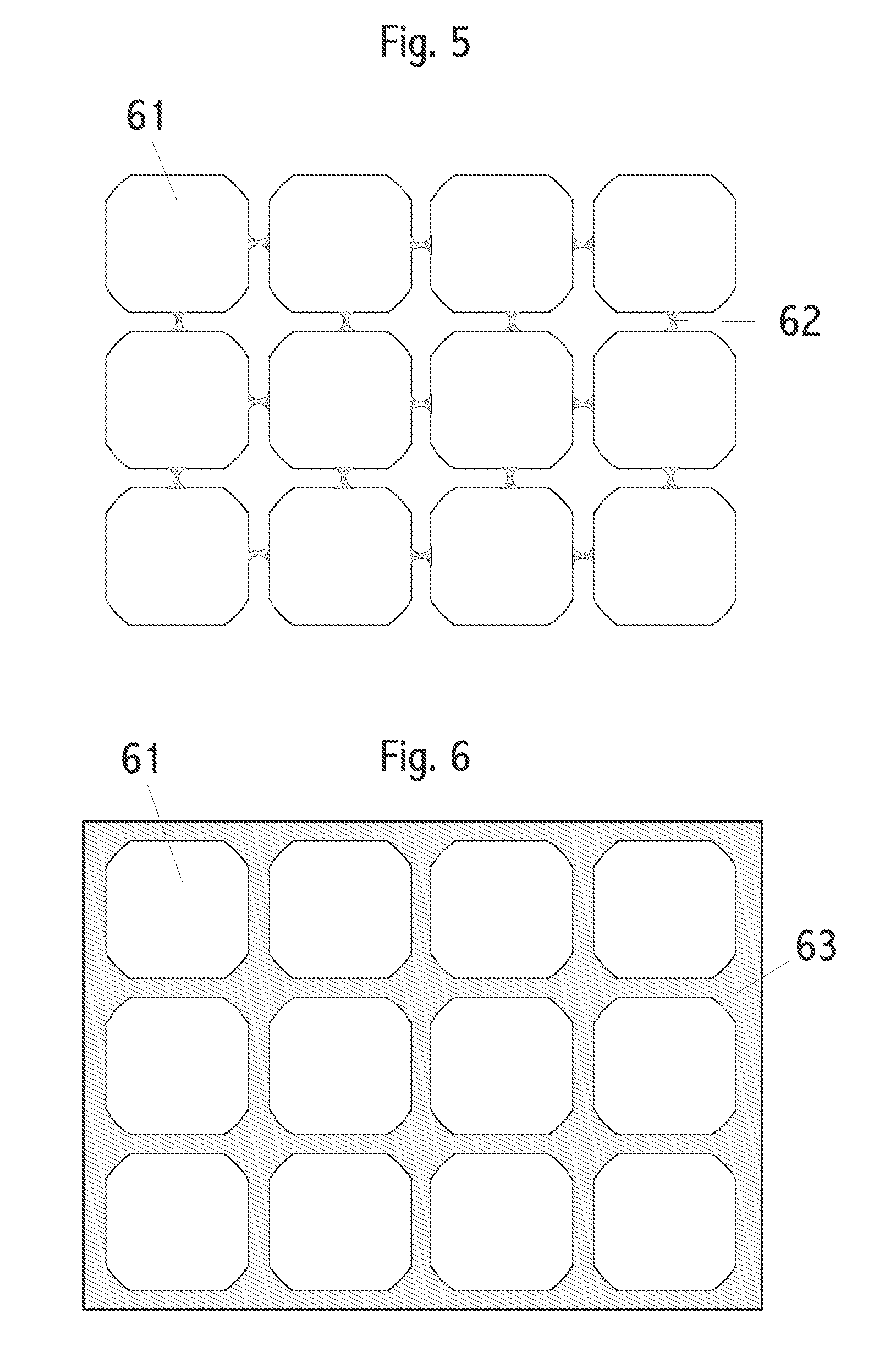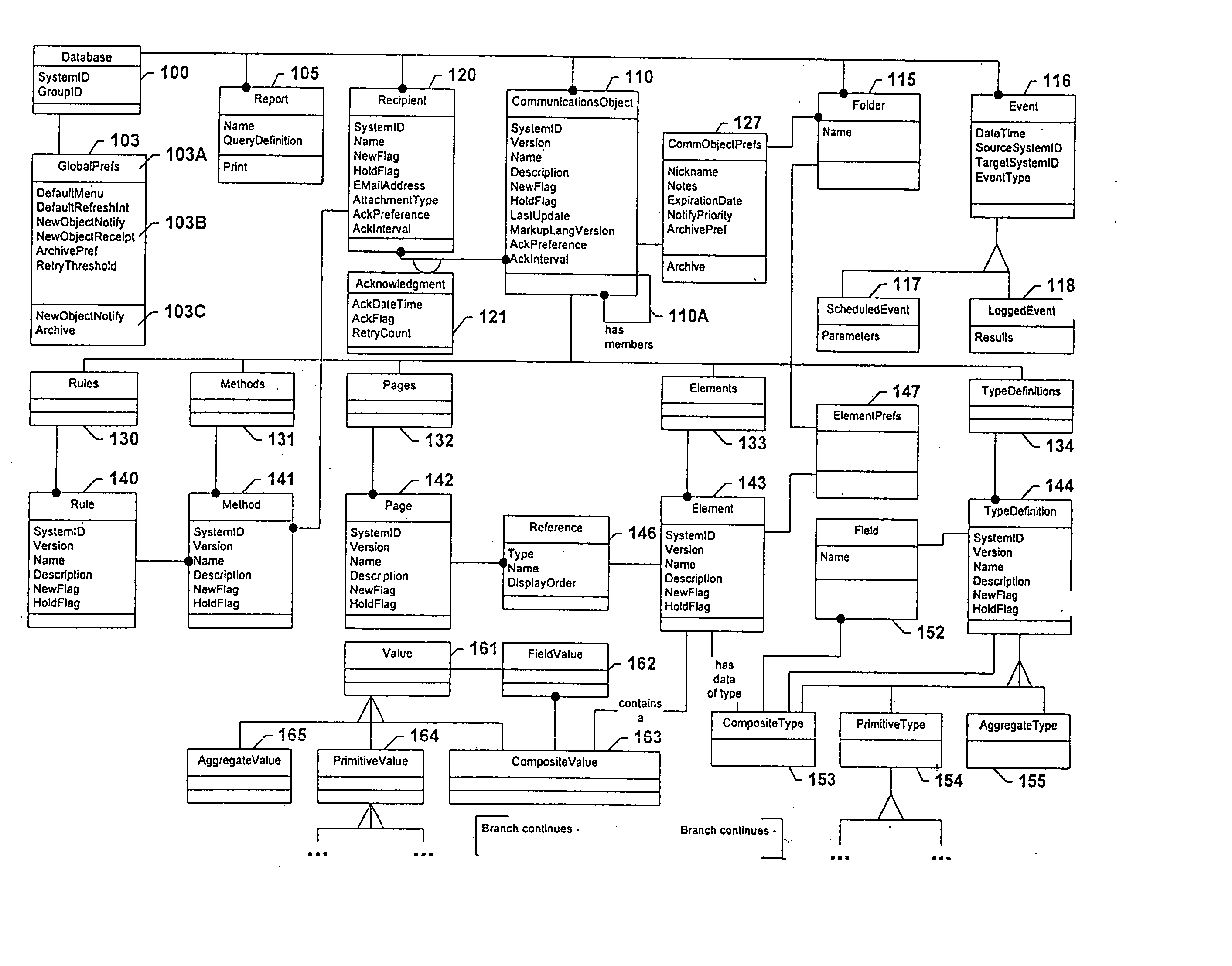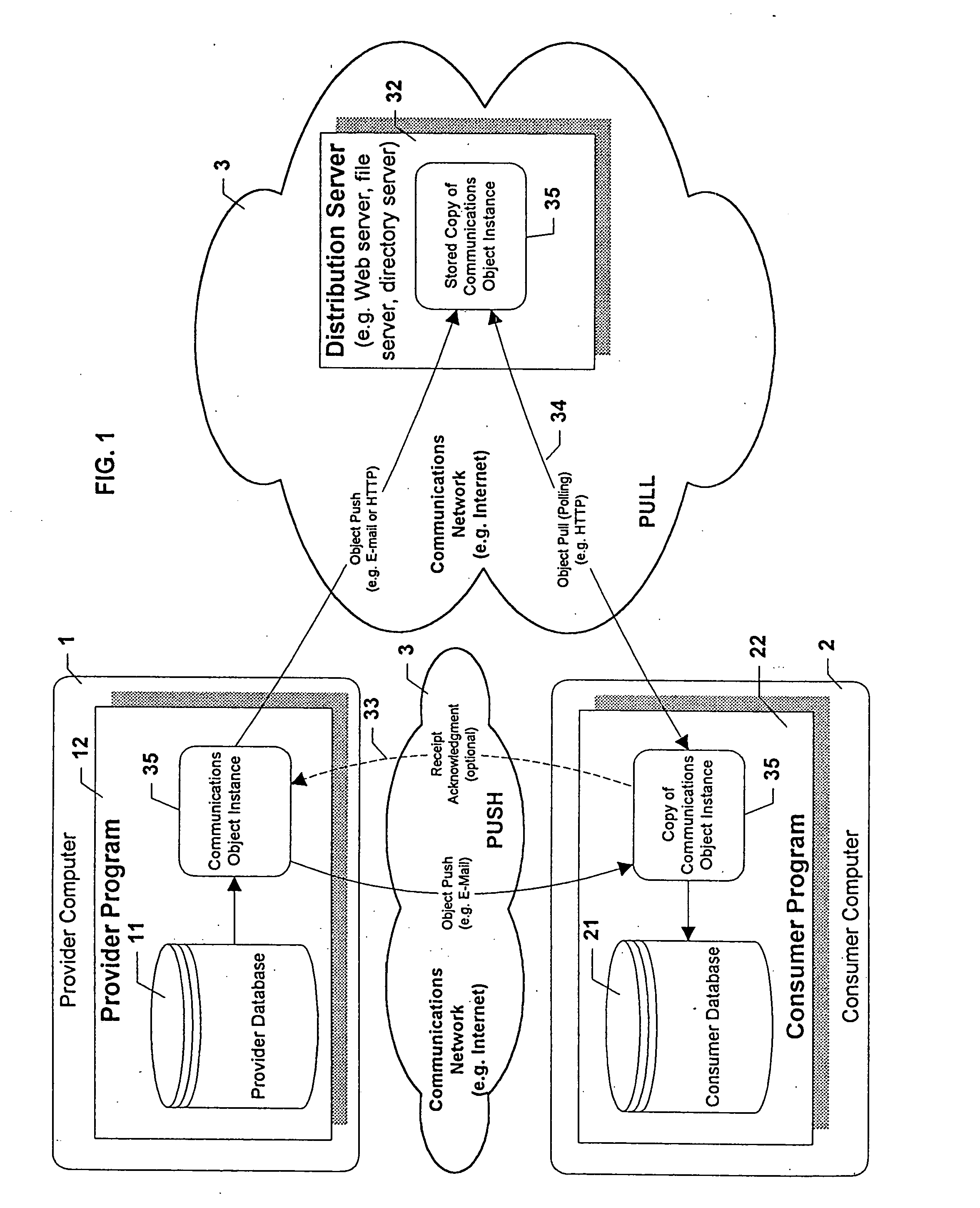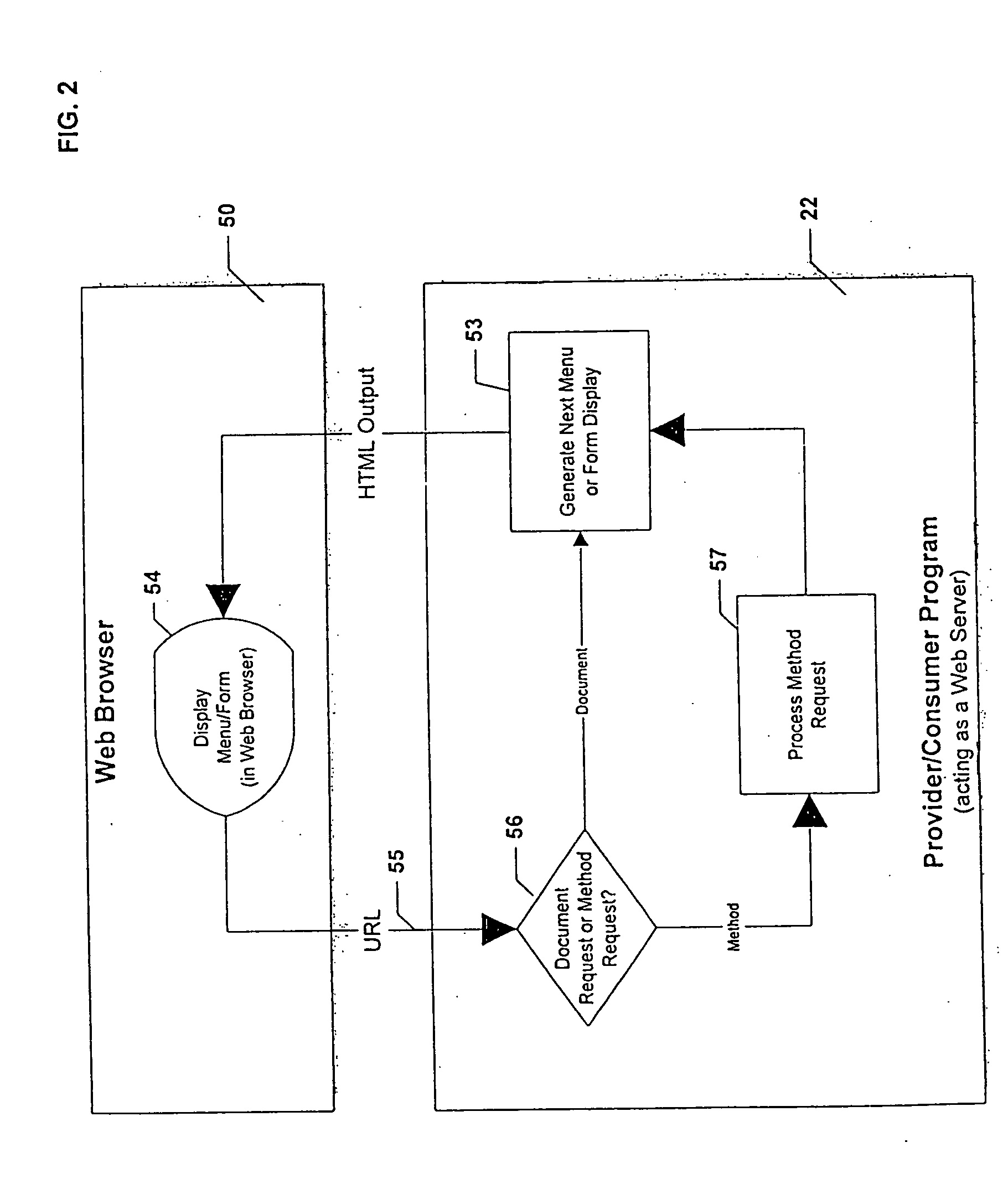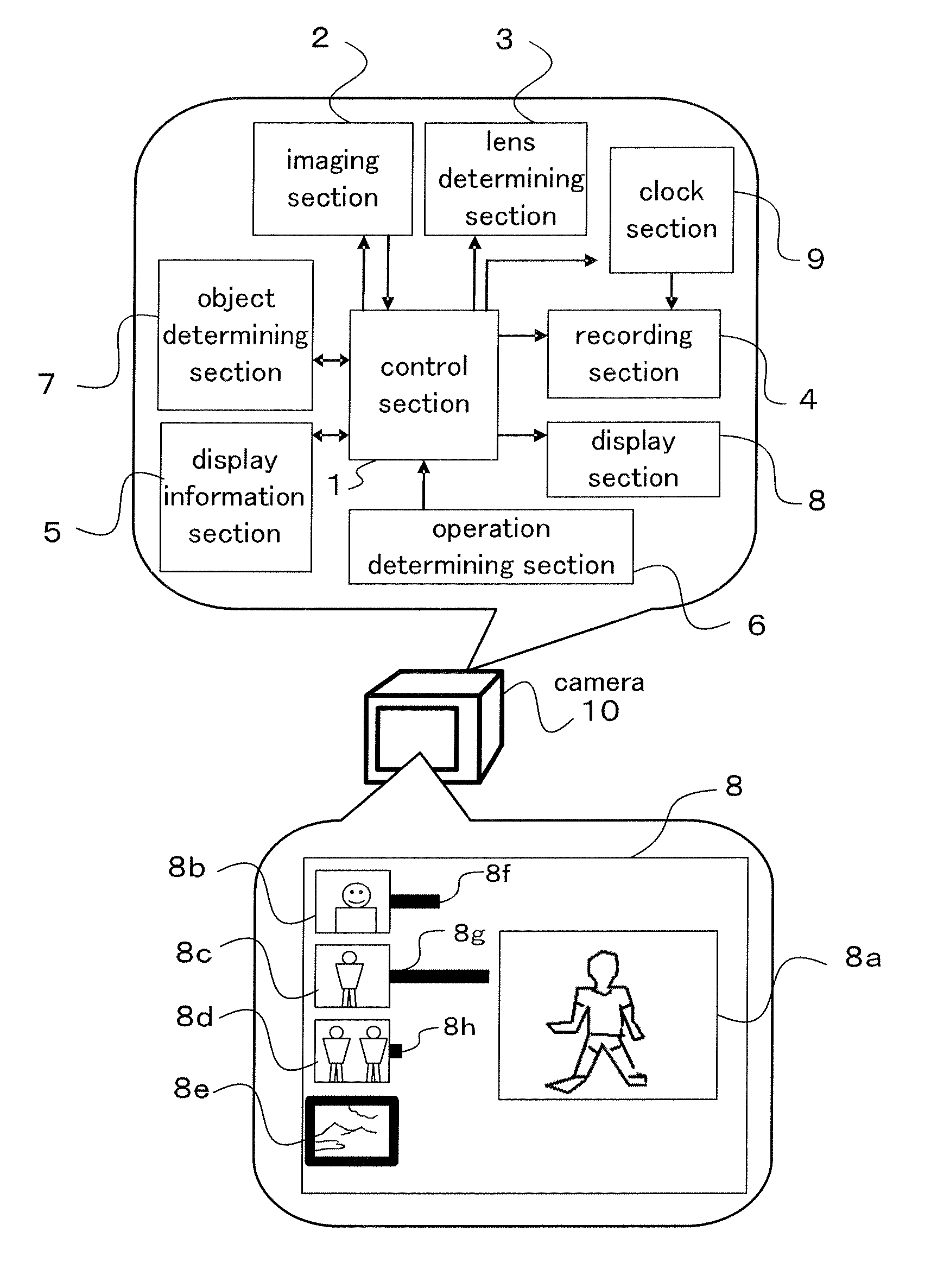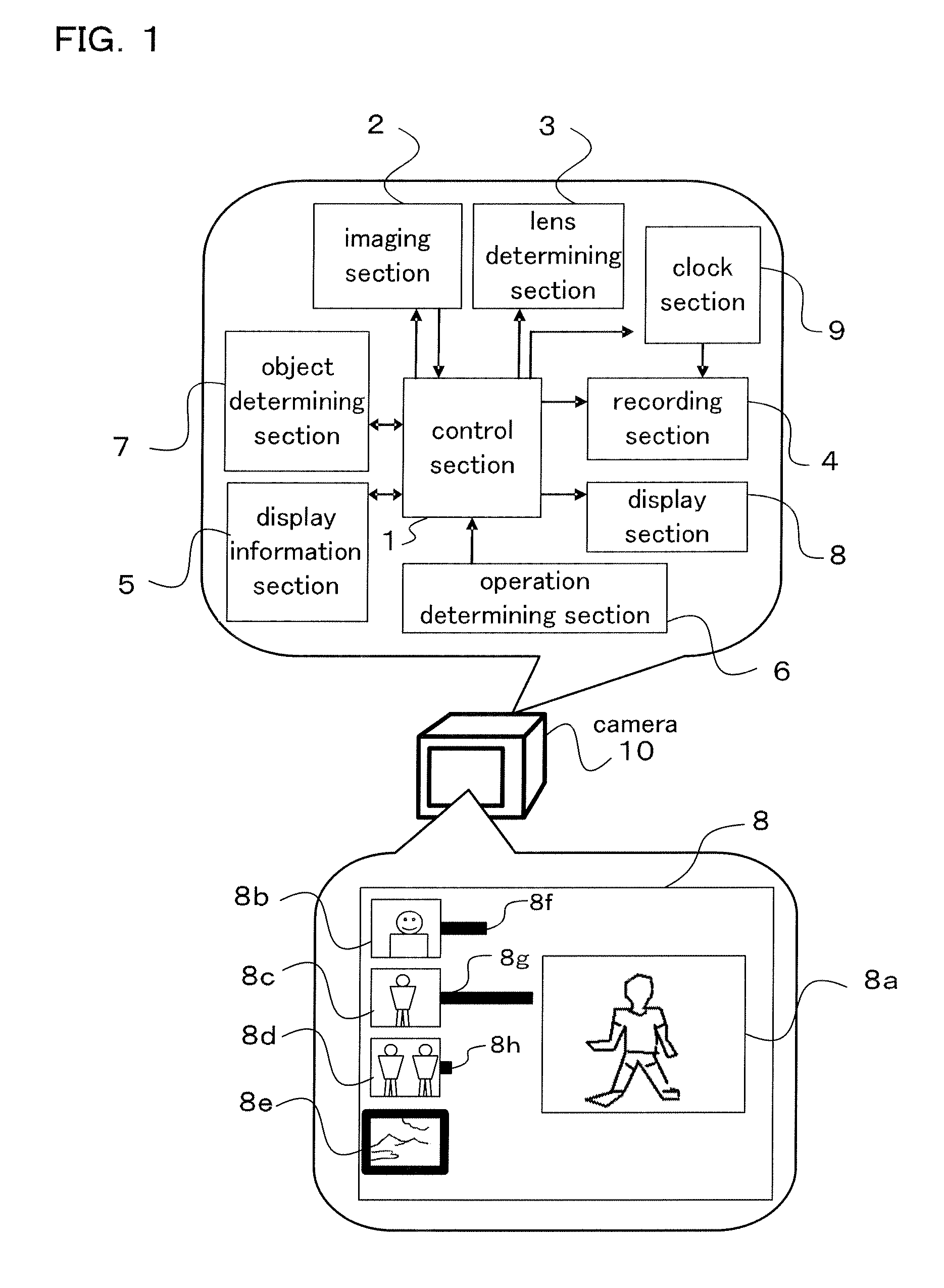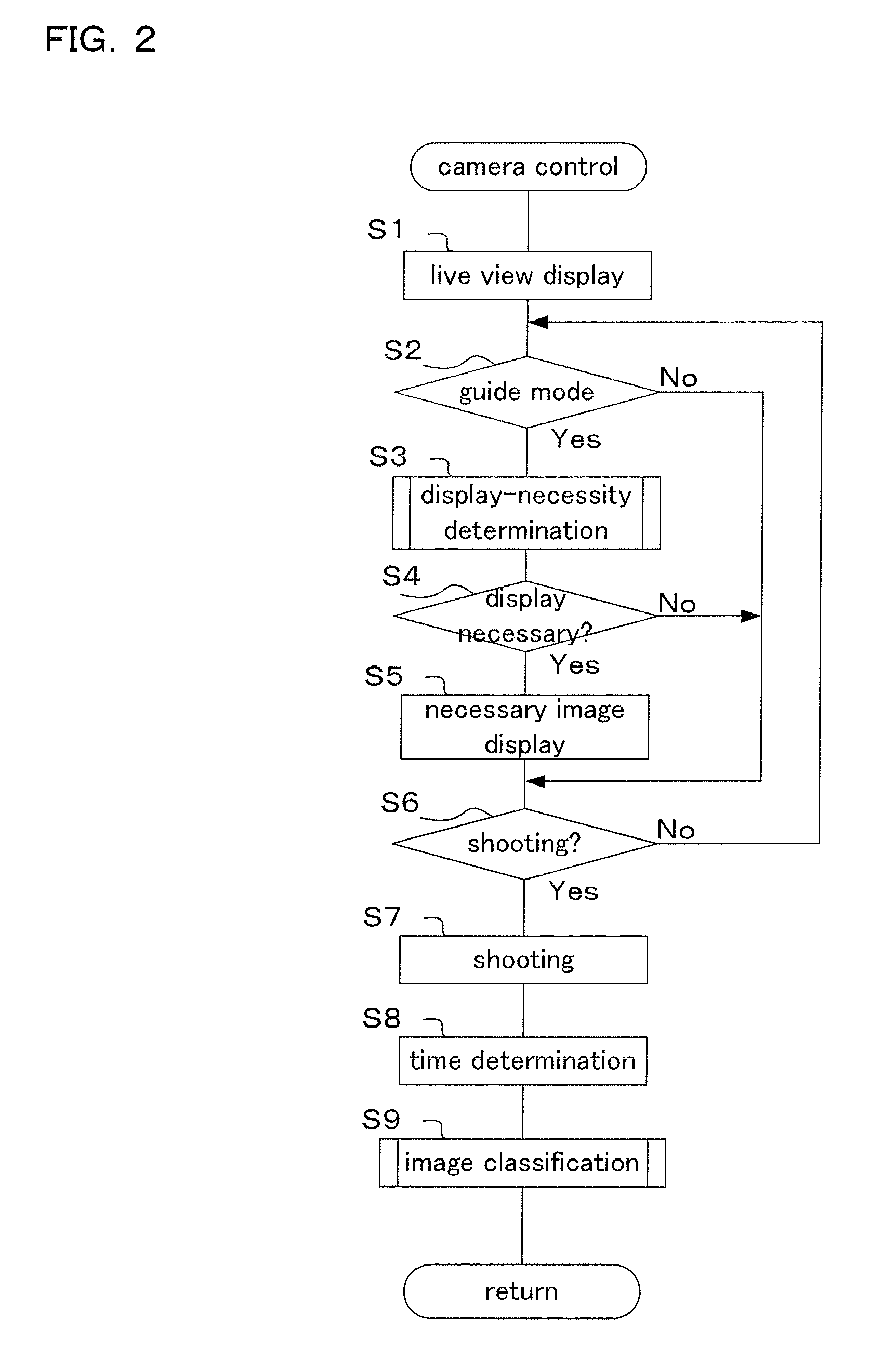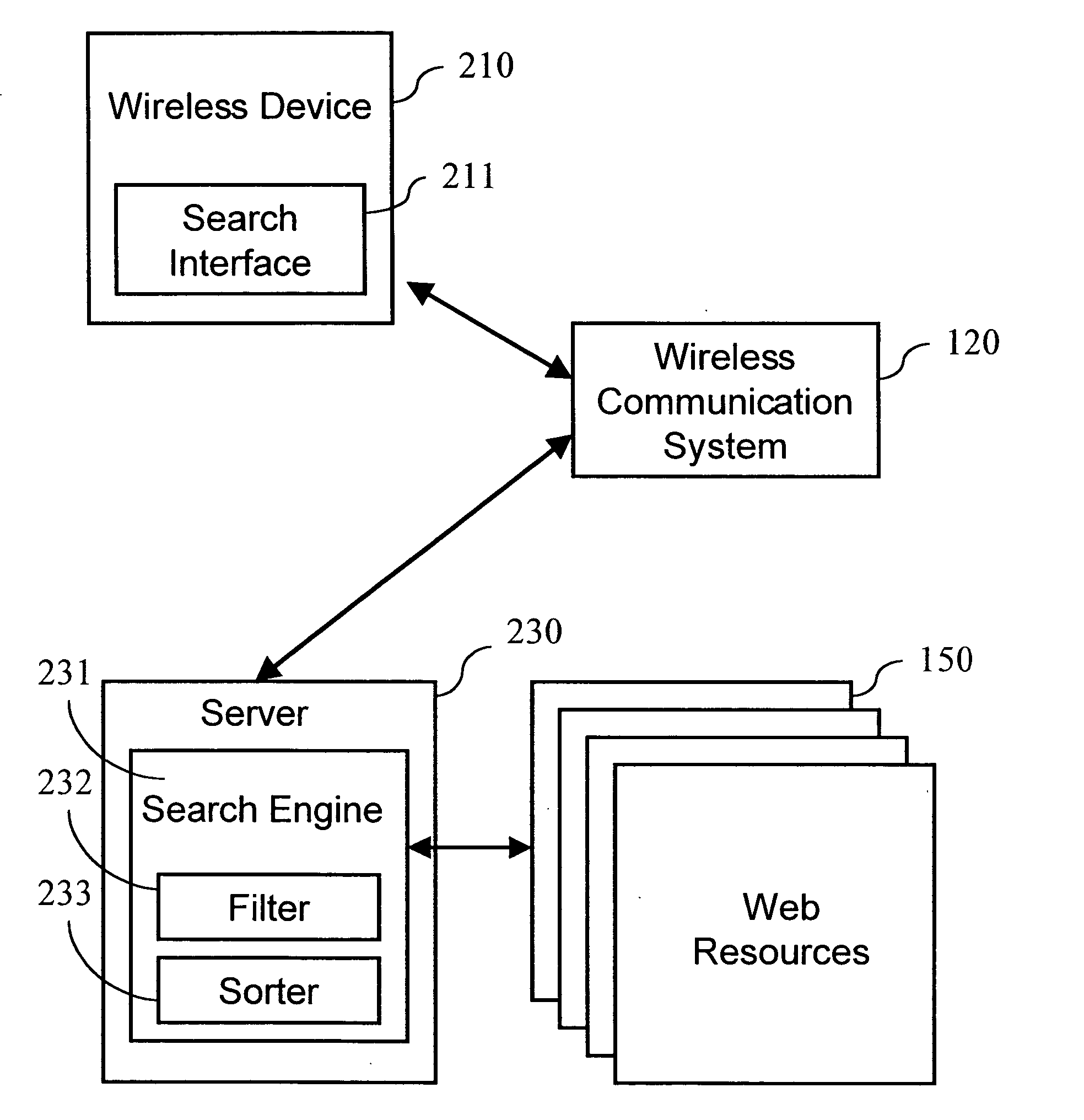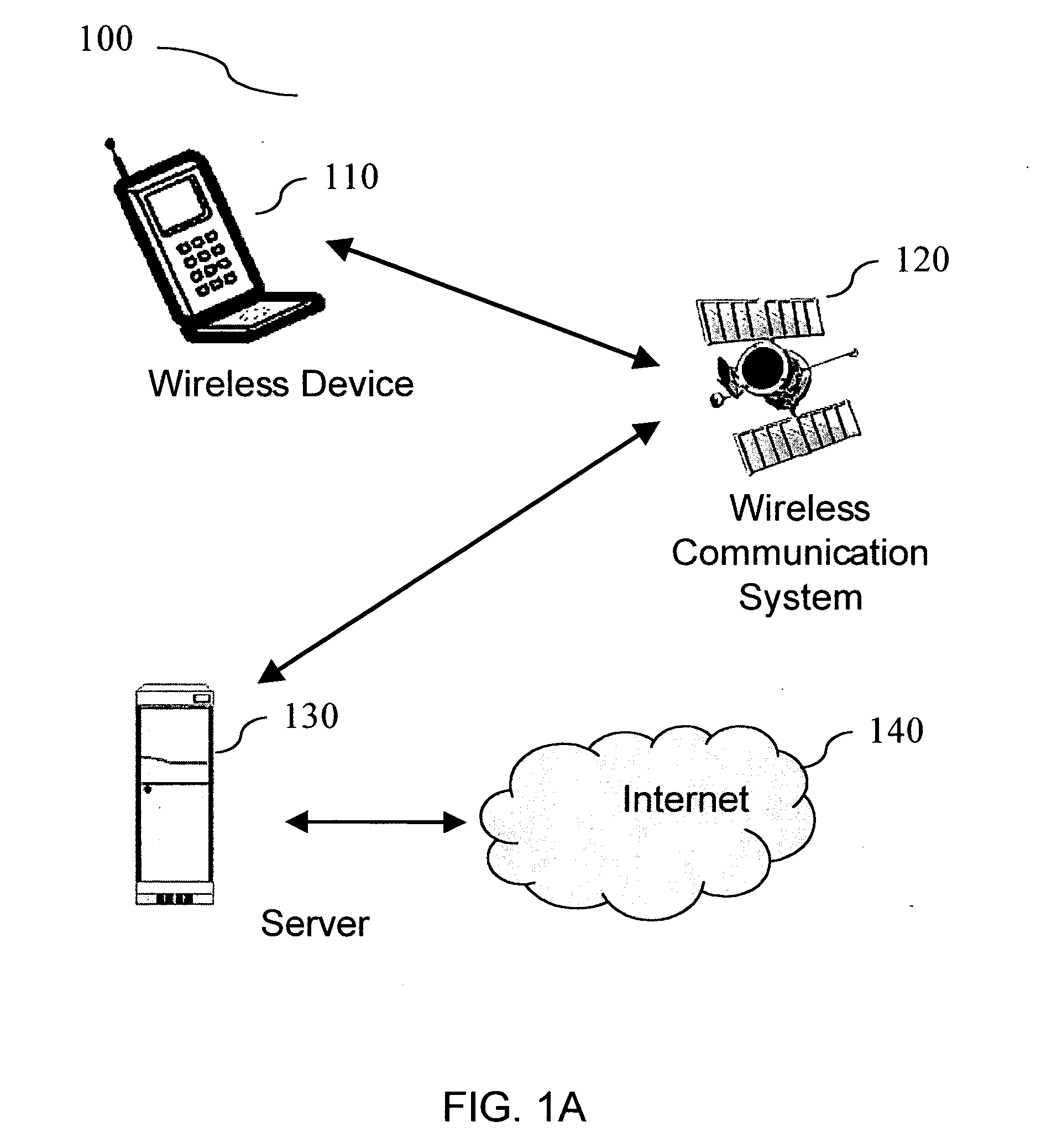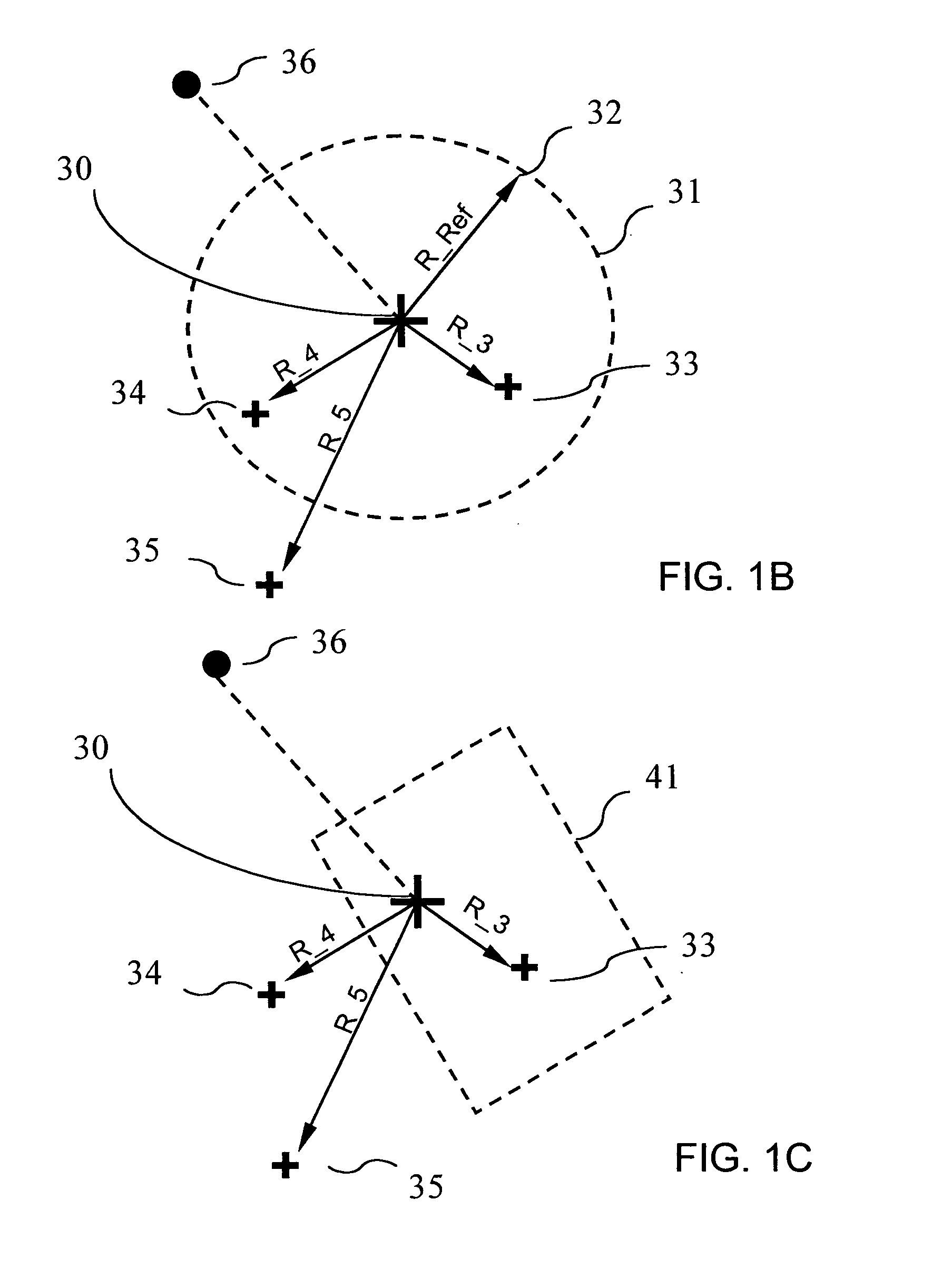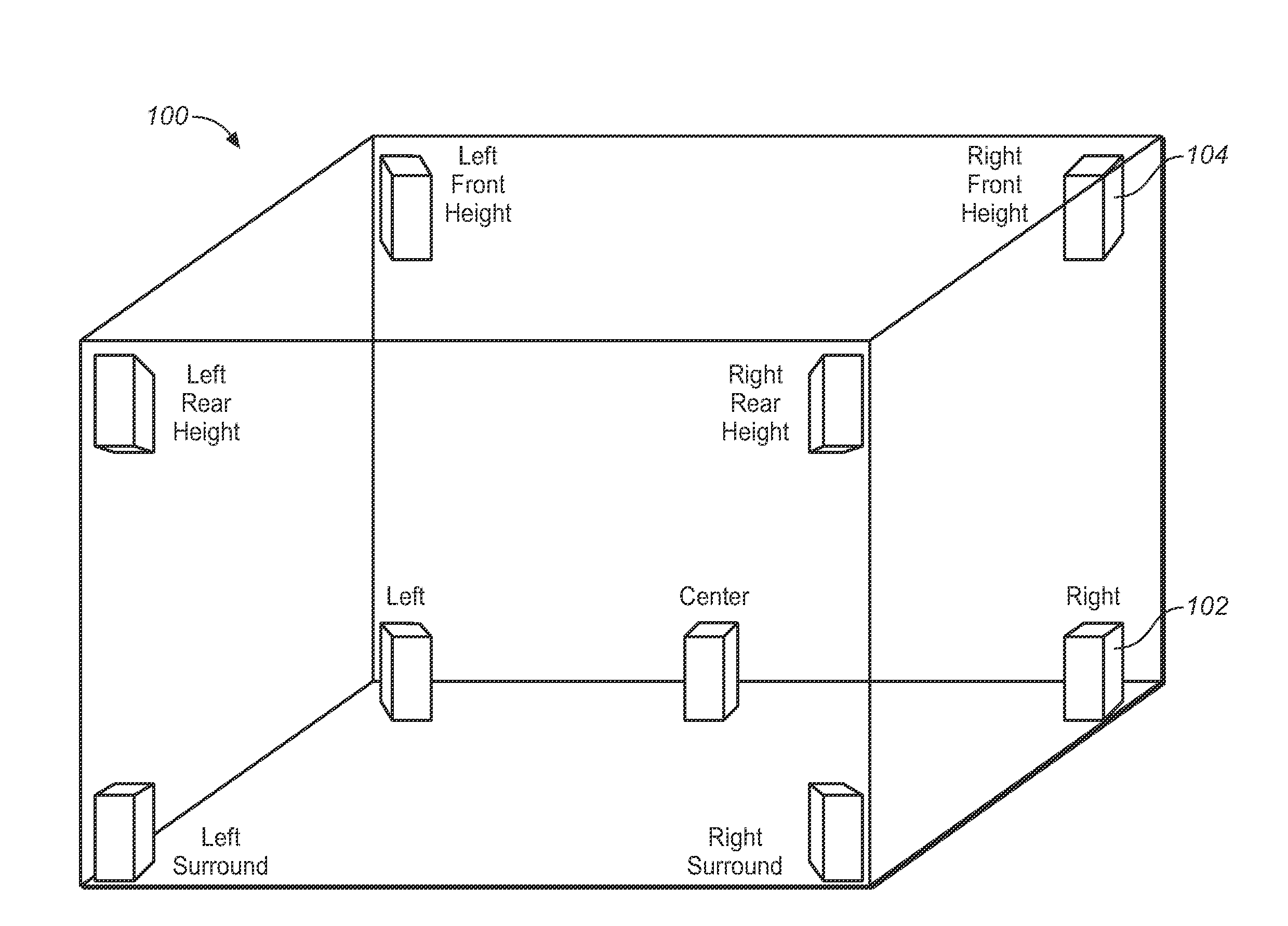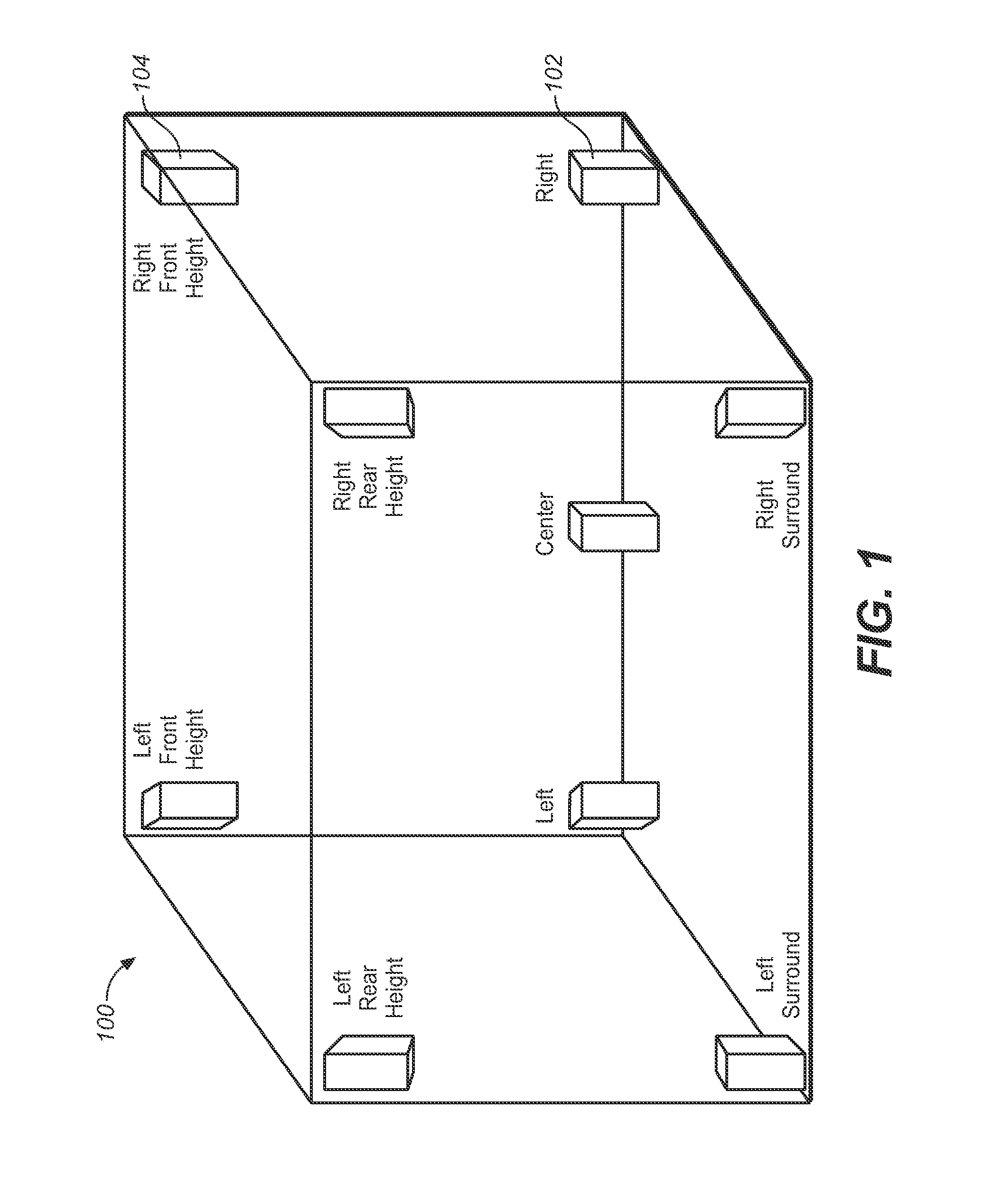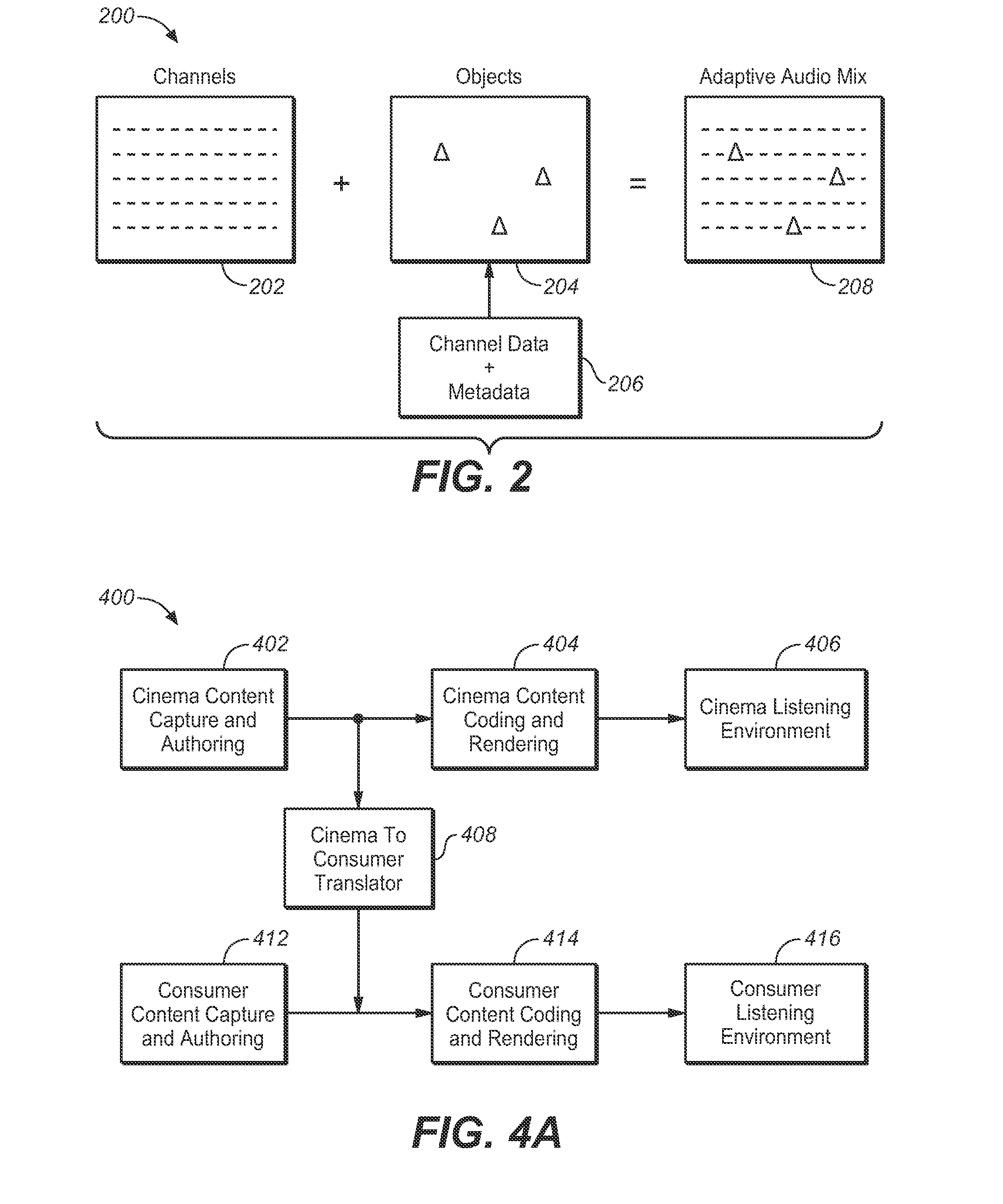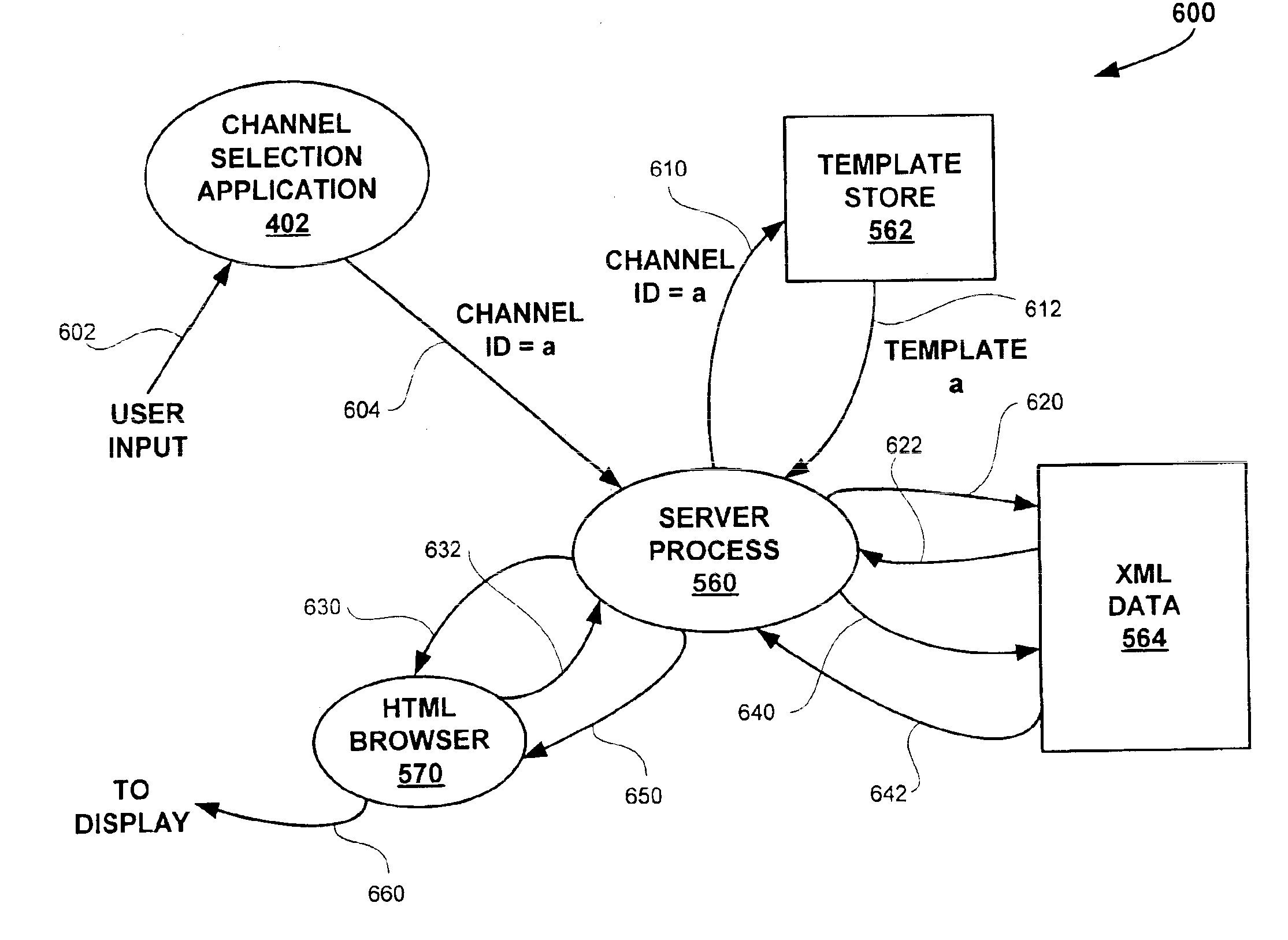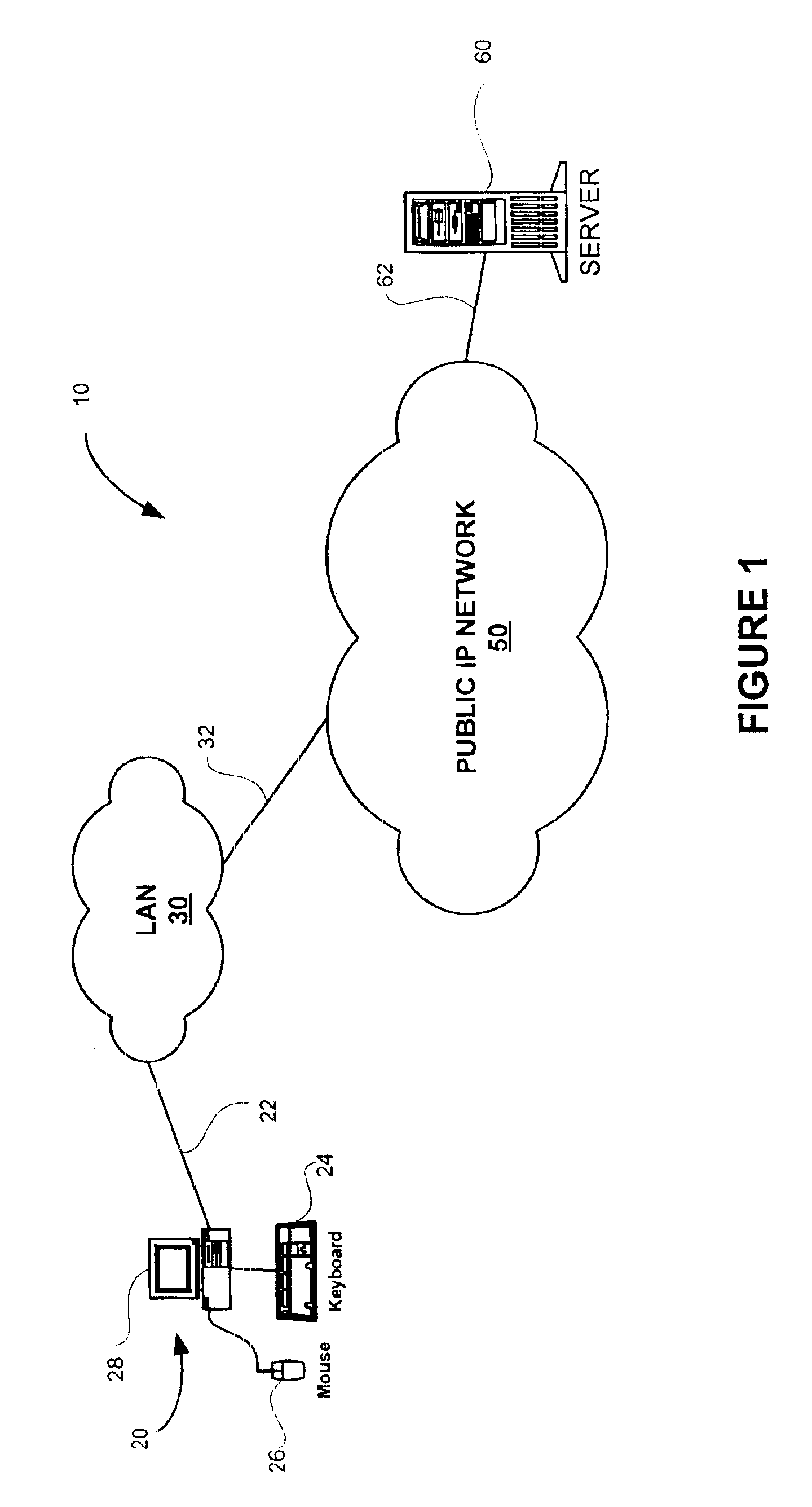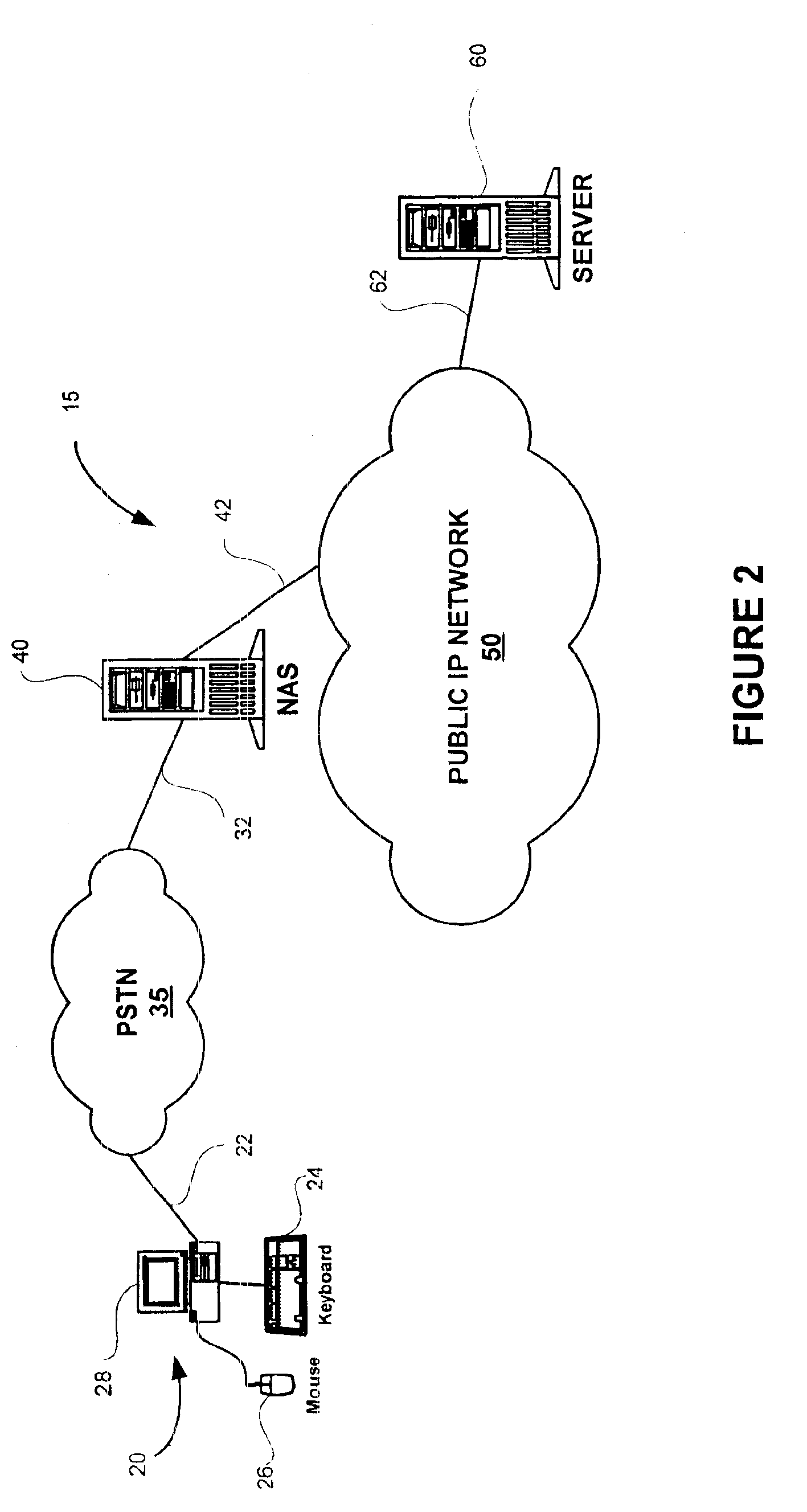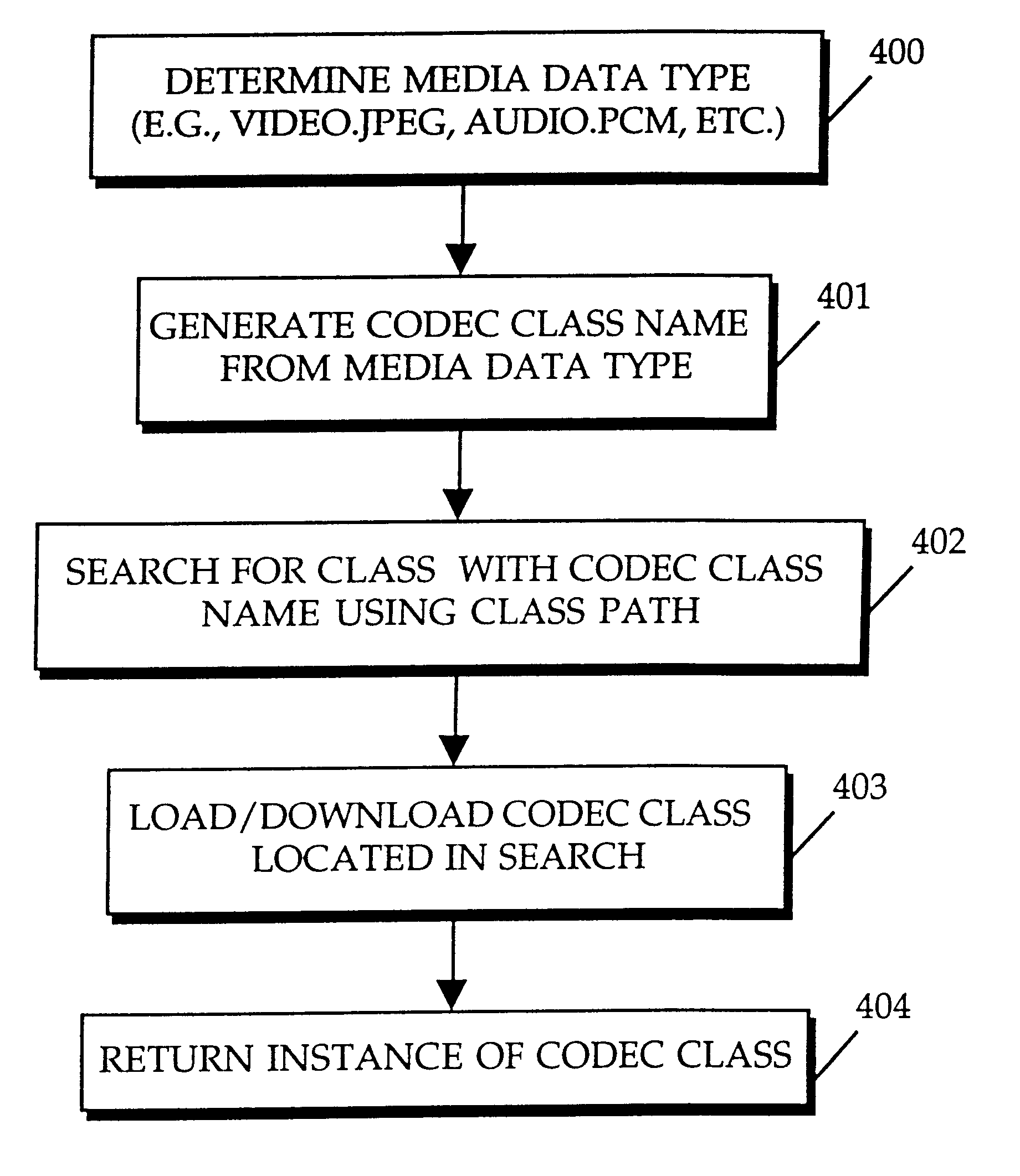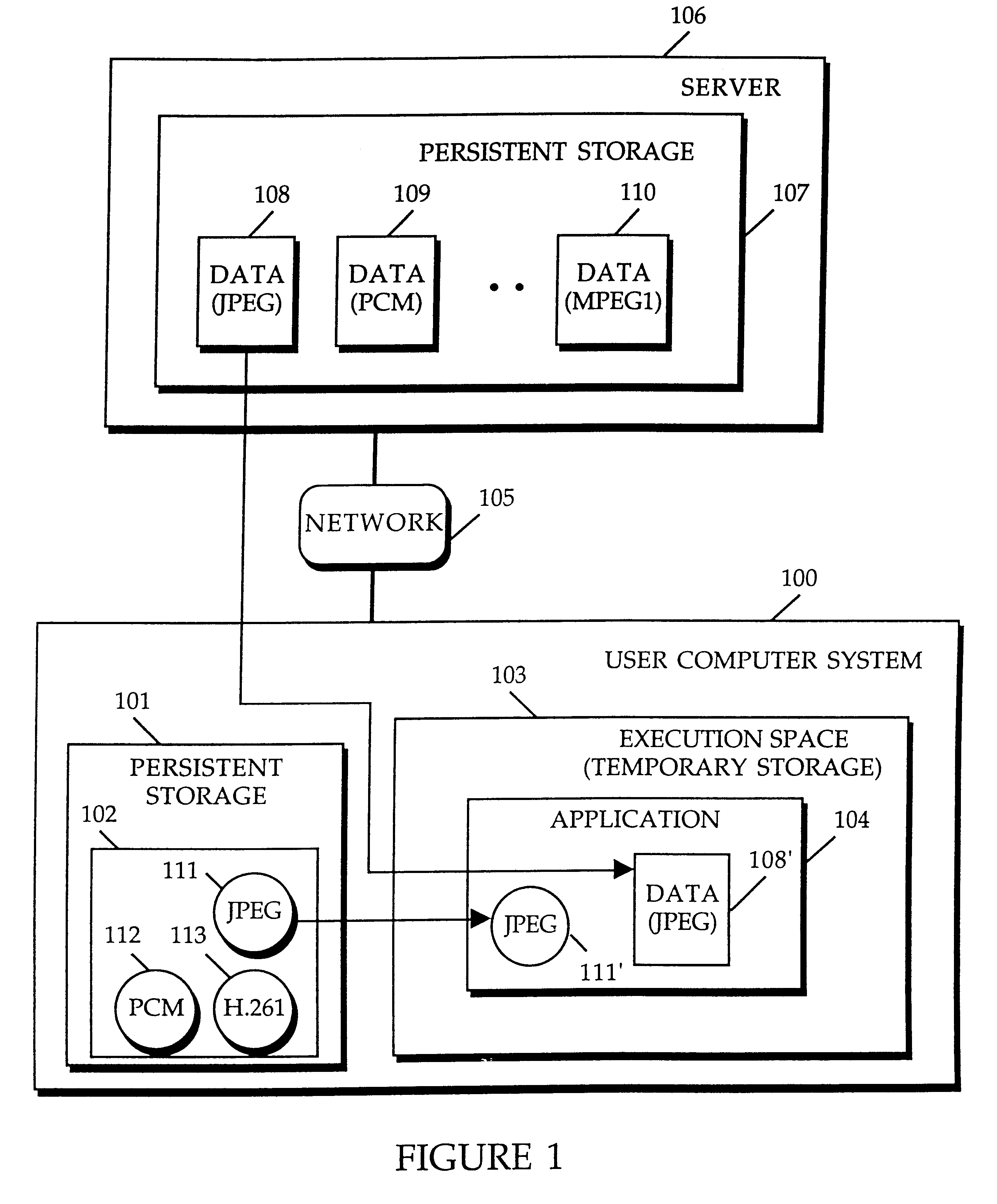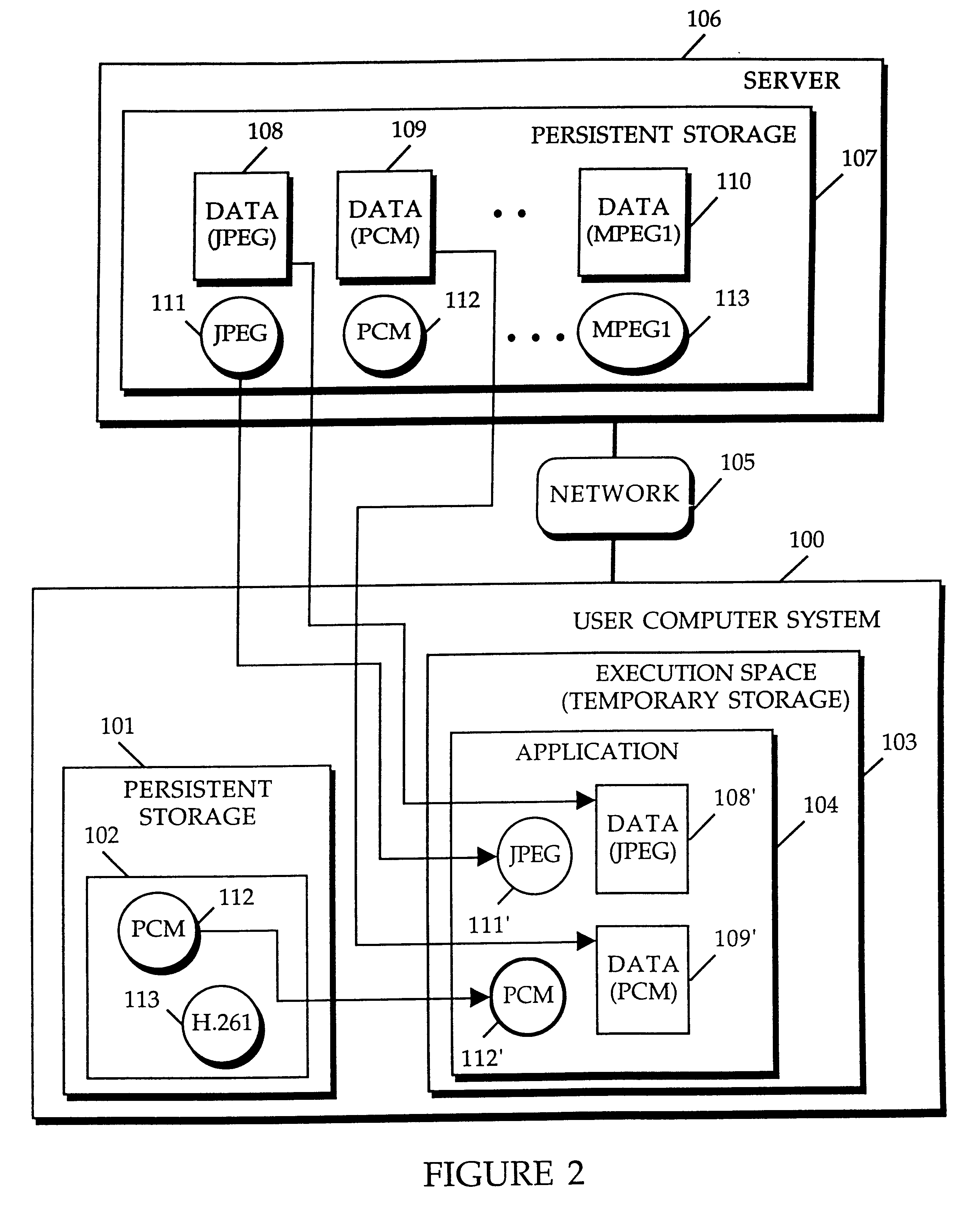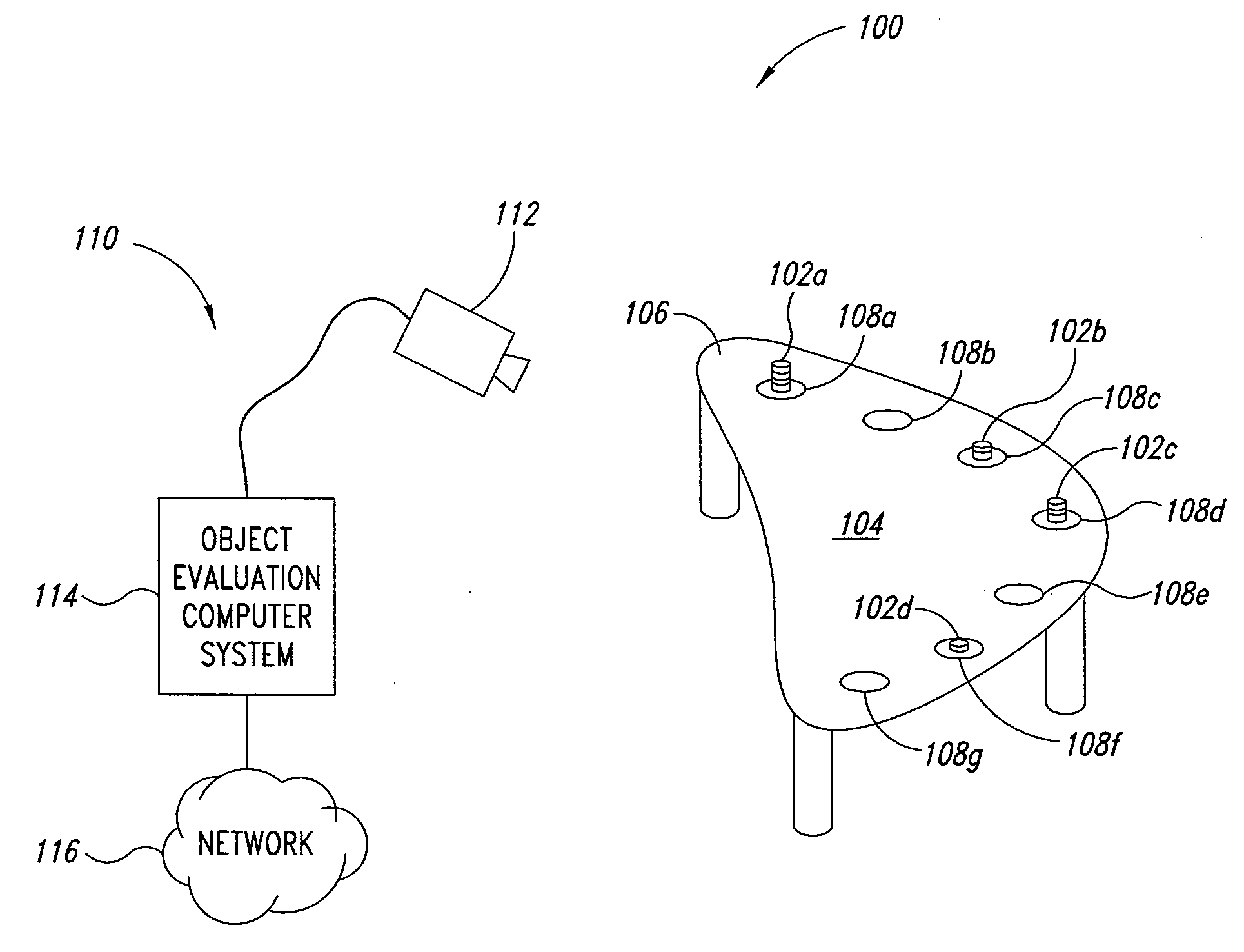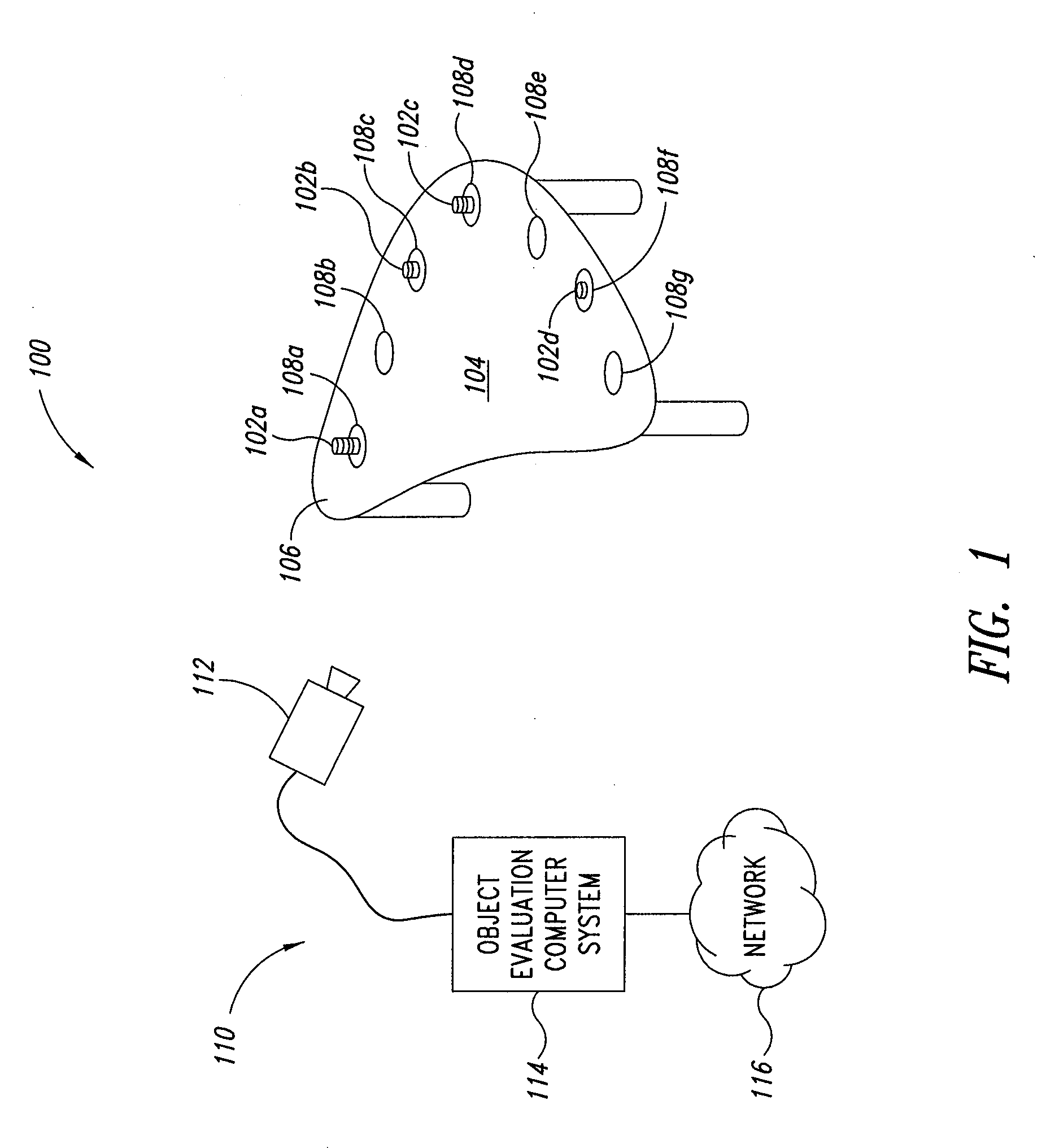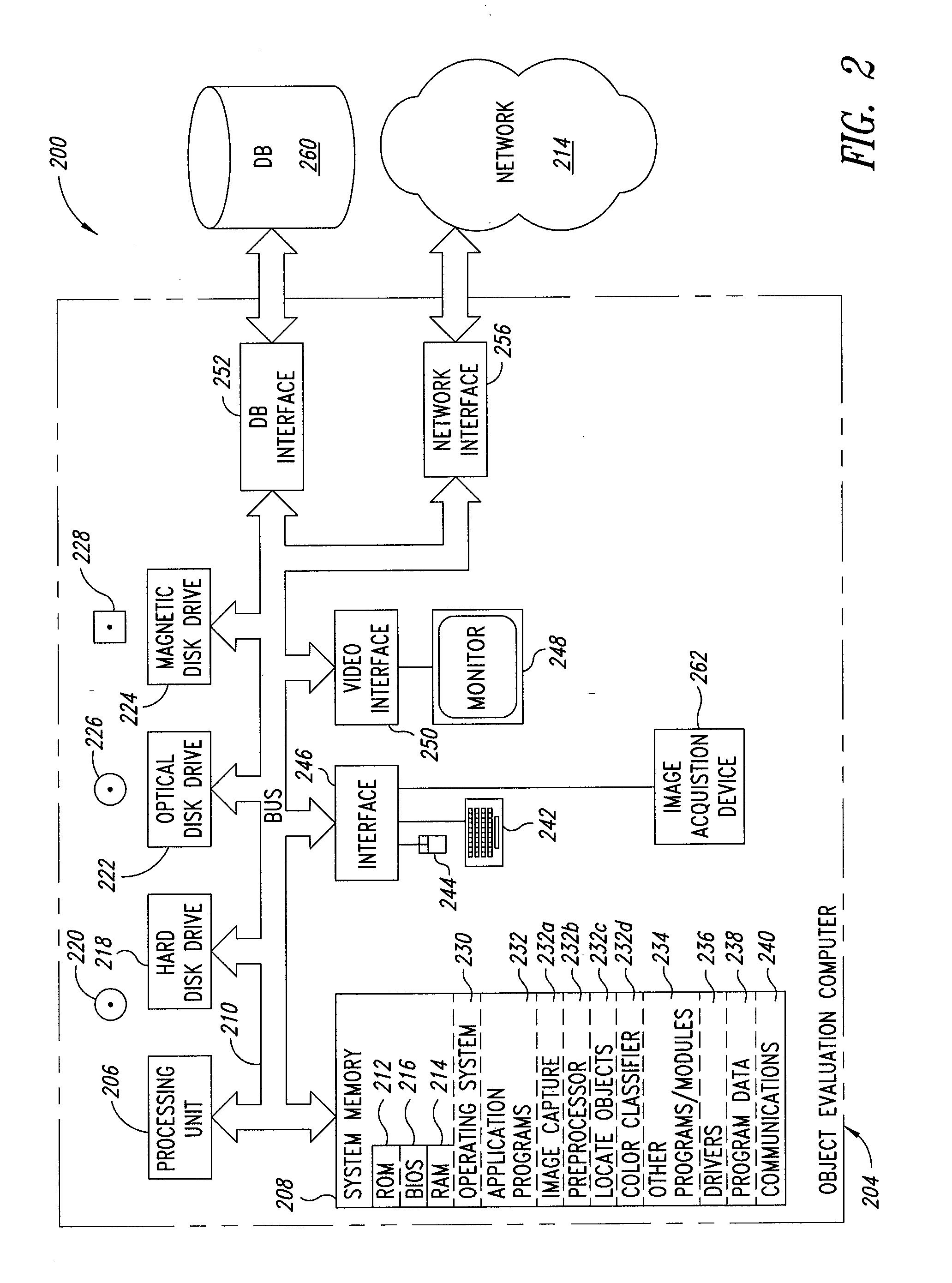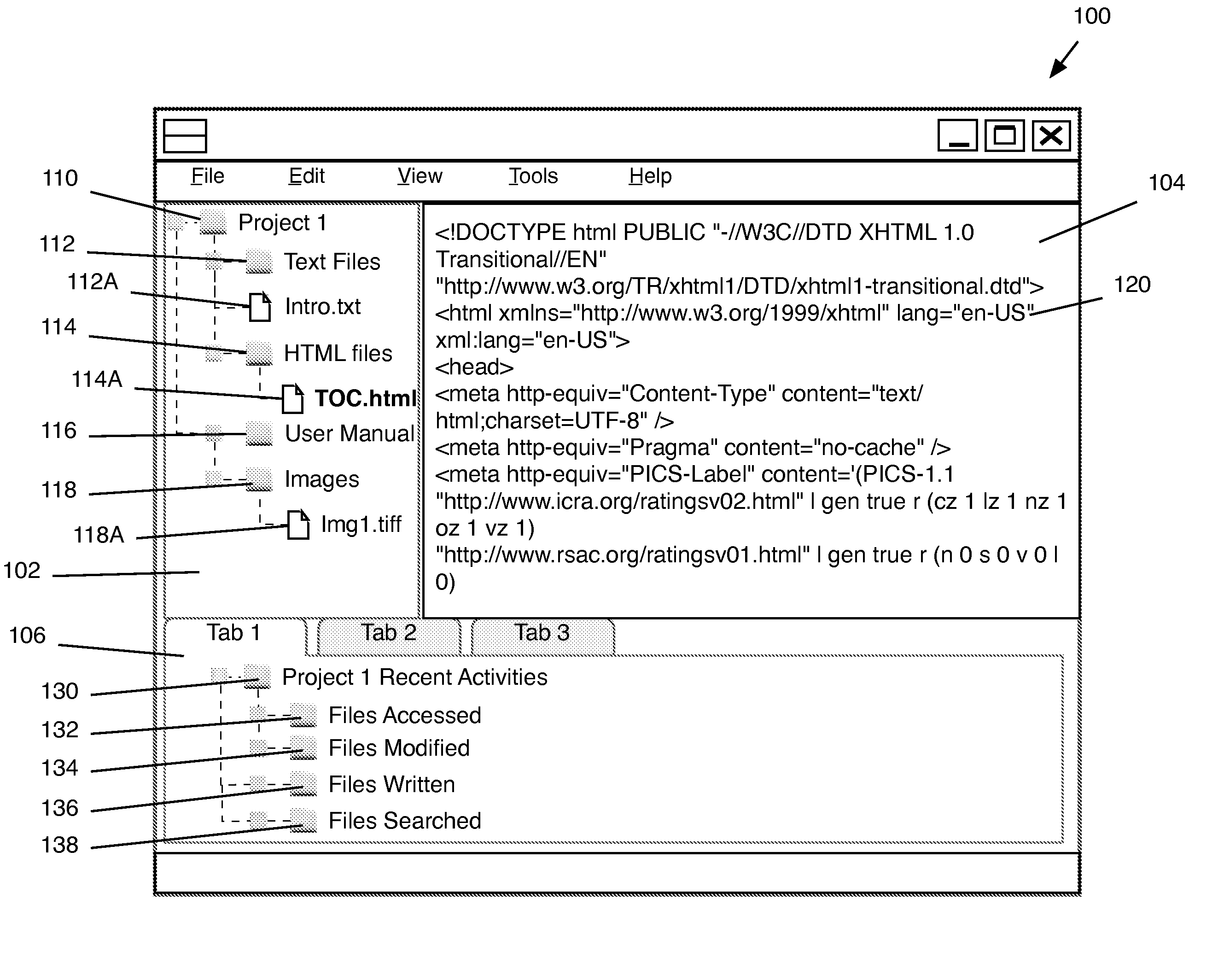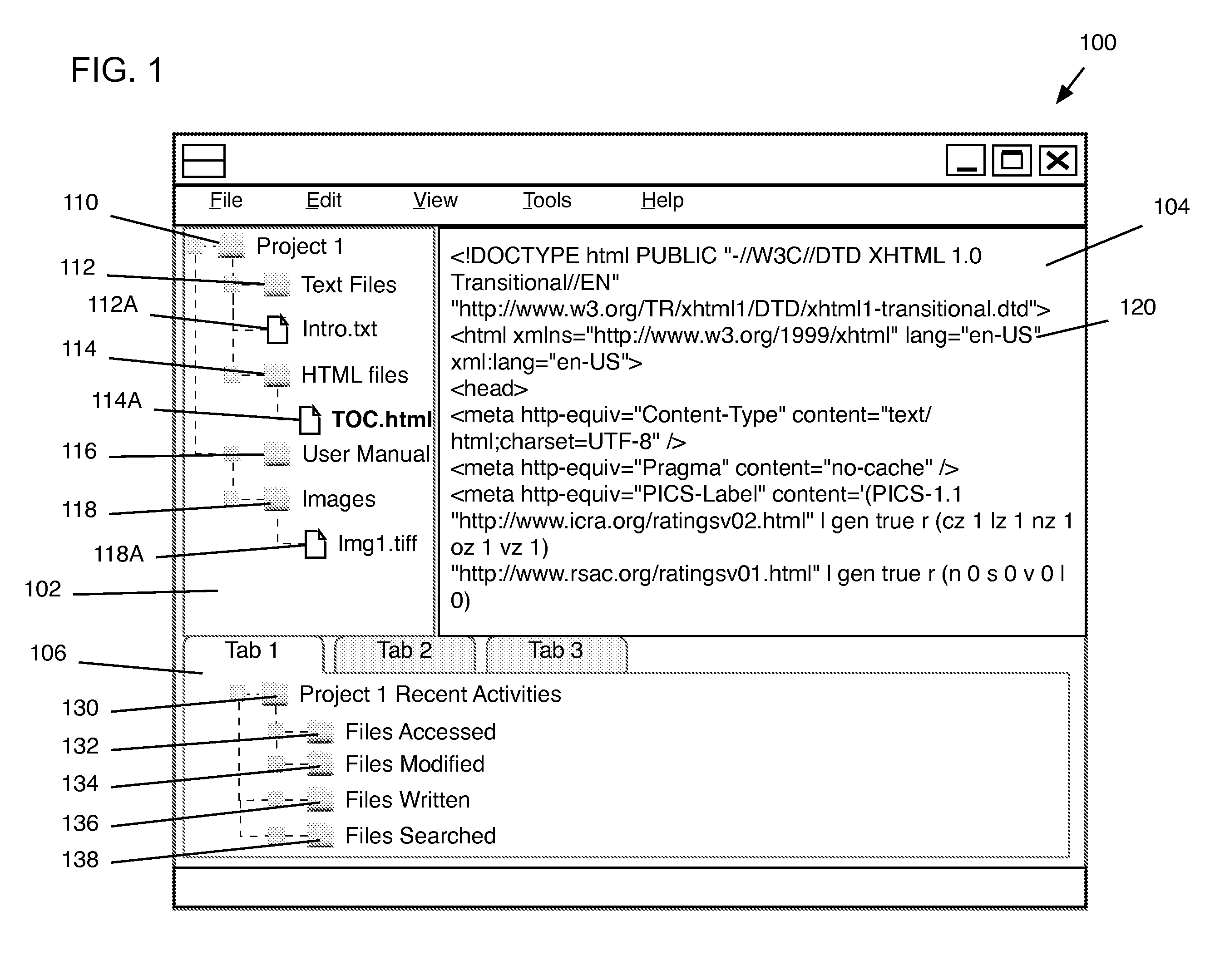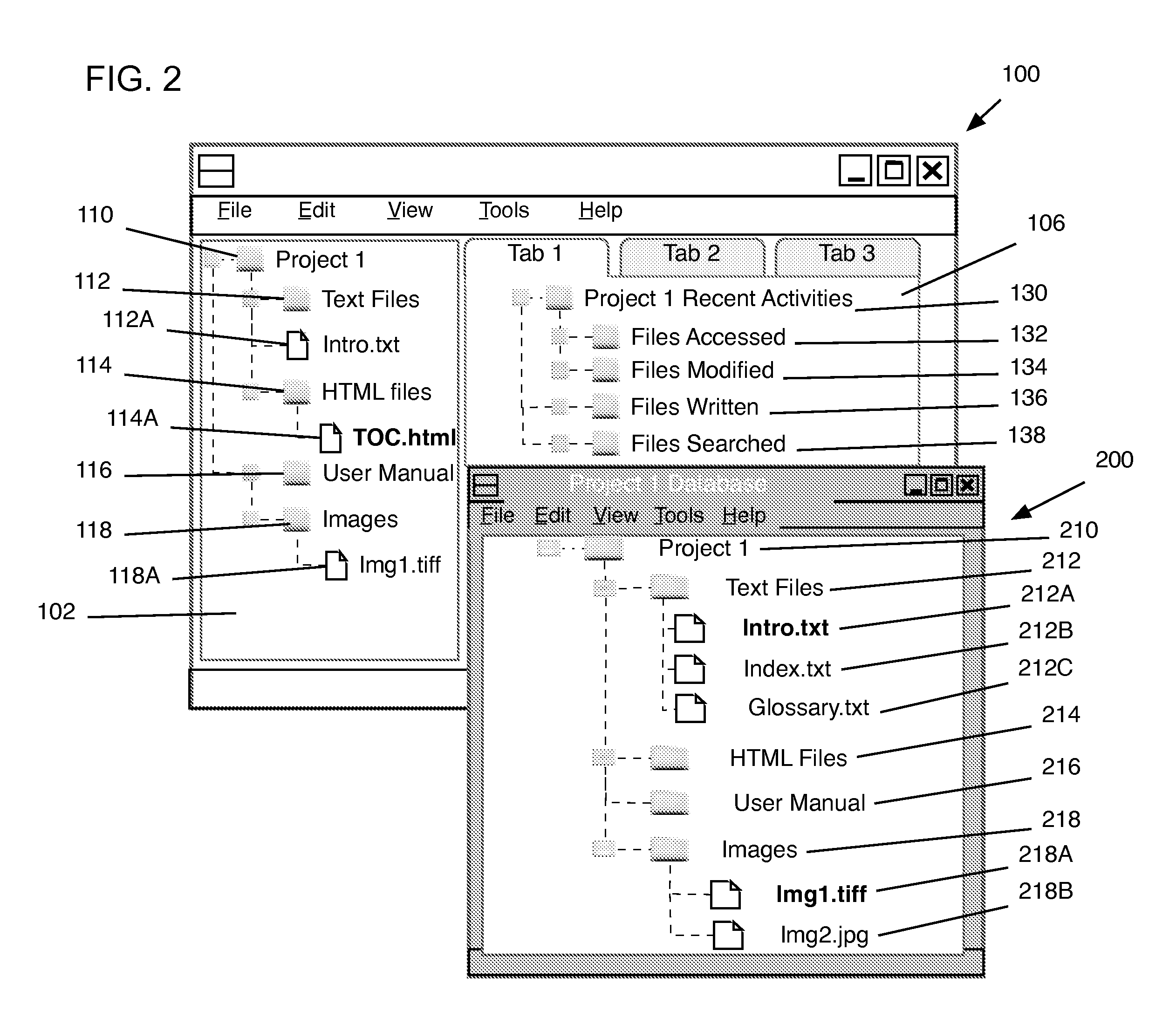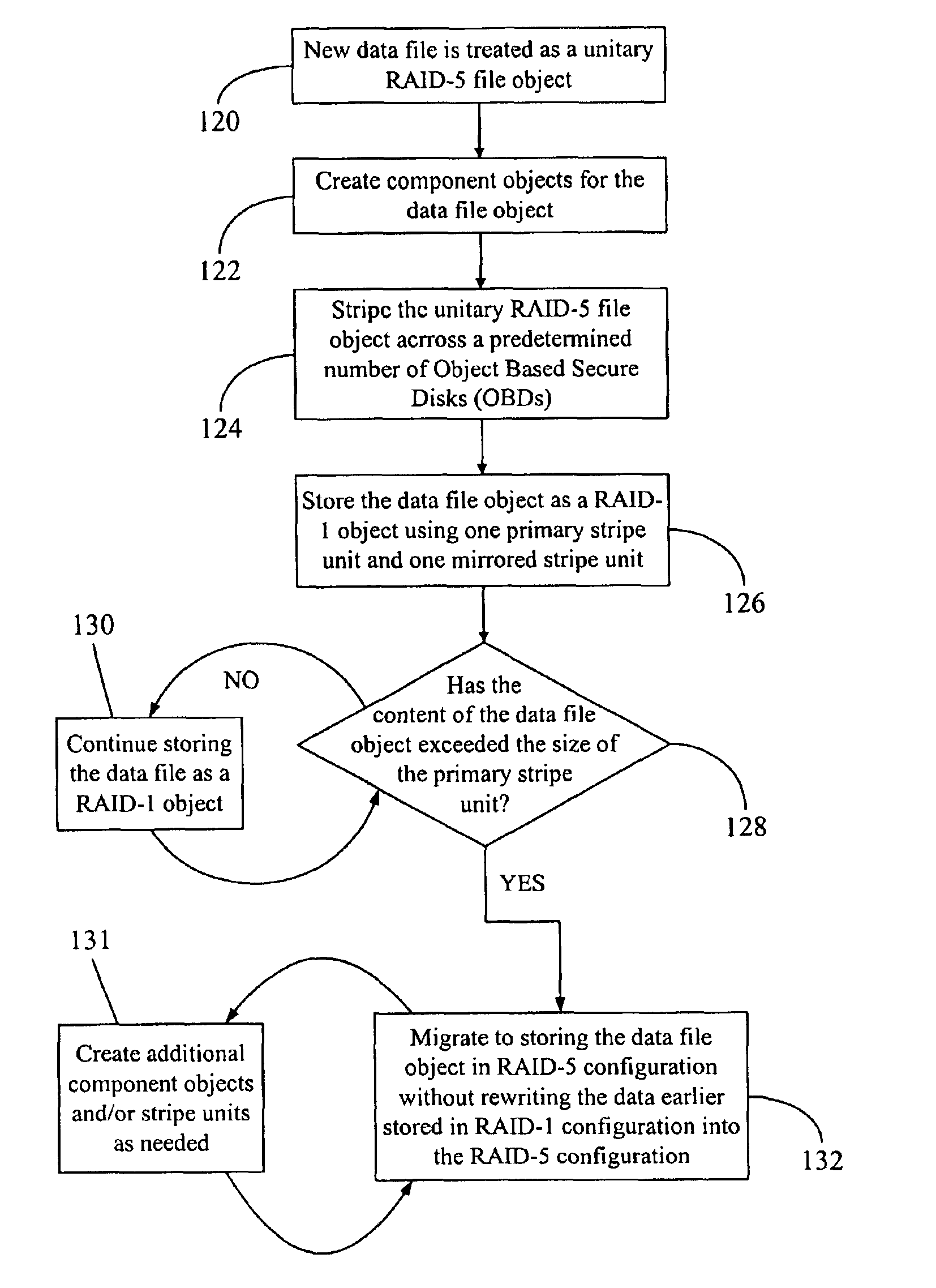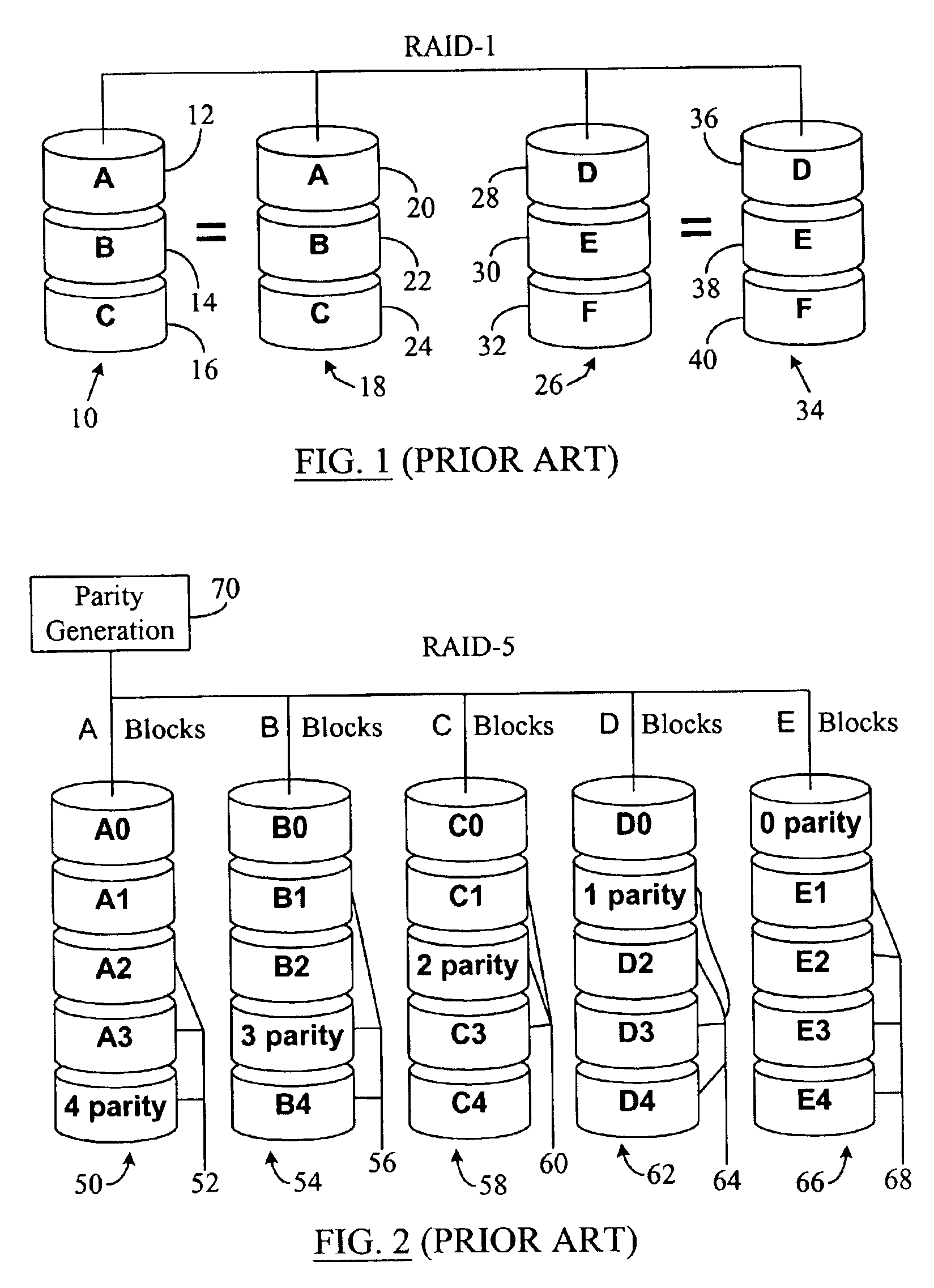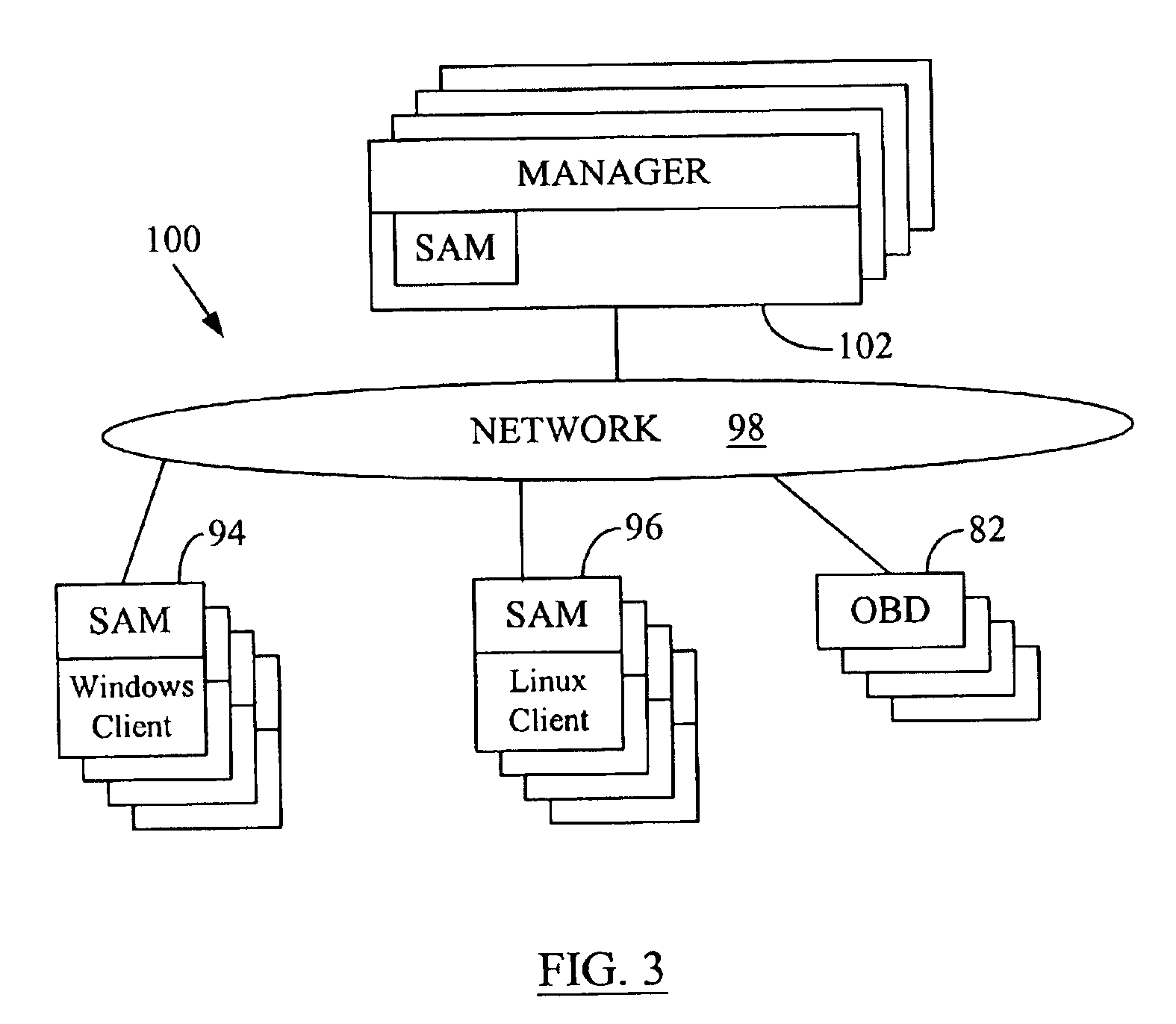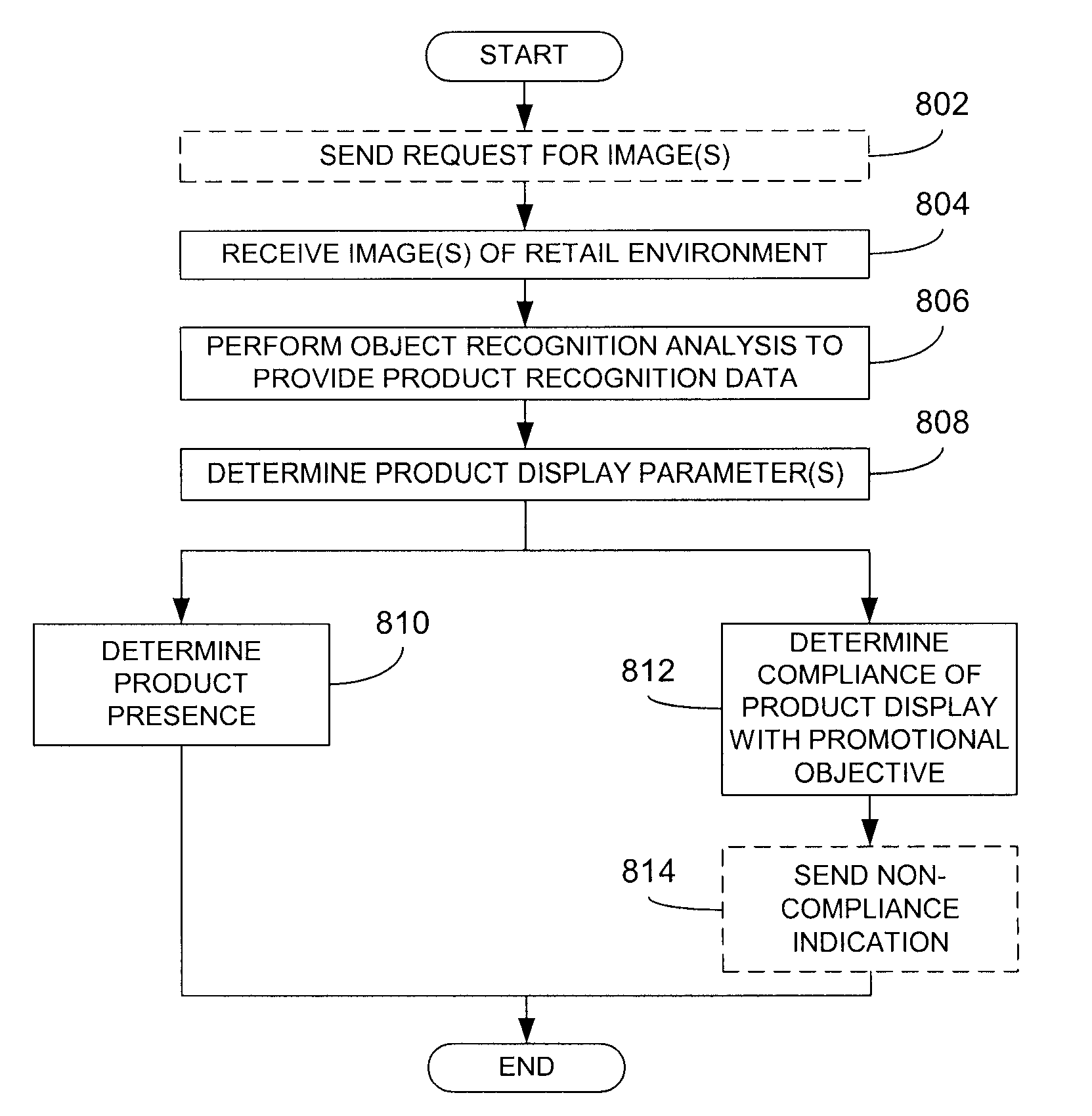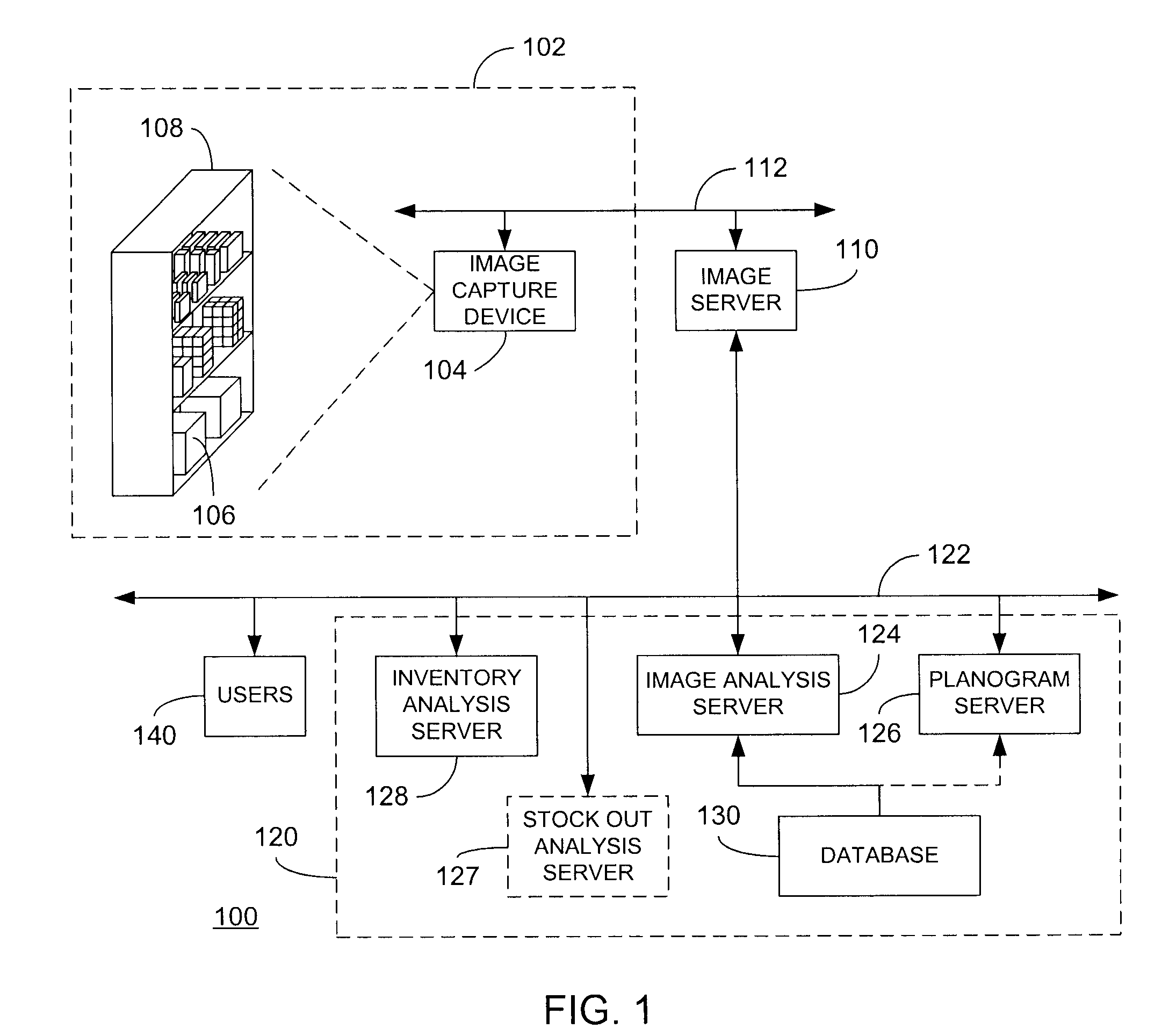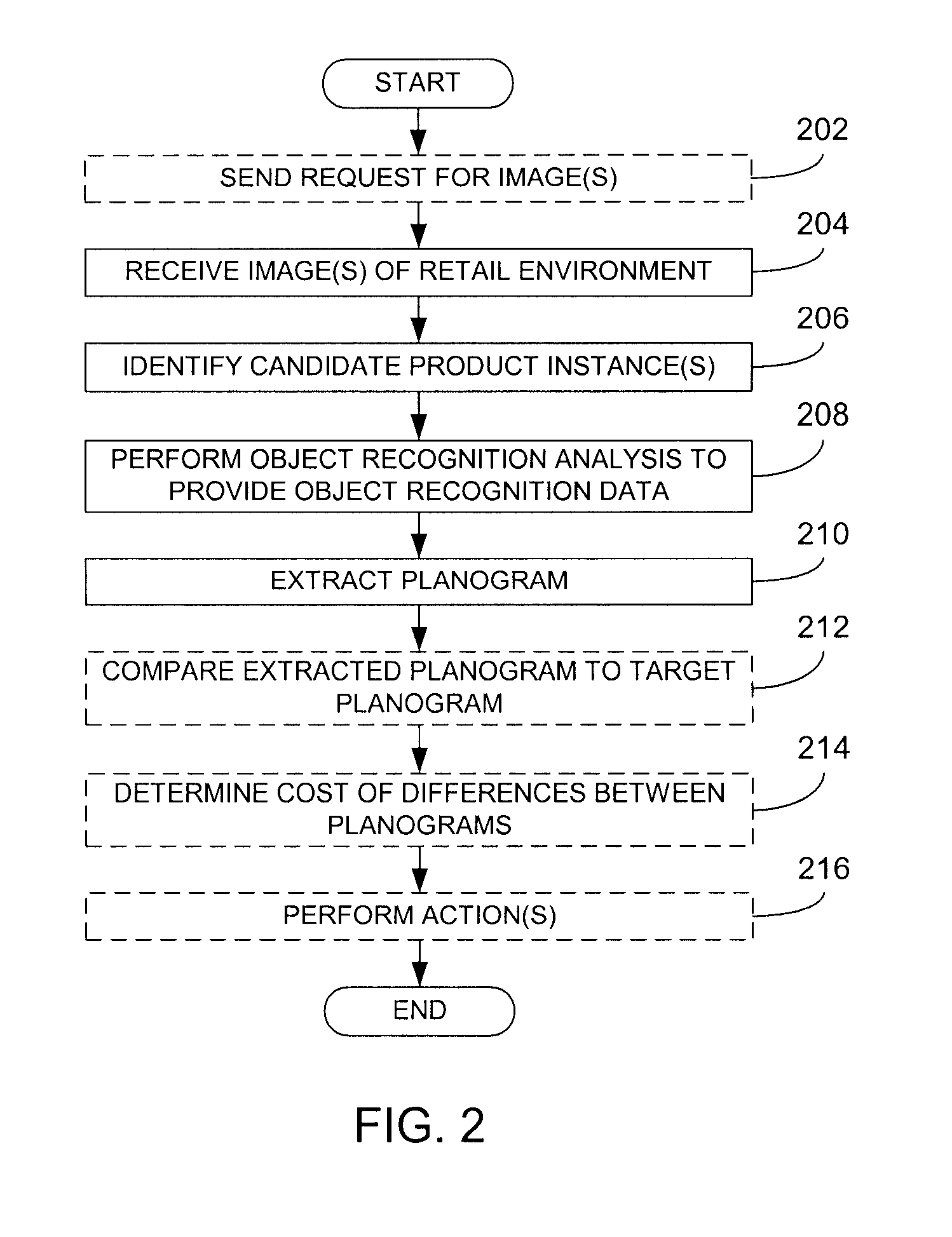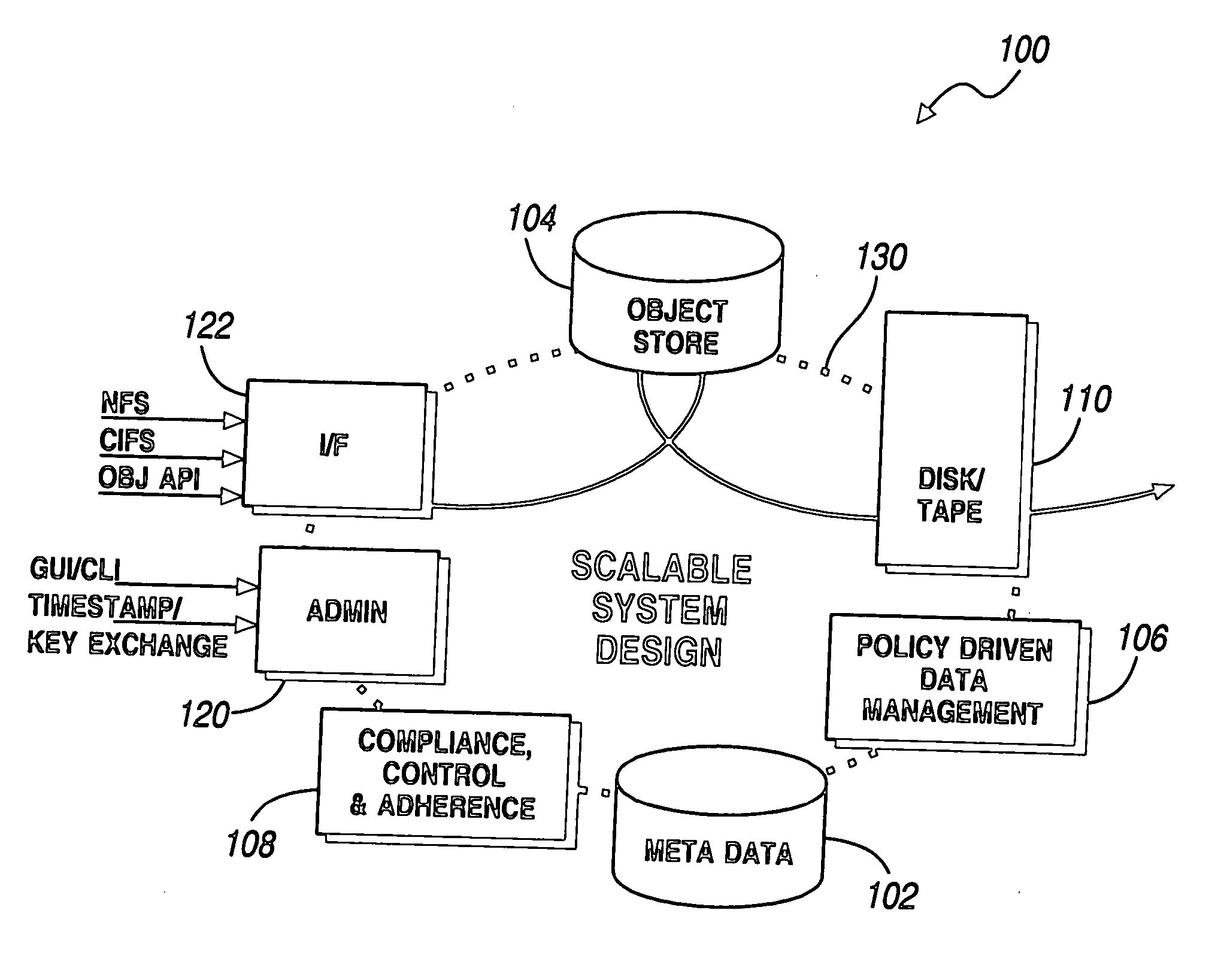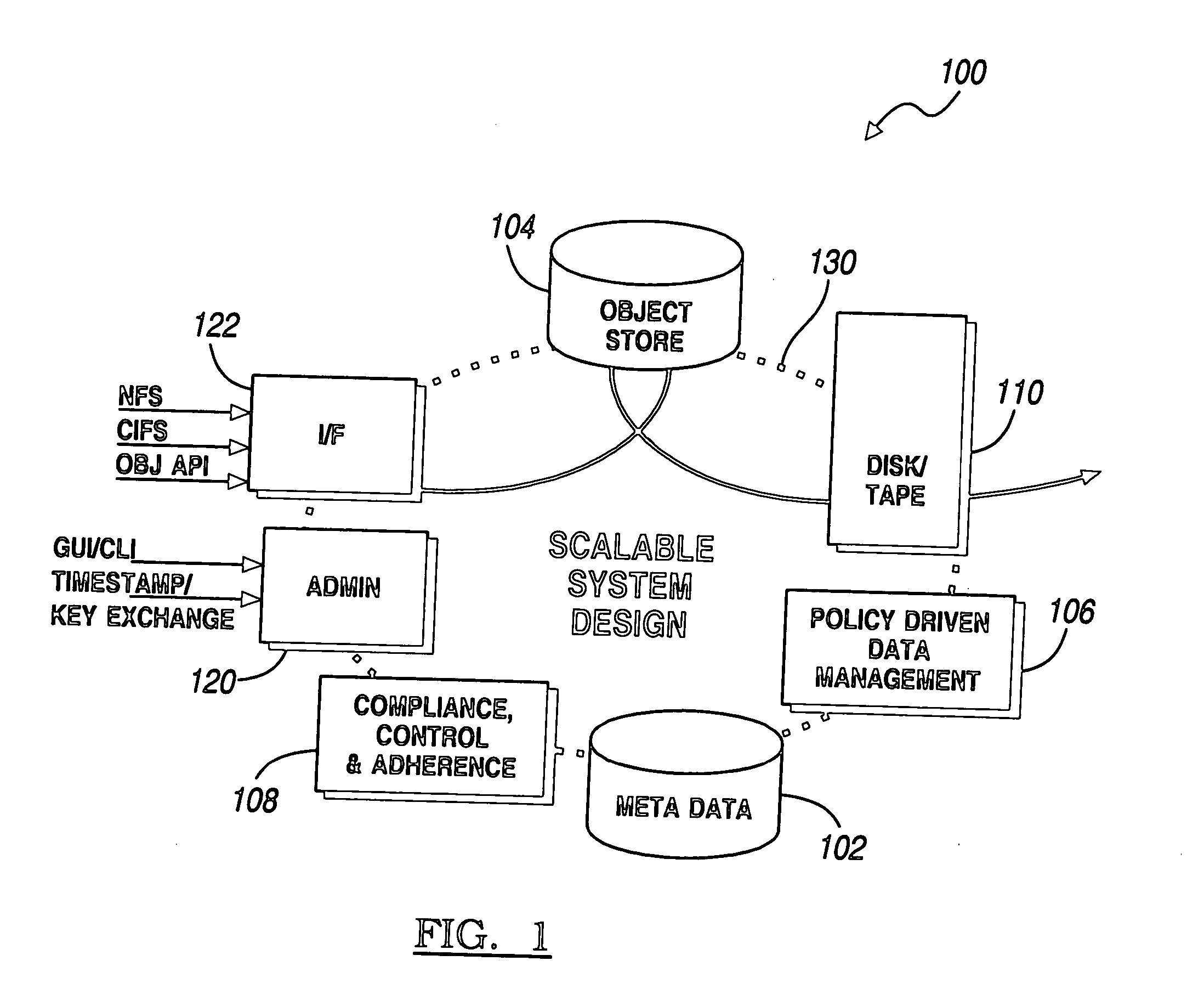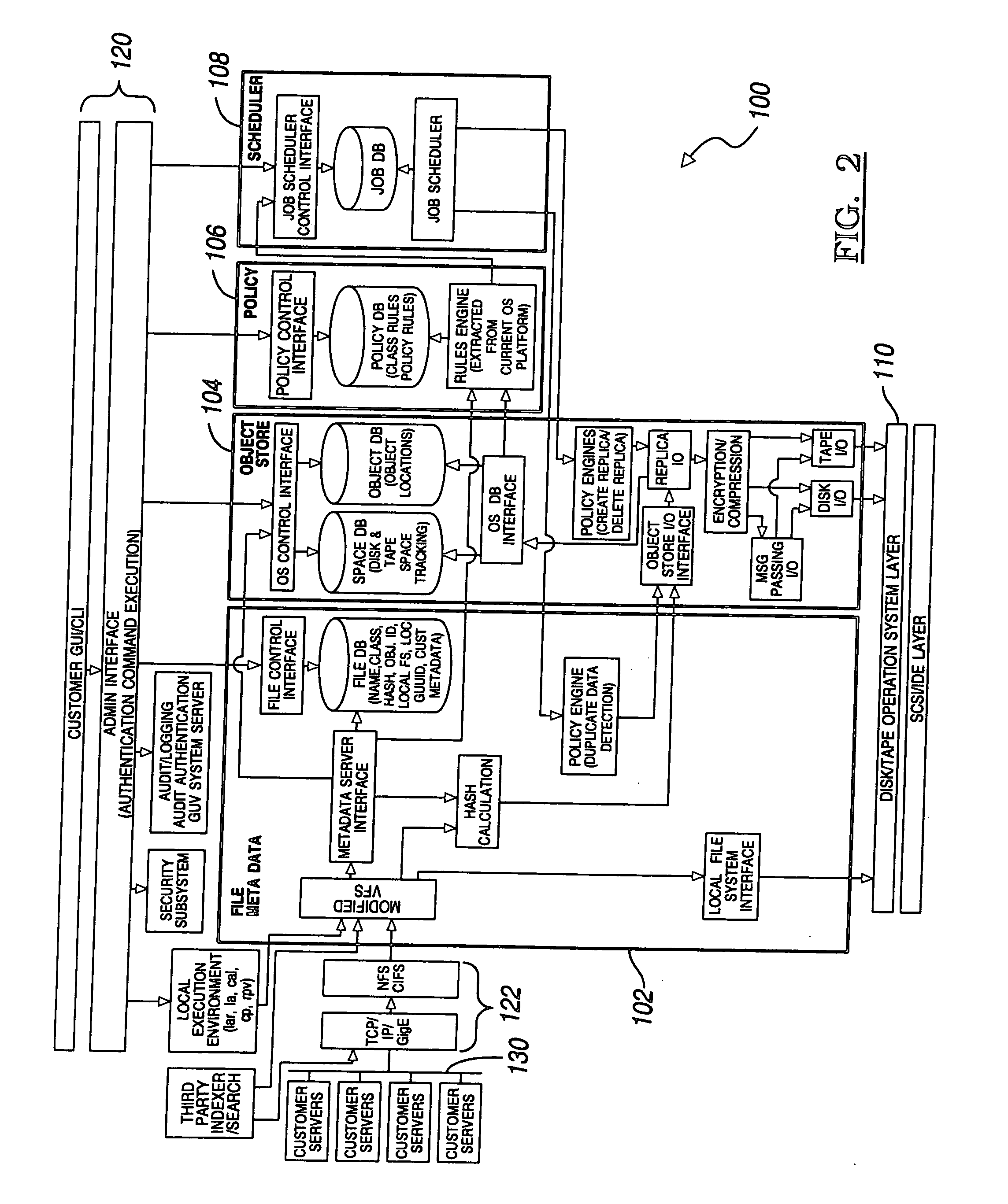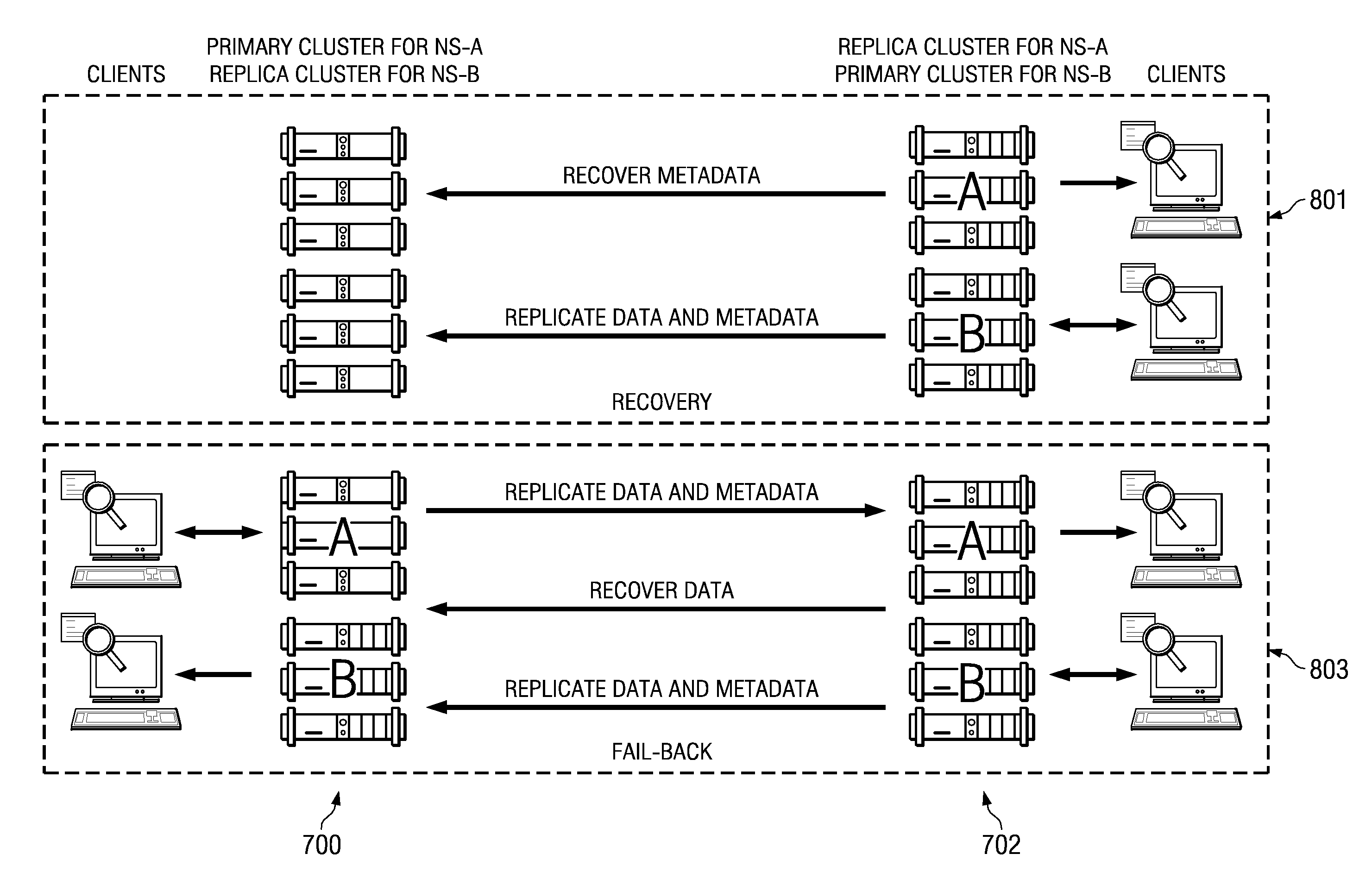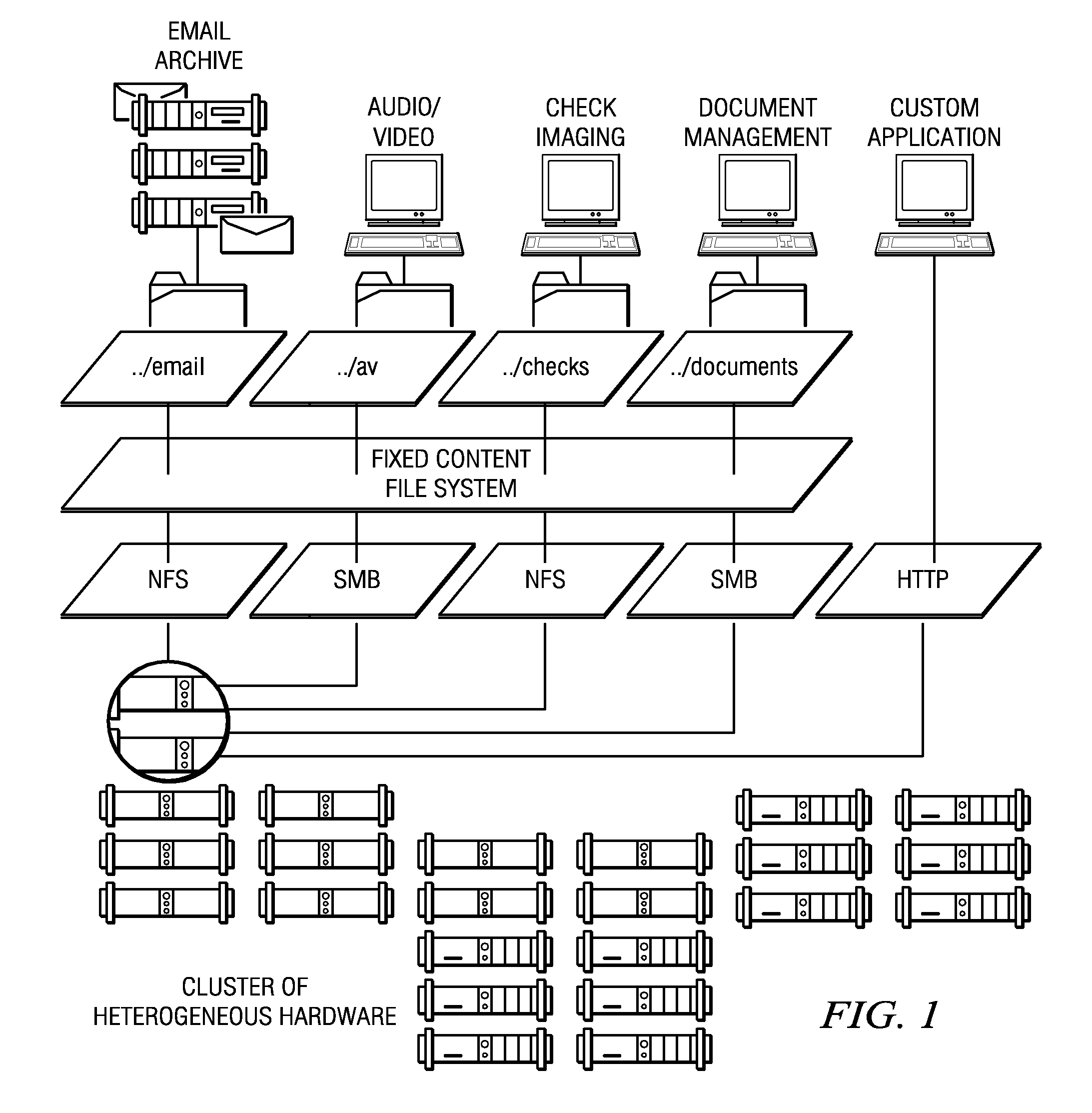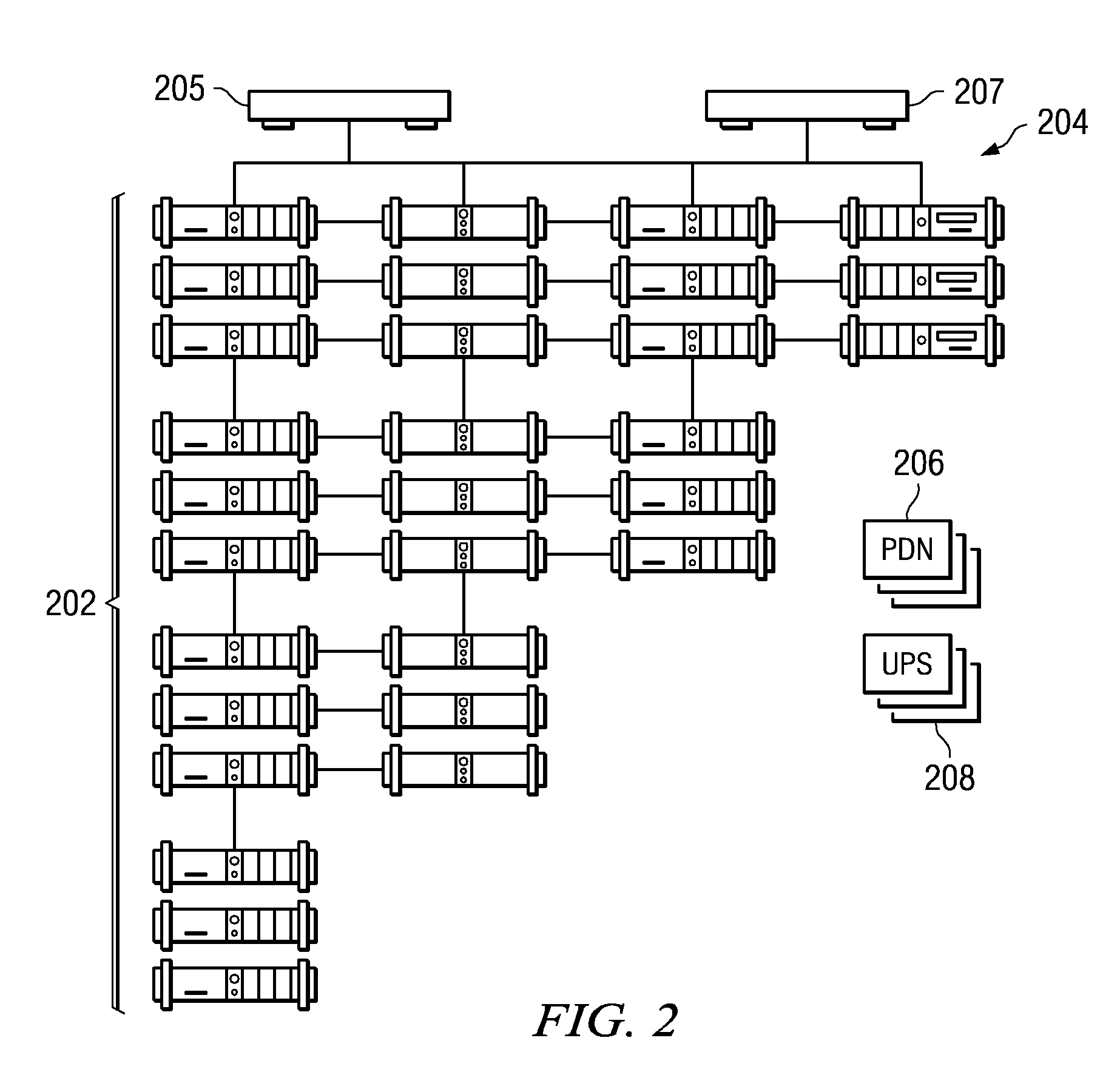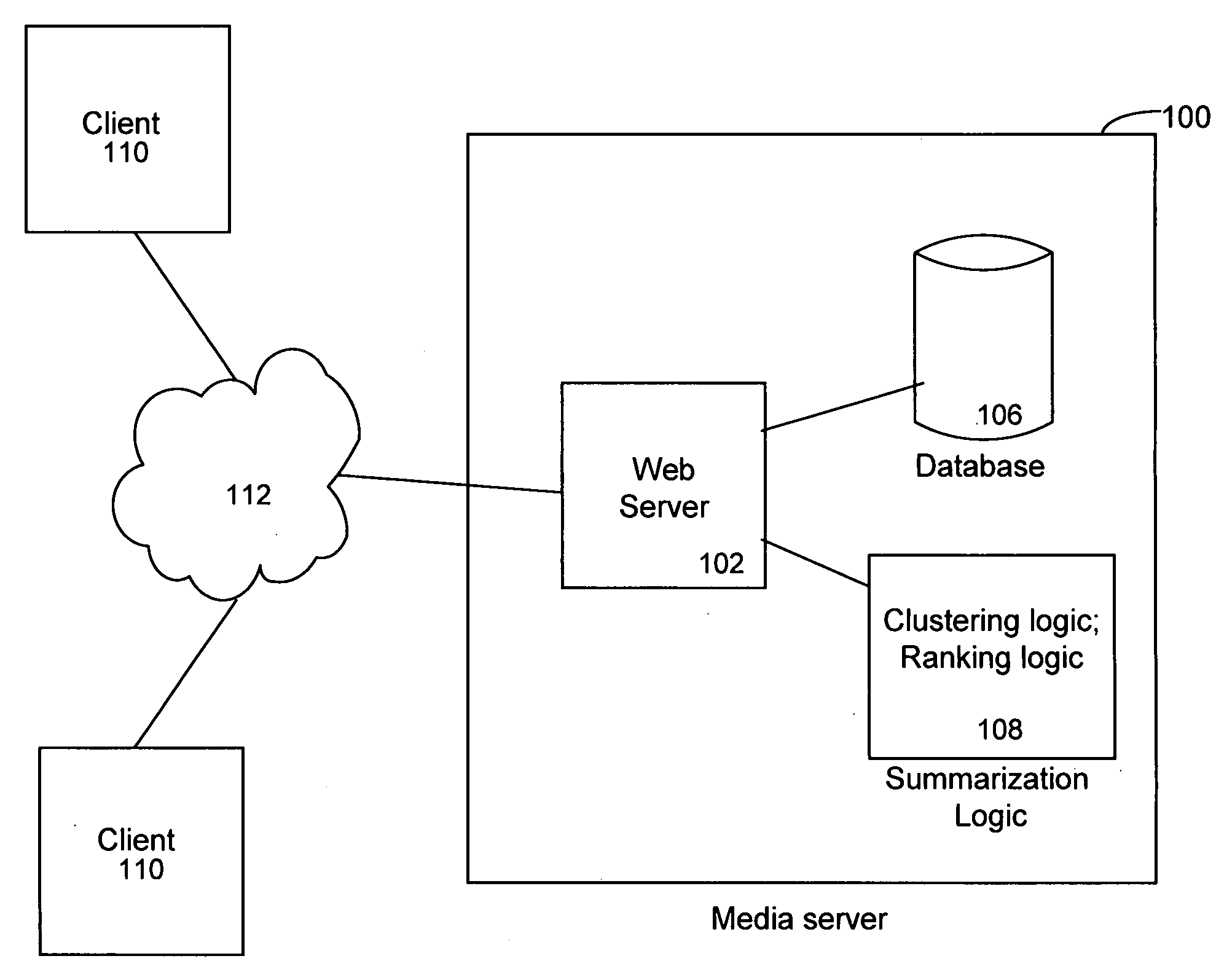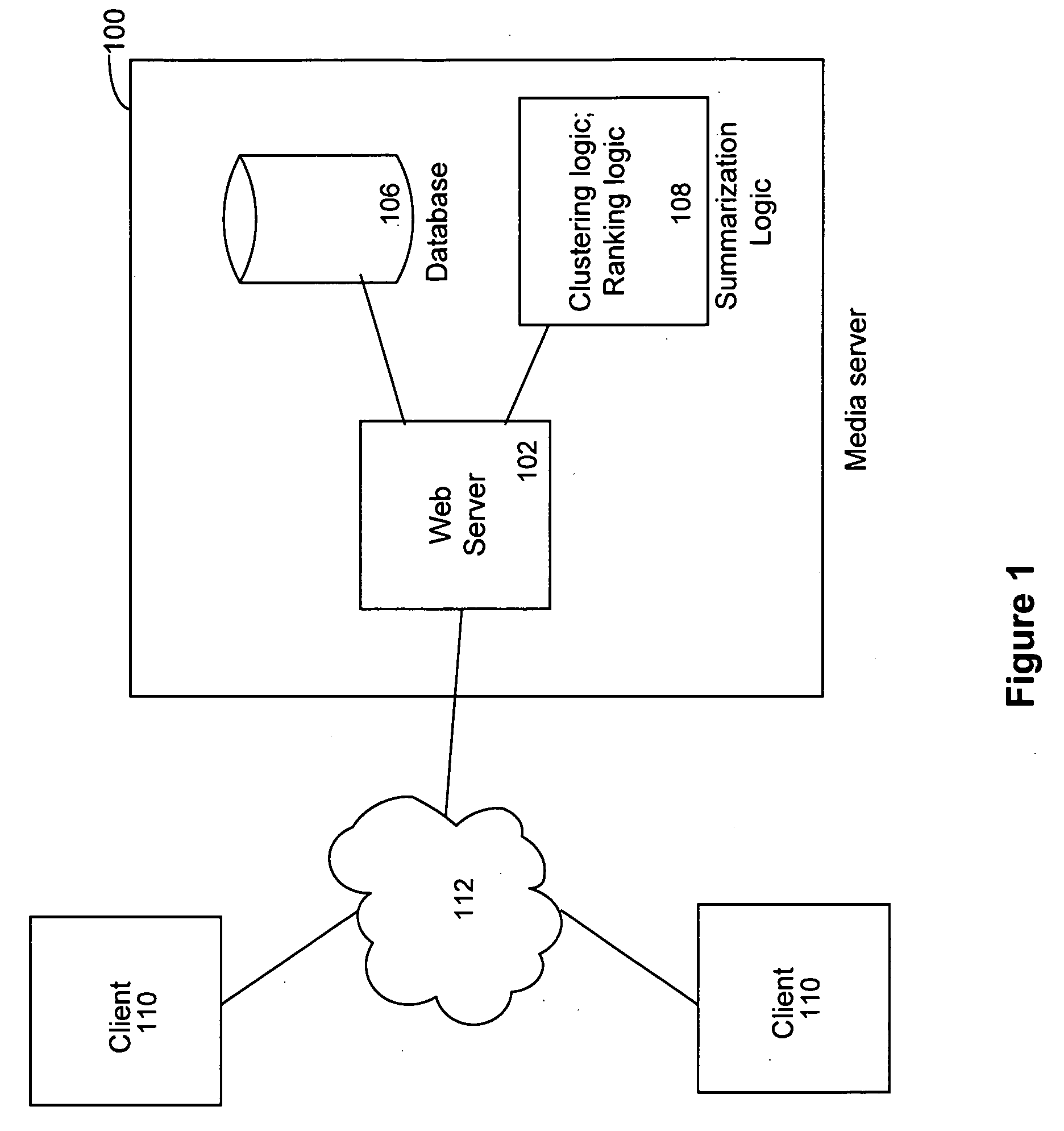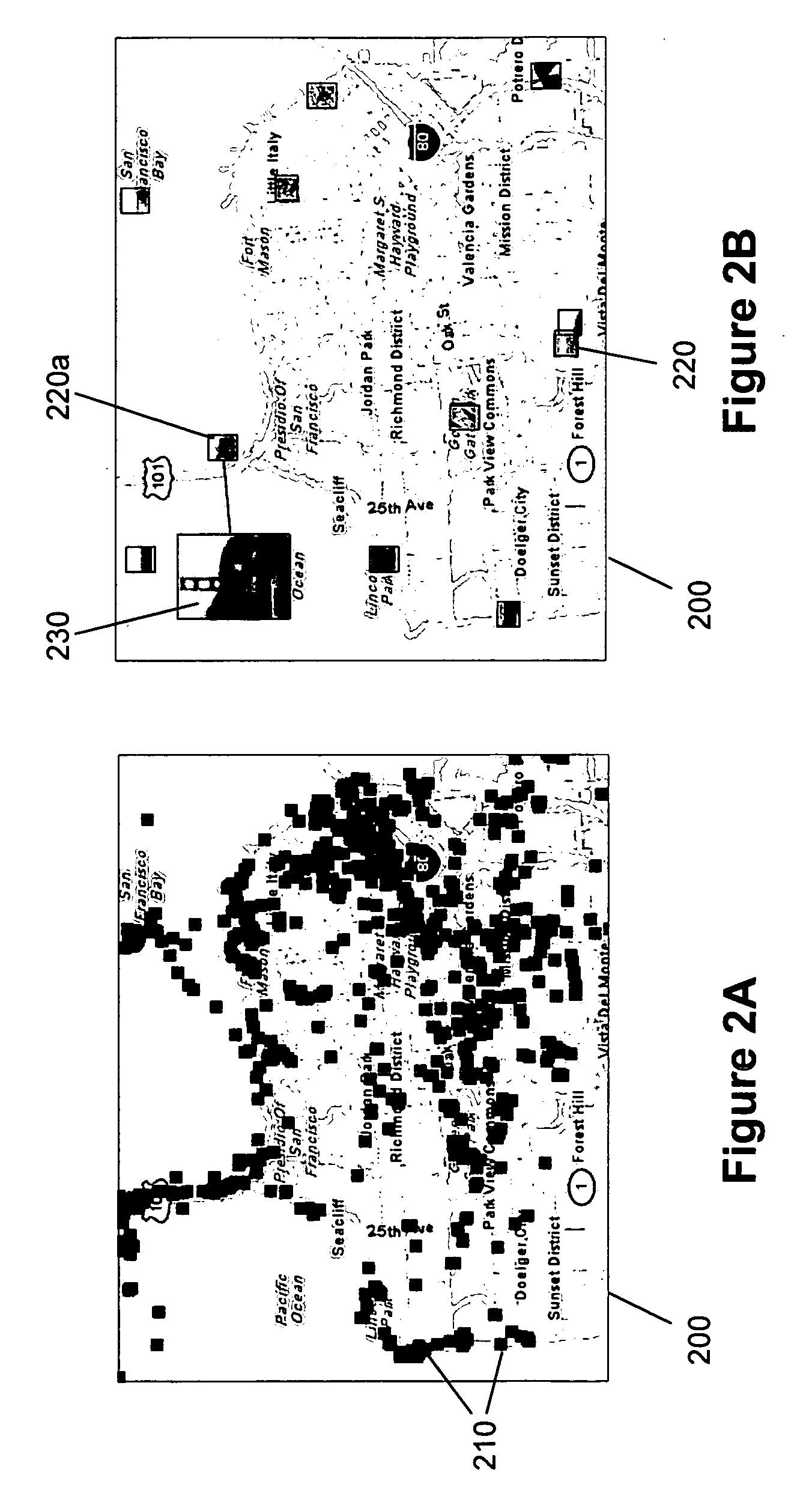Patents
Literature
6801 results about "Object based" patented technology
Efficacy Topic
Property
Owner
Technical Advancement
Application Domain
Technology Topic
Technology Field Word
Patent Country/Region
Patent Type
Patent Status
Application Year
Inventor
The term " object-based language " may be used in a technical sense to describe any programming language that uses the idea of encapsulating state and operations inside "objects". Object-based languages need not support inheritance or subtyping, but those that do are also said to be "object-oriented".
Method and apparatus for reconstructing data in object-based storage arrays
A method and apparatus for placing objects on a storage device of a storage system and reconstructing data of objects in the storage device. The storage system stores data as objects and implements a RAID architecture including a plurality of the storage devices, and a disk controller for processing Object-based Storage Device (OSD) commands. Each object includes data and attribute. Parity data is calculated for reconstructing an object upon occurrence of a storage device failure. Each storage device includes plural stripes each having a predetermined length. Each object is stored in a stripe wherein an attribute is stored in the head of the stripe and data is stored after the attribute. When the object size exceeds the stripe length, the remainder of the object is stored in the next stripe, and when another object is to be stored, an attribute is stored at a head of a further next stripe and data is stored just after the attribute.
Owner:GOOGLE LLC
Portable electronic device with multi-touch input
ActiveUS20070152984A1Input/output for user-computer interactionCathode-ray tube indicatorsObject basedImage resolution
A portable communication device with multi-touch input detects one or more multi-touch contacts and motions and performs one or more operations on an object based on the one or more multi-touch contacts and / or motions. The object has a resolution that is less than a pre-determined threshold when the operation is performed on the object, and the object has a resolution that is greater than the pre-determined threshold at other times.
Owner:APPLE INC
Application-specific object-based segmentation and recognition system
InactiveUS7227893B1Television system detailsPicture reproducers using cathode ray tubesObject basedApplication specific
A video detection and monitoring method and apparatus utilizes an application-specific object based segmentation and recognition system for locating and tracking an object of interest within a number of sequential frames of data collected by a video camera or similar device. One embodiment includes a background modeling and object segmentation module to isolate from a current frame at least one segment of the current frame containing a possible object of interest, and a classification module adapted to determine whether or not any segment of the output from the background modeling apparatus includes an object of interest and to characterize any such segment as an object segment. An object segment tracking apparatus is adapted to track the location within a current frame of any object segment and to determine a projected location of the object segment in a subsequent frame.
Owner:XLABS HLDG
Interactive directed light/sound system
InactiveUS7576727B2Input/output for user-computer interactionTelevision system detailsObject basedLight beam
An interactive directed beam system is provided. In one implementation, the system includes a projector, a computer and a camera. The camera is configured to view and capture information in an interactive area. The captured information may take various forms, such as, an image and / or audio data. The captured information is based on actions taken by an object, such as, a person within the interactive area. Such actions include, for example, natural movements of the person and interactions between the person and an image projected by the projector. The captured information from the camera is then sent to the computer for processing. The computer performs one or more processes to extract certain information, such as, the relative location of the person within the interactive area for use in controlling the projector. Based on the results generated by the processes, the computer directs the projector to adjust the projected image accordingly. The projected image can move anywhere within the confines of the interactive area.
Owner:MICROSOFT TECH LICENSING LLC
Planogram extraction based on image processing
ActiveUS8189855B2Enhancing efficiency and effectivenessQuick checkDigital output to print unitsThree-dimensional object recognitionPattern recognitionObject based
Image analysis techniques, including object recognition analysis, are applied to images obtained by one or more image capture devices deployed within inventory environments. The object recognition analysis provides object recognition data (that may include one or more recognized product instances) based on stored product (training) images. In turn, a variety of functionalities may be enabled based on the object recognition data. For example, a planogram may be extracted and compared to a target planogram, or at least one product display parameter for a product can be determined and used to assess presence of the product within the inventory environment, or to determine compliance of display of the product with a promotional objective. In yet another embodiment, comparisons may be made within a single image or between multiple images over time to detect potential conditions requiring response. In this manner, efficiency and effectiveness of many previously manually-implemented tasks may be improved.
Owner:ACCENTURE GLOBAL SERVICES LTD
Ranking Social Network Objects
An online social networking system can be used to rank social network objects of various different object types, each according to its type. The objects may comprise types such as users, communities, blogs, blog entries, events, forums, forum topics, postings, photographs, and / or images. The product comprises code for carrying out a method that begins with receiving ranking data about social network objects that comprises data about events performed on the social network. For each social network object, a ranking function is applied to ranking data about the social network object based on its type. In addition, the recency of an event on the social network related to the social network object is evaluated, in order to calculate the score for the social network object. A relative ranking for each of the plurality of social network objects based on its score is determined, and the score and relative ranking of each of the social network objects stored.
Owner:GOOGLE LLC
Realtime object tracking system
Owner:JOLLY SEVEN SERIES 70 OF ALLIED SECURITY TRUST I
Interface and system for providing persistent contextual relevance for commerce activities in a networked environment
InactiveUS7089237B2Improve experienceImprove user interactionData processing applicationsDigital data information retrievalObject basedSubject matter
A search and recommendation system employs the preferences and profiles of individual users and groups within a community of users, as well as information derived from categorically organized content pointers, to augment electronic commerce related searches, re-rank search results, and provide recommendations for commerce related objects based on an initial subject-matter query and an interaction history of a user. The search and recommendation system operates in the context of a content pointer manager, which stores individual users' content pointers (some of which may be published or shared for group use) on a centralized content pointer database connected to a network. The shared content pointer manager is implemented as a distributed program, portions of which operate on users' terminals and other portions of which operate on the centralized content pointer database. A user's content pointers are organized in accordance with a local topical categorical hierarchy. The hierarchical organization is used to define a relevance context within which returned objects are evaluated and ordered.
Owner:GOOGLE LLC
Detection of stock out conditions based on image processing
ActiveUS8630924B2Enhancing efficiency and effectivenessQuick checkElectric signal transmission systemsHand manipulated computer devicesPattern recognitionObject based
Owner:ACCENTURE GLOBAL SERVICES LTD
Determination of inventory conditions based on image processing
ActiveUS8009864B2Enhancing efficiency and effectivenessQuick checkHand manipulated computer devicesCharacter and pattern recognitionPattern recognitionPlanogram
Owner:ACCENTURE GLOBAL SERVICES LTD
Method and system for information discovery and text analysis
ActiveUS20090319518A1Web data indexingSpecial data processing applicationsInformation discoveryObject based
A method for searching text sources including temporally-ordered data objects, such as a blog, is provided including the steps of: (i) providing access to text sources, each text source including temporally-ordered data objects; (ii) obtaining or generating a search query based on terms and time intervals; (iii) obtaining or generating time data associated with the data objects; (iv) identifying data objects based on the search query; and (v) generating popularity curves based on the frequency of data objects corresponding to one or more of the search terms in the one or more time intervals. A system and computer program for text source searching is also provided.
Owner:MELTWATER NEWS INT HLDG
System and method for providing virtual video on demand
InactiveUS20060037037A1Reduce the possibilityIncrease in sizeAnalogue secracy/subscription systemsTwo-way working systemsCommunication interfaceObject based
A set top box, comprises storage storing the lead portion of one or more objects prior to receiving a request for consumption of one of the one or more objects; a user interface for receiving a request for consumption of the requested object; a communication interface for communicating with a remote device, the remote device initiating delivery of a balance portion of the requested object upon request; and a control module coupled to the storage device, to the user interface and to the communication interface for initiating consumption of the lead portion, for requesting delivery of the balance portion, and for receiving at least part of the balance portion of the object during consumption of the object. The size of the lead portion may be computed to reduce the likelihood of consumption interruption. The size of the lead portion may be computed based on communication channel conditions. The size of the lead portion may computed based on the worst case channel condition over a predetermined window of time. The size of the lead portion may be computed by an algorithm accounting for download speed, object size, and playback time. The size of the lead portion may be computed so that the final bit of the balance portion of the object is expected to be received before the final bit is needed for consumption. The size of the lead portion may be computed based on object popularity. The size of the lead portion may be increased based on the expected demand of the object.
Owner:VUDU
Additive independent object modification
Disclosed is a method, a system and a computer readable medium for additive independent object modification. The method includes determining an association between an independent object modification and a base object of a software application, modifying at least one element of the base object based on the associated independent object modification, and configuring the software application to execute in a computer system using the modified base object.
Owner:BMC SOFTWARE
System and method for generating a playlist from a mood gradient
ActiveUS20090063414A1More experienceSmoother and more enjoyable music playback experienceMetadata audio data retrievalRecording carrier detailsObject basedThree-dimensional space
Systems and methods for generating and playing a sequence of media objects based on a mood gradient are also disclosed. A mood gradient is a sequence of items, in which each item is media object having known characteristics or a representative set of characteristics of a media object, that is created or used by a user for a specific purpose. Given a mood gradient, one or more new media objects are selected for each item in the mood gradient based on the characteristics associated with that item. In this way, a sequence of new media objects is created but the sequence exhibits a similar variation in media object characteristics. The mood gradient may be presented to a user or created via a display illustrating a three-dimensional space in which each dimension corresponds to a different characteristic. The mood gradient may be represented as a path through the three-dimensional space and icons representing media objects are located within the three-dimensional space based on their characteristics.
Owner:R2 SOLUTIONS
Determination of product display parameters based on image processing
InactiveUS7949568B2Enhancing efficiency and effectivenessQuick checkHand manipulated computer devicesOptical rangefindersPattern recognitionImaging processing
Image analysis techniques, including object recognition analysis, are applied to images obtained by one or more image capture devices deployed within inventory environments. The object recognition analysis provides object recognition data (that may include one or more recognized product instances) based on stored product (training) images. In turn, a variety of functionalities may be enabled based on the object recognition data. For example, a planogram may be extracted and compared to a target planogram, or at least one product display parameter for a product can be determined and used to assess presence of the product within the inventory environment, or to determine compliance of display of the product with a promotional objective. In yet another embodiment, comparisons may be made within a single image or between multiple images over time to detect potential conditions requiring response. In this manner, efficiency and effectiveness of many previously manually-implemented tasks may be improved.
Owner:ACCENTURE GLOBAL SERVICES LTD
Architecture for controlling a computer using hand gestures
InactiveUS7665041B2Reduce computing loadReduced representation of imageInput/output for user-computer interactionCharacter and pattern recognitionPattern recognitionObject based
Owner:MICROSOFT TECH LICENSING LLC
Multi-lens camera
InactiveUS20130258044A1Expand the borderLow production costTelevision system detailsMeasurement/indication equipmentsCamera lensObject based
A camera with multiple lenses and multiple sensors wherein each lens / sensor pair generates a sub-image of a final photograph or video. Different embodiments include: manufacturing all lenses as a single component; manufacturing all sensors as one piece of silicon; different lenses incorporate filters for different wavelengths, including IR and UV; non-circular lenses; different lenses are different focal lengths; different lenses focus at different distances; selection of sharpest sub-image; blurring of selected sub-images; different lens / sensor pairs have different exposures; selection of optimum exposure sub-images; identification of distinct objects based on distance; stereo imaging in more than one axis; and dynamic optical center-line calibration.
Owner:ZETTA RES & DEV - FORC SERIES
Object-based on-line transaction infrastructure
InactiveUS20050004978A1Function increaseCommerceSpecial data processing applicationsObject basedThe Internet
A computer implemented method for on-line purchasing via the global Internet. At a node connected to the Internet, customer data usable to automatically complete an on-line purchase by the customer of an item from a seller is received and stored. From a server, via the Internet, information is published to a computer of the customer, from the seller, with respect to an item, including metadata for use in associating said customer data with a customer action to purchase said item. A purchase indication is received from the customer computer, including at least a portion of said metadata for use in associating a customer purchase action with the item and metadata for use in associating said customer data with said transaction. In response to receiving said metadata for use in associating a customer purchase action with the item, the purchase is automatically completed by processing said metadata associating said customer data.
Owner:REED DRUMMOND SHATTUCK +5
Imaging apparatus, imaging system, and imaging method
InactiveUS20090040324A1Television system detailsCharacter and pattern recognitionObject basedImage conversion
An imaging apparatus includes an imaging section converting an image into image data, an image classifying section classifying the image data, and a display section for displaying information regarding a recommended image as a shooting object based on a classification result by the image classifying section. Further, a server having a shooting assist function receives image data from an imaging apparatus that has an imaging section converting an image into the image data and includes a scene determining section classifying the received image data and determining whether a typical image has been taken repeatedly, a guide information section outputting information regarding a recommended image as a shooting object based on a determination result by the scene determining section, and a communication section outputting the information to the imaging apparatus.
Owner:OLYMPUS CORP
System and method for customizing search results based on searcher's actual geographic location
InactiveUS20050080786A1Sophisticated search queryDigital data information retrievalSpecial data processing applicationsObject basedData mining
This invention provides a system and method for customizing search results based on the searcher's actual geographic location when the search query was sent out via a wireless device. The searcher's geographic location information is extracted from, for example, the signals carrying the search query. The search engine compares the searcher's actual geographic location information against the geographic location information contained in the searchable resources to determine one or more parameters and then filters and ranks the search objects based on the determined parameters.
Owner:AOL LLC A DELAWARE LLC
System for Rendering and Playback of Object Based Audio in Various Listening Environments
ActiveUS20150223002A1Transducers for sound channels pluralityPublic address systemsObject basedData set
Embodiments are described for a system of rendering object-based audio content through a system that includes individually addressable drivers, including at least one driver that is configured to project sound waves toward one or more surfaces within a listening environment for reflection to a listening area within the listening environment; a renderer configured to receive and process audio streams and one or more metadata sets associated with each of the audio streams and specifying a playback location of a respective audio stream; and a playback system coupled to the renderer and configured to render the audio streams to a plurality of audio feeds corresponding to the array of audio drivers in accordance with the one or more metadata sets.
Owner:DOLBY LAB LICENSING CORP
Method and apparatus for sharing common data objects among multiple applications in a client device
InactiveUS6934740B1Readily apparentData processing applicationsMultiple digital computer combinationsObject basedSoftware architecture
Disclosed is software architecture and method for sharing data objects among multiple applications in a client device. The architecture includes a server process in the client device for processing a template, such as a SHTML template for the Extended Markup Language (XML), based on a template identifier value received from a user application. Each of multiple applications has a template. Each template identifies a series of objects identified by tag values, such as XML entities, that are to be incorporated into a display page. A database of objects, such as a database of XML entities identified by tag values, is maintained that contains data objects for the applications. An update process periodically establishes a communication link with a remote server and requests download of a data document containing content data corresponding to at least a portion of several of the templates. The data document is parsed into the database of objects based on the structure of the data document, which generally conforms to a data type definition. When the server process processes different templates that reference the same data object, it will retrieve the data object from the database. Each template may then be rendered into a page of output data for display to a user. The architecture and method according to the present invention thus permit data objects to be shared by multiple applications and to be automatically updated. Each time a data object is updated, the data will be current for each user application that references the data object.
Owner:HEWLETT-PACKARD ENTERPRISE DEV LP +1
Method and apparatus for providing plug in media decoders
InactiveUS6216152B1Data processing applicationsInterprogram communicationObject basedApplication software
A method and apparatus for providing plug-in media decoders. Embodiments provide a "plug-in" decoder architecture that allows software decoders to be transparently downloaded, along with media data. User applications are able to support new media types as long as the corresponding plug-in decoder is available with the media data. Persistent storage requirements are decreased because the downloaded decoder is transient, existing in application memory for the duration of execution of the user application. The architecture also supports use of plug-in decoders already installed in the user computer. One embodiment is implemented with object-based class files executed in a virtual machine to form a media application. A media data type is determined from incoming media data, and used to generate a class name for a corresponding codec (coder-decoder) object. A class path vector is searched, including the source location of the incoming media data, to determine the location of the codec class file for the given class name. When the desired codec class file is located, the virtual machine's class loader loads the class file for integration into the media application. If the codec class file is located across the network at the source location of the media data, the class loader downloads the codec class file from the network. Once the class file is loaded into the virtual machine, an instance of the codec class is created within the media application to decode / decompress the media data as appropriate for the media data type.
Owner:ORACLE INT CORP
Apparatus, method and article for evaluating a stack of objects in an image
InactiveUS20110052049A1Image analysisCharacter and pattern recognitionPattern recognitionColor image
An object evaluation system may determine a value for a stack of objects that appear in a pixelated color image. To determine the value of the stack of objects, the evaluation system preprocess at least a portion of the pixelated color image to produce a set of two color contour data, processes the two color contour data to identify a location of a top and a bottom of the stack (if any), and locates, for each of the objects in the stack, a respective set of color pixels from the pixelated color image corresponding to each object based on the identified locations of the top and bottom of the stack. Each of the objects in the stack are then classified into a color classification based on the object's respective set of color pixels, and the value of the object is determined based on a known correspondence between the color classification and a value. The cumulative value of the stack is determined by summing the determined values for each of the objects in the stack.
Owner:BALLY GAMING INC
Method, system, and program product for organizing a database
InactiveUS20080059515A1Digital data information retrievalDigital data processing detailsObject basedWorld Wide Web
The invention provides a method, system, and program product for organizing a database containing a plurality of objects based on a task list of a user. In one embodiment, the invention includes accessing a database containing a plurality of objects; defining at least one of the plurality of objects as included in a task list of a user; displaying the defined object(s); determining a time at which each defined object was last accessed by the user; modifying the display based on at least one determined value; and searching the modified display.
Owner:IBM CORP
Data file migration from a mirrored RAID to a non-mirrored XOR-based RAID without rewriting the data
InactiveUS6985995B2Improve performanceImprove reliabilityData processing applicationsMemory loss protectionRAIDObject based
A data storage methodology wherein a data file is initially stored in a format consistent with RAID-1 and RAID-X and then migrated to a format consistent with RAID-X and inconsistent with RAID-1 when the data file grows in size beyond a certain threshold. Here, RAID-X refers to any non-mirrored storage scheme employing XOR-based error correction coding (e.g., a RAID-5 configuration). Each component object (including the data objects and the parity object) for the data file is configured to be stored in a different stripe unit per object-based secure disk. Each stripe unit may store, for example, 64 KB of data. So long as the data file does not grow beyond the size threshold of a stripe unit (e.g., 64 KB), the parity stripe unit contains a mirrored copy of the data stored in one of the data stripe units because of the exclusive-ORing of the input data with “all zeros” assumed to be contained in empty or partially-filled stripe units. When the file grows beyond the size threshold, the parity stripe unit starts storing parity information instead of a mirrored copy of the file data. Thus, the data file can be automatically migrated from a format consistent with RAID-1 and RAID-X to a format consistent with RAID-X and inconsistent with RAID-1 without the necessity to duplicate or rewrite the stored data.
Owner:PANASAS INC
Planogram Extraction Based On Image Processing
ActiveUS20090059270A1Improve efficiencyImprove effectivenessDigital output to print unitsThree-dimensional object recognitionPattern recognitionObject based
Image analysis techniques, including object recognition analysis, are applied to images obtained by one or more image capture devices deployed within inventory environments. The object recognition analysis provides object recognition data (that may include one or more recognized product instances) based on stored product (training) images. In turn, a variety of functionalities may be enabled based on the object recognition data. For example, a planogram may be extracted and compared to a target planogram, or at least one product display parameter for a product can be determined and used to assess presence of the product within the inventory environment, or to determine compliance of display of the product with a promotional objective. In yet another embodiment, comparisons may be made within a single image or between multiple images over time to detect potential conditions requiring response. In this manner, efficiency and effectiveness of many previously manually-implemented tasks may be improved.
Owner:ACCENTURE GLOBAL SERVICES LTD
Clustered hierarchical file services
ActiveUS20050195660A1Make up for deficienciesData processing applicationsDigital data information retrievalCommand-line interfaceGraphics
A system for object-based archival data storage includes an object-based storage subsystem having respective data storage devices, at least one file presentation interface that interfaces to client platforms, an administration interface having graphical user interface (GUI) and a command line interface (CLI), a meta data subsystem for storing meta data about files, and includes a virtual file subsystem having a virtual file server (VFS), a policy subsystem, and a scalable interconnect to couple the object-based storage subsystem, the at least one file presentation interface, the administration interface, the meta data subsystem, and the policy subsystem, wherein the policy subsystem provides system rules predetermined by a user for at least one of hash based integrity checking, read-only / write-ability / erase-ability control, and duplicate data treatment corresponding to files and file objects.
Owner:ORACLE INT CORP
Fast primary cluster recovery
ActiveUS20090006888A1Easy to copyDigital data processing detailsRedundant data error correctionFailoverObject based
A cluster recovery process is implemented across a set of distributed archives, where each individual archive is a storage cluster of preferably symmetric nodes. Each node of a cluster typically executes an instance of an application that provides object-based storage of fixed content data and associated metadata. According to the storage method, an association or “link” between a first cluster and a second cluster is first established to facilitate replication. The first cluster is sometimes referred to as a “primary” whereas the “second” cluster is sometimes referred to as a “replica.” Once the link is made, the first cluster's fixed content data and metadata are then replicated from the first cluster to the second cluster, preferably in a continuous manner. Upon a failure of the first cluster, however, a failover operation occurs, and clients of the first cluster are redirected to the second cluster. Upon repair or replacement of the first cluster (a “restore”), the repaired or replaced first cluster resumes authority for servicing the clients of the first cluster. This restore operation preferably occurs in two stages: a “fast recovery” stage that involves preferably “bulk” transfer of the first cluster metadata, following by a “fail back” stage that involves the transfer of the fixed content data. Upon receipt of the metadata from the second cluster, the repaired or replaced first cluster resumes authority for the clients irrespective of whether the fail back stage has completed or even begun.
Owner:HITACHI VANTARA LLC
Summarization of media object collections
In one example, an apparatus and method are provided for summarizing (or selecting a representative subset from) a collection of media objects. A method includes selecting a subset of media objects from a collection of geographically-referenced (e.g., via GPS coordinates) media objects based on a pattern of the media objects within a spatial region. The media objects may further be selected based on (or be biased by) various social aspects, temporal aspects, spatial aspects, or combinations thereof relating to the media objects and / or a user. Another method includes clustering a collection of media objects in a cluster structure having a plurality of subclusters, ranking the media objects of the plurality of subclusters, and selection logic for selecting a subset of the media objects based on the ranking of the media objects.
Owner:VERIZON PATENT & LICENSING INC
Features
- R&D
- Intellectual Property
- Life Sciences
- Materials
- Tech Scout
Why Patsnap Eureka
- Unparalleled Data Quality
- Higher Quality Content
- 60% Fewer Hallucinations
Social media
Patsnap Eureka Blog
Learn More Browse by: Latest US Patents, China's latest patents, Technical Efficacy Thesaurus, Application Domain, Technology Topic, Popular Technical Reports.
© 2025 PatSnap. All rights reserved.Legal|Privacy policy|Modern Slavery Act Transparency Statement|Sitemap|About US| Contact US: help@patsnap.com
